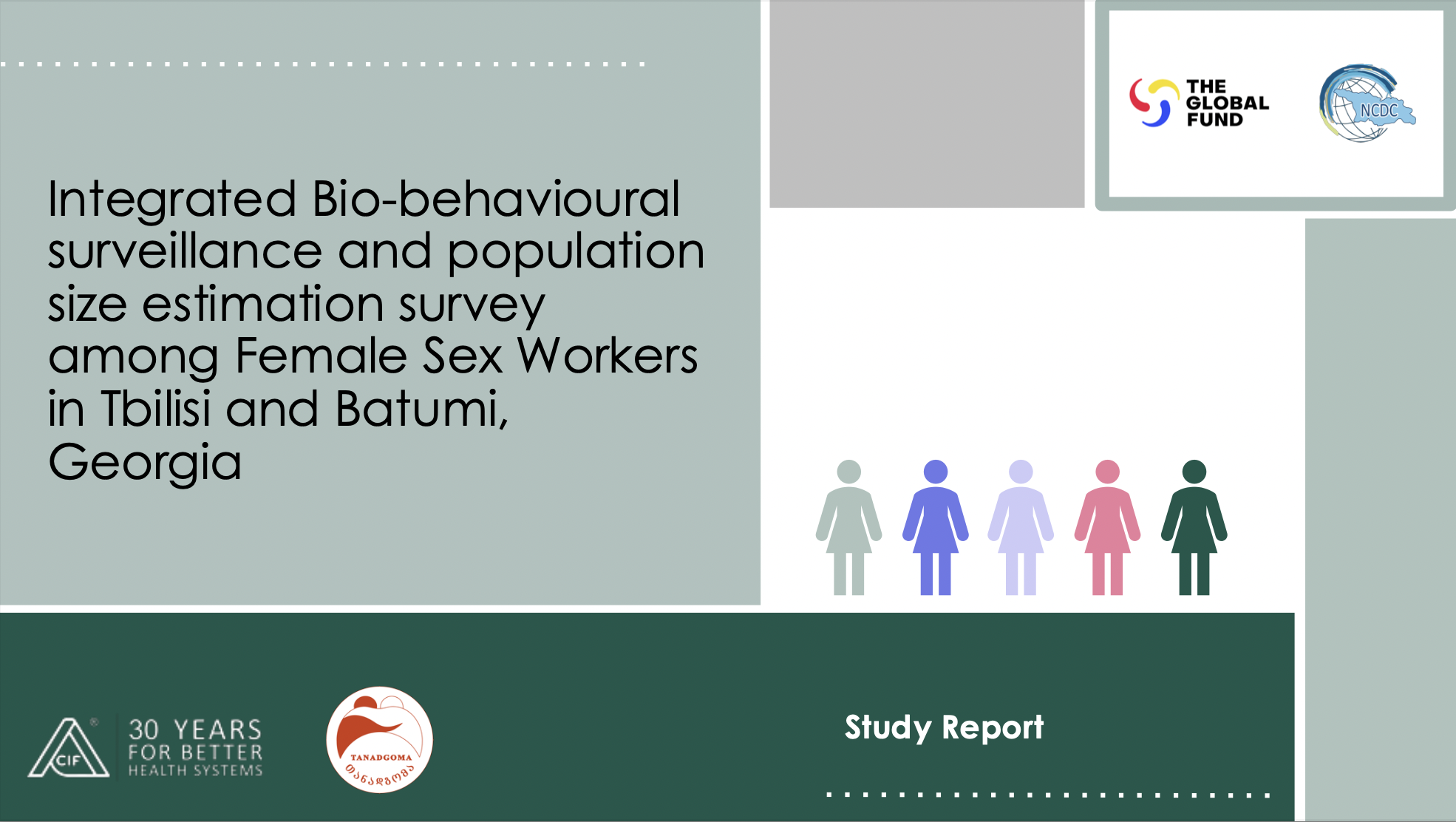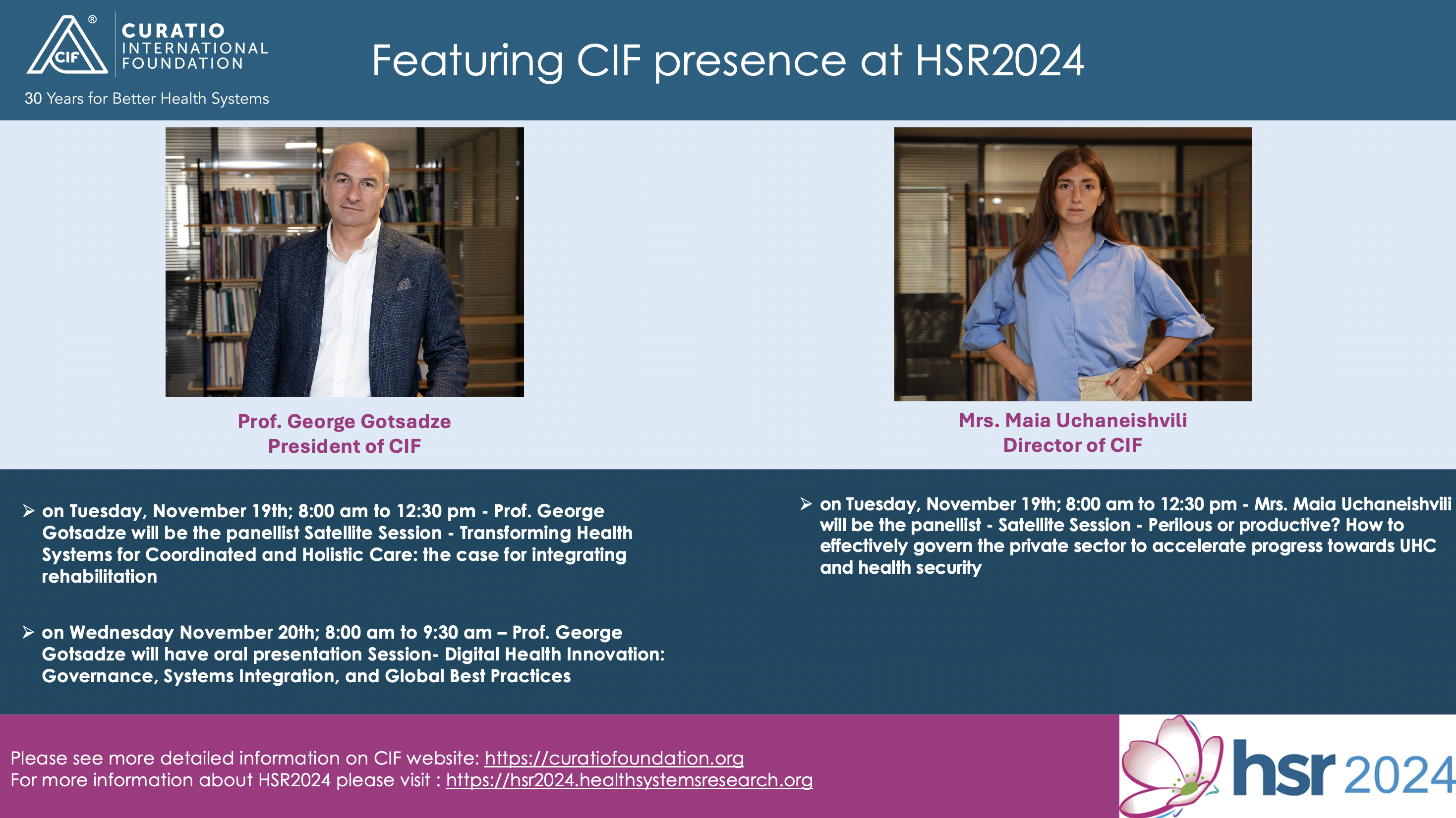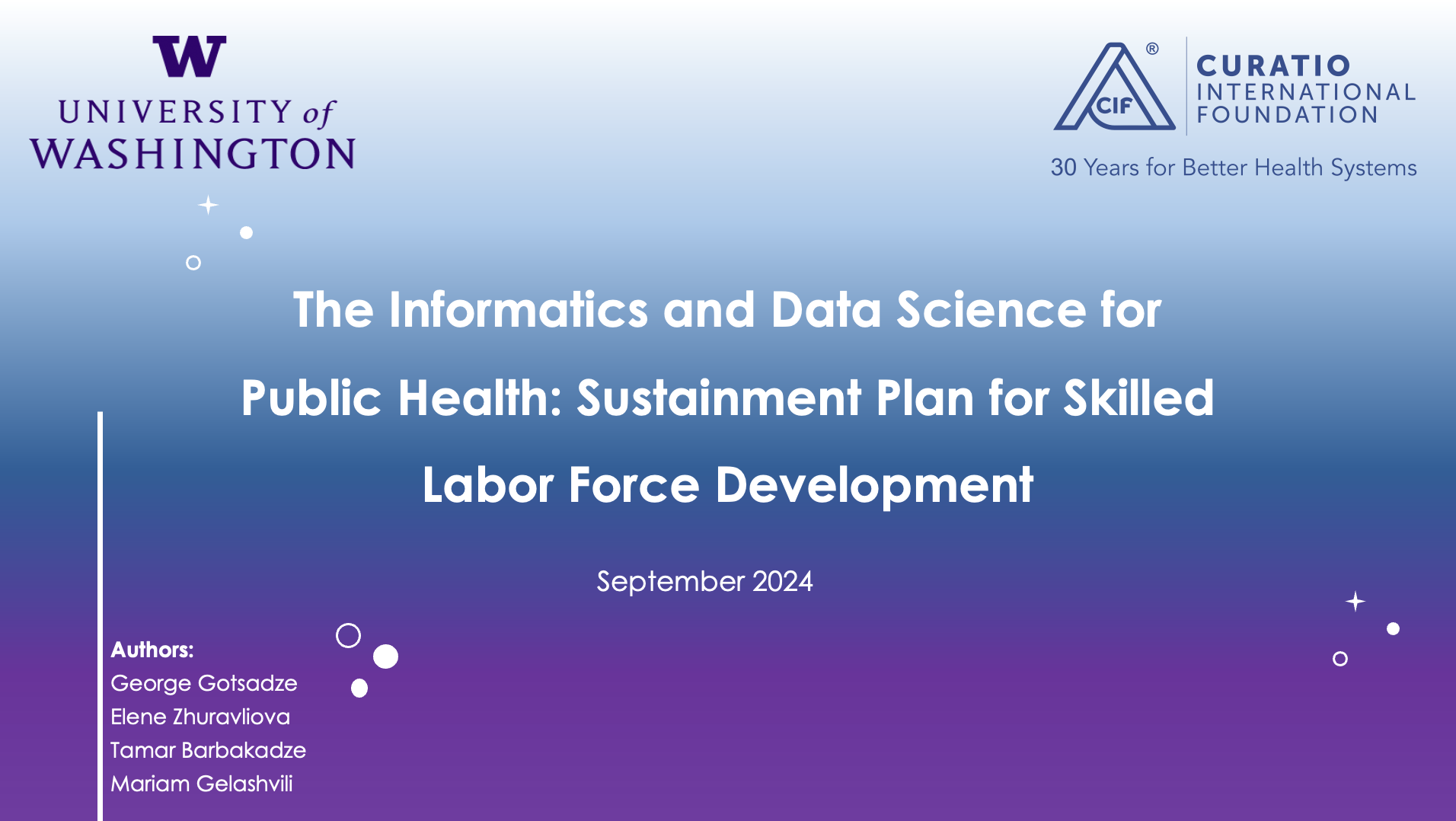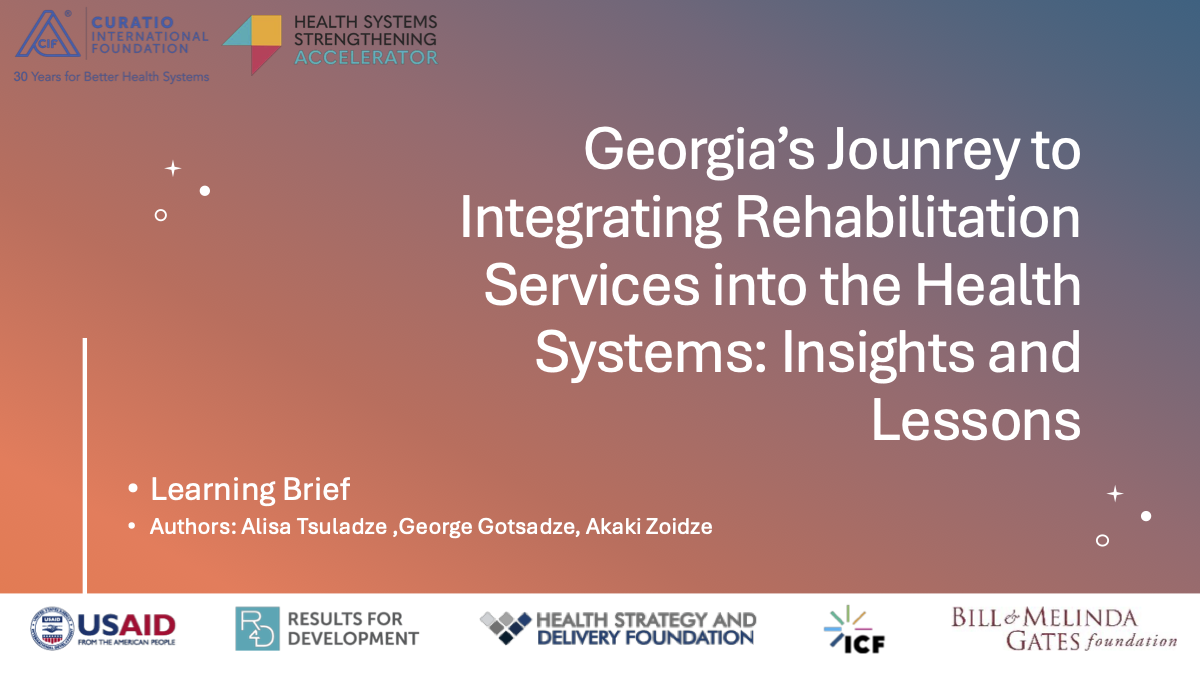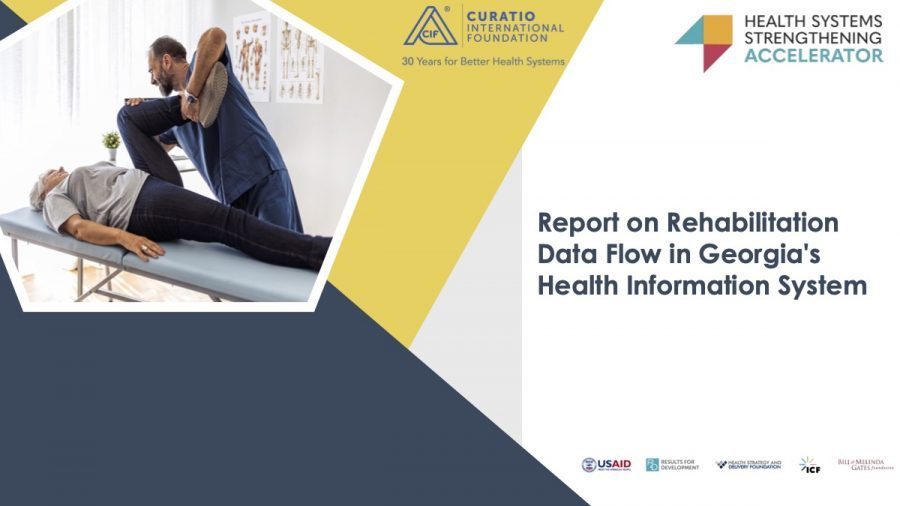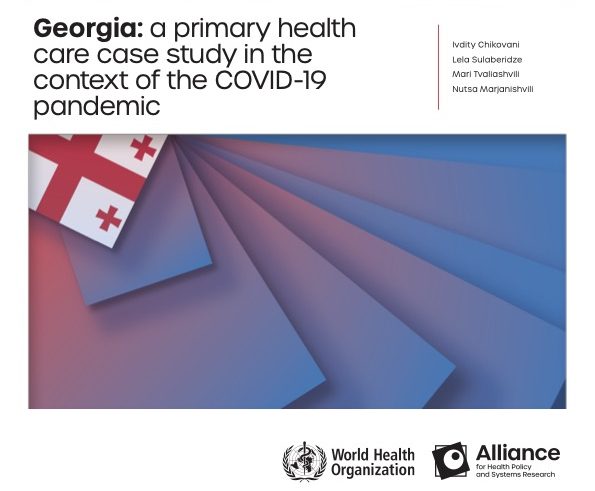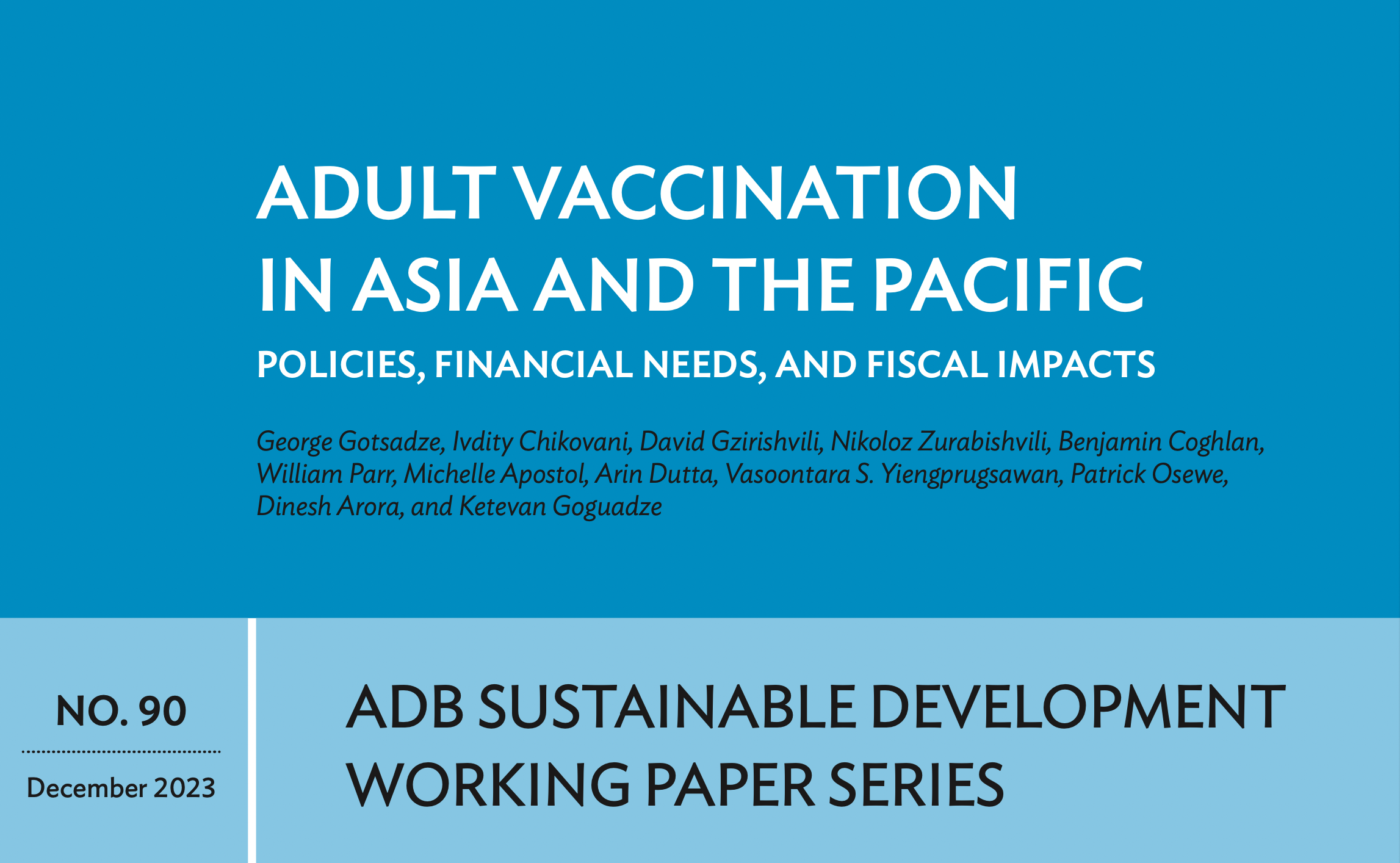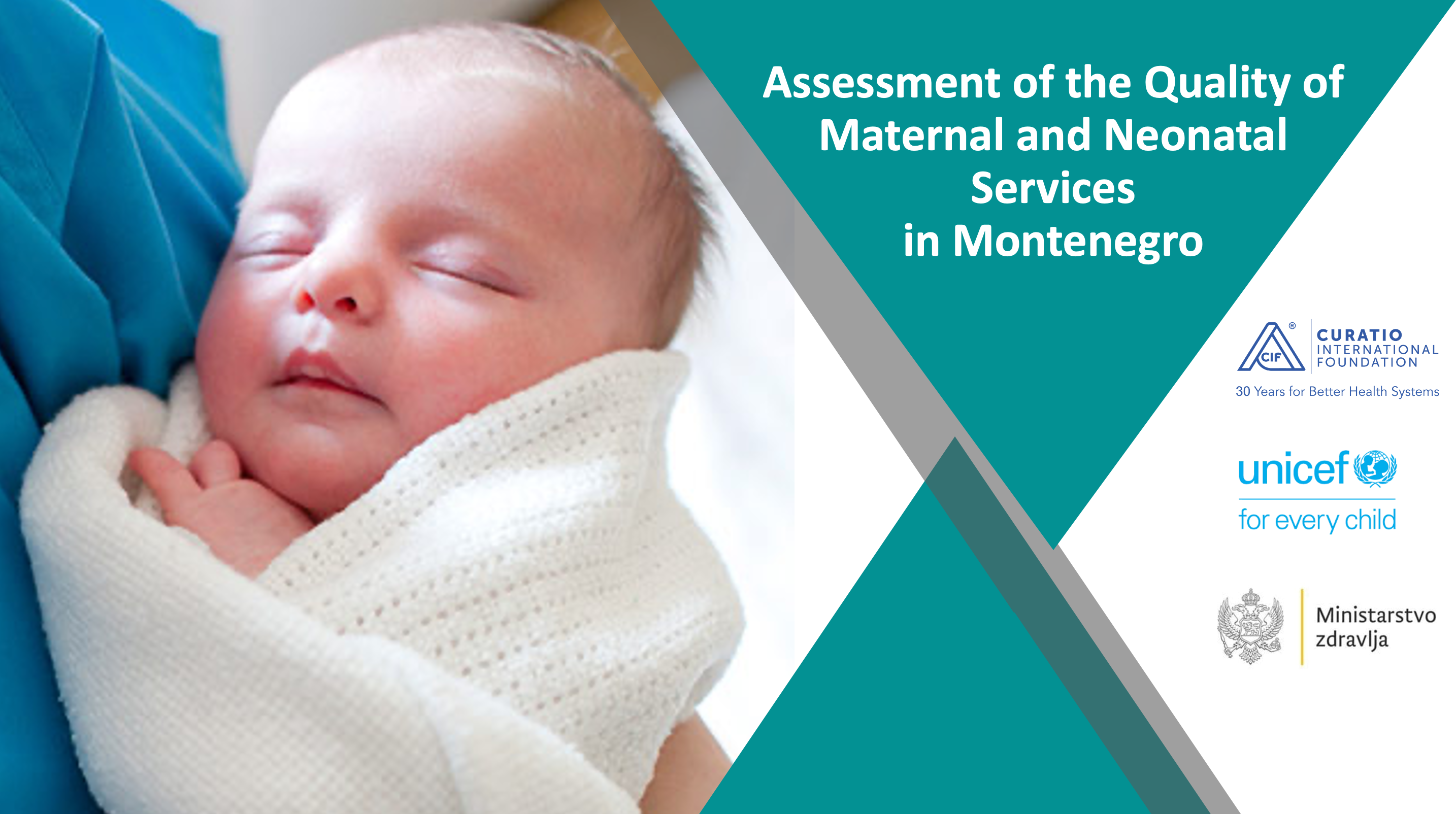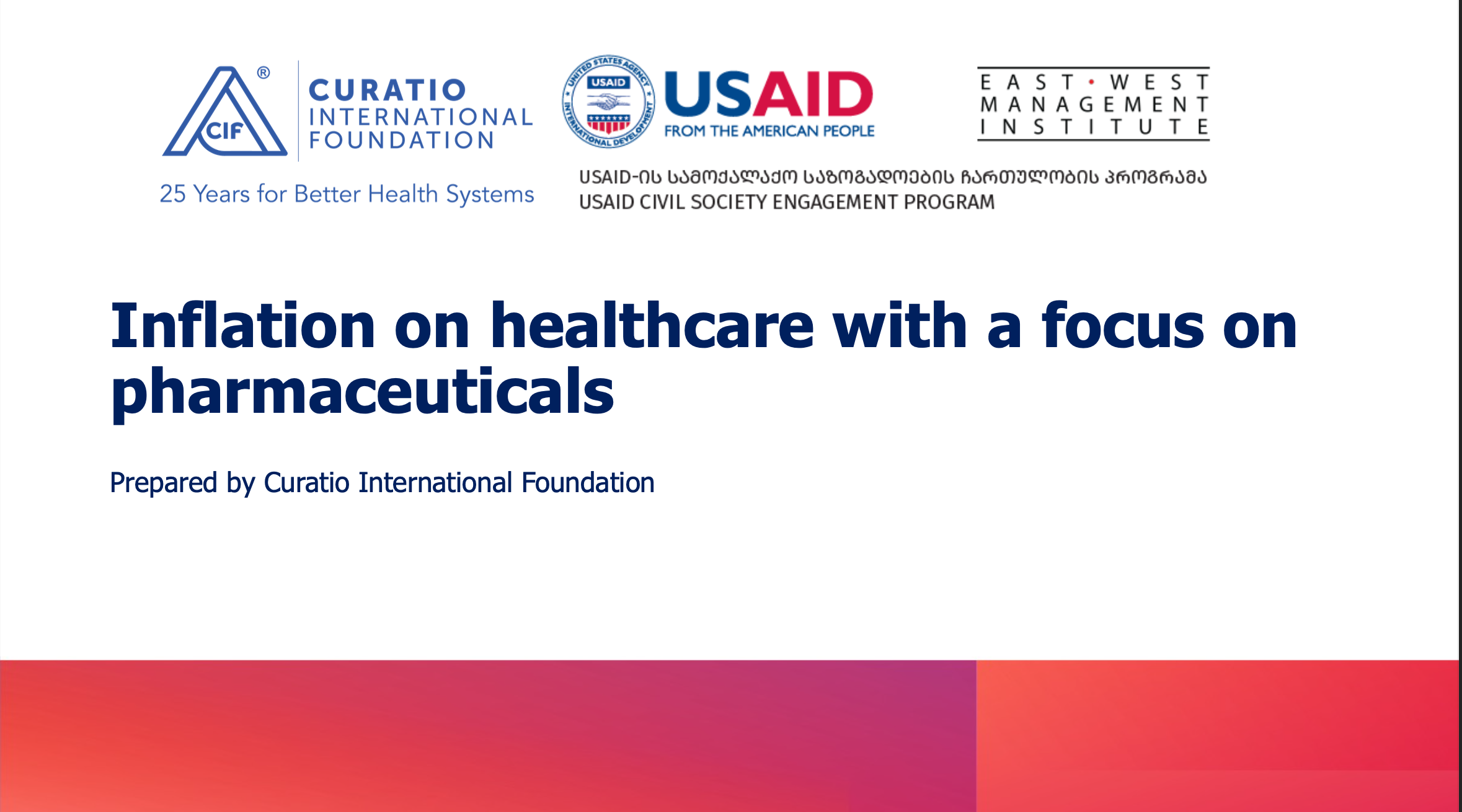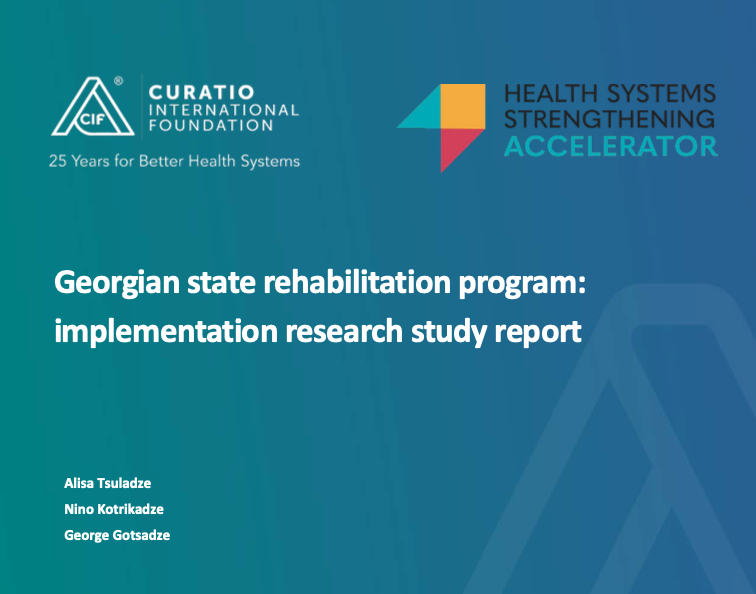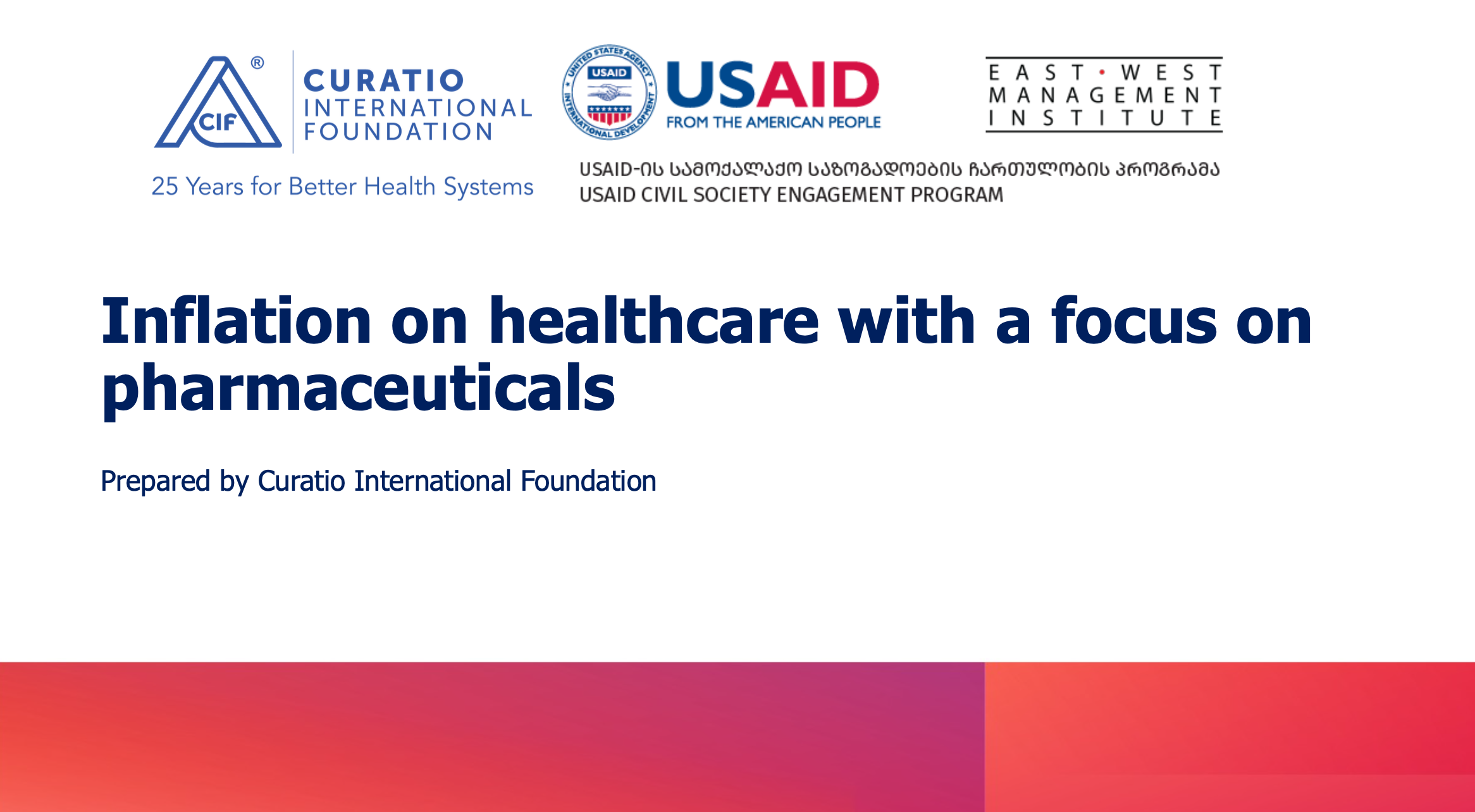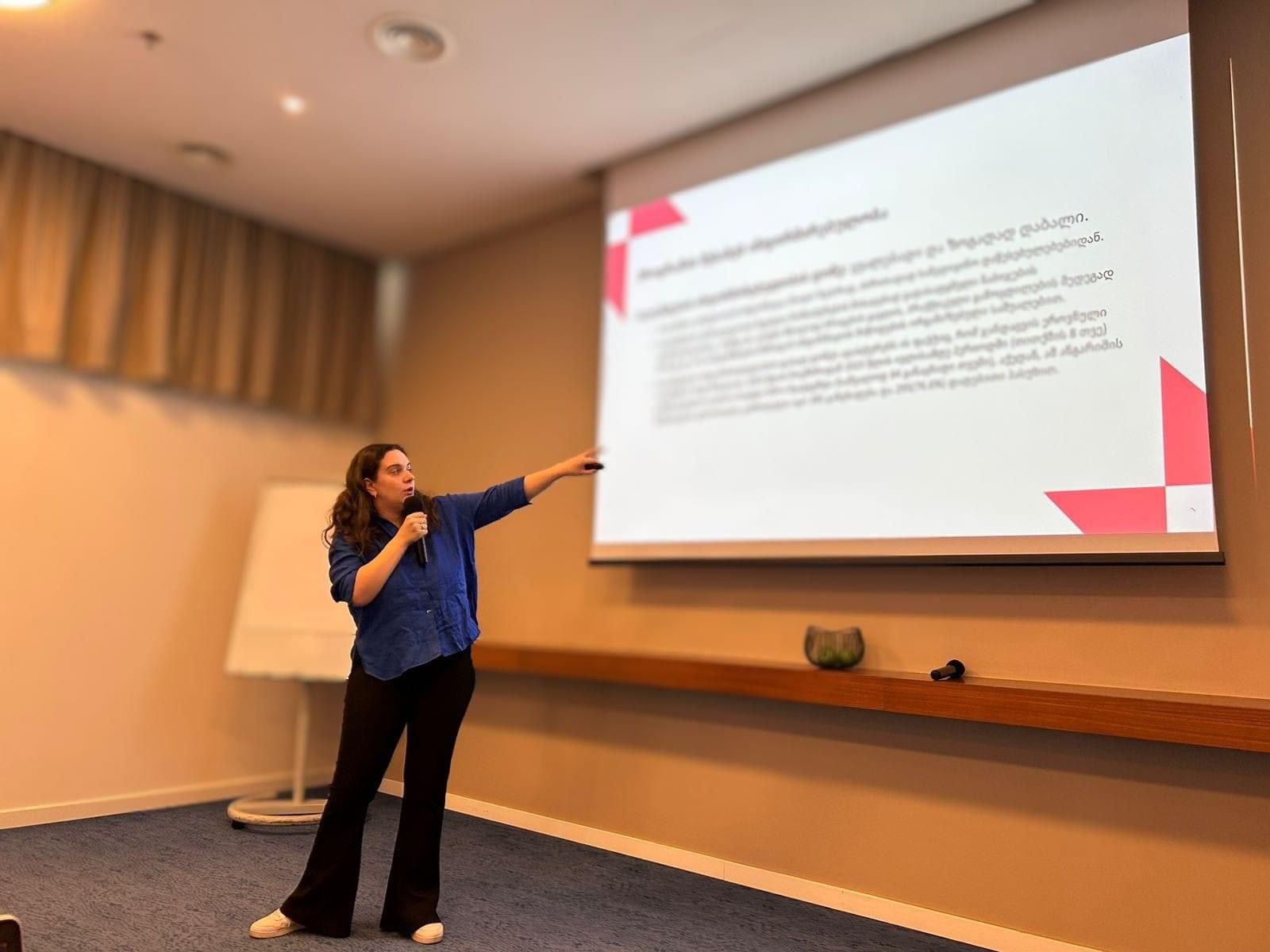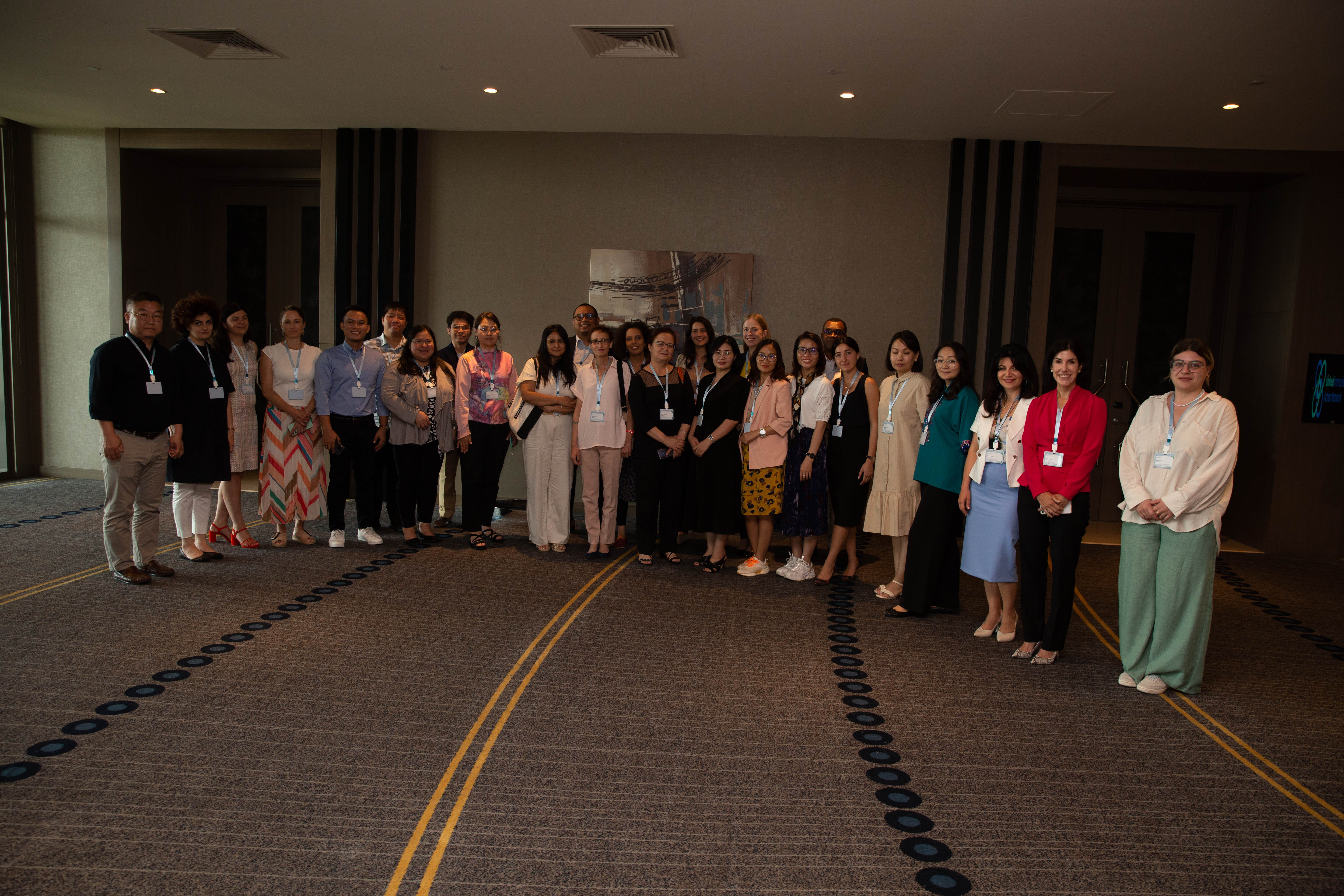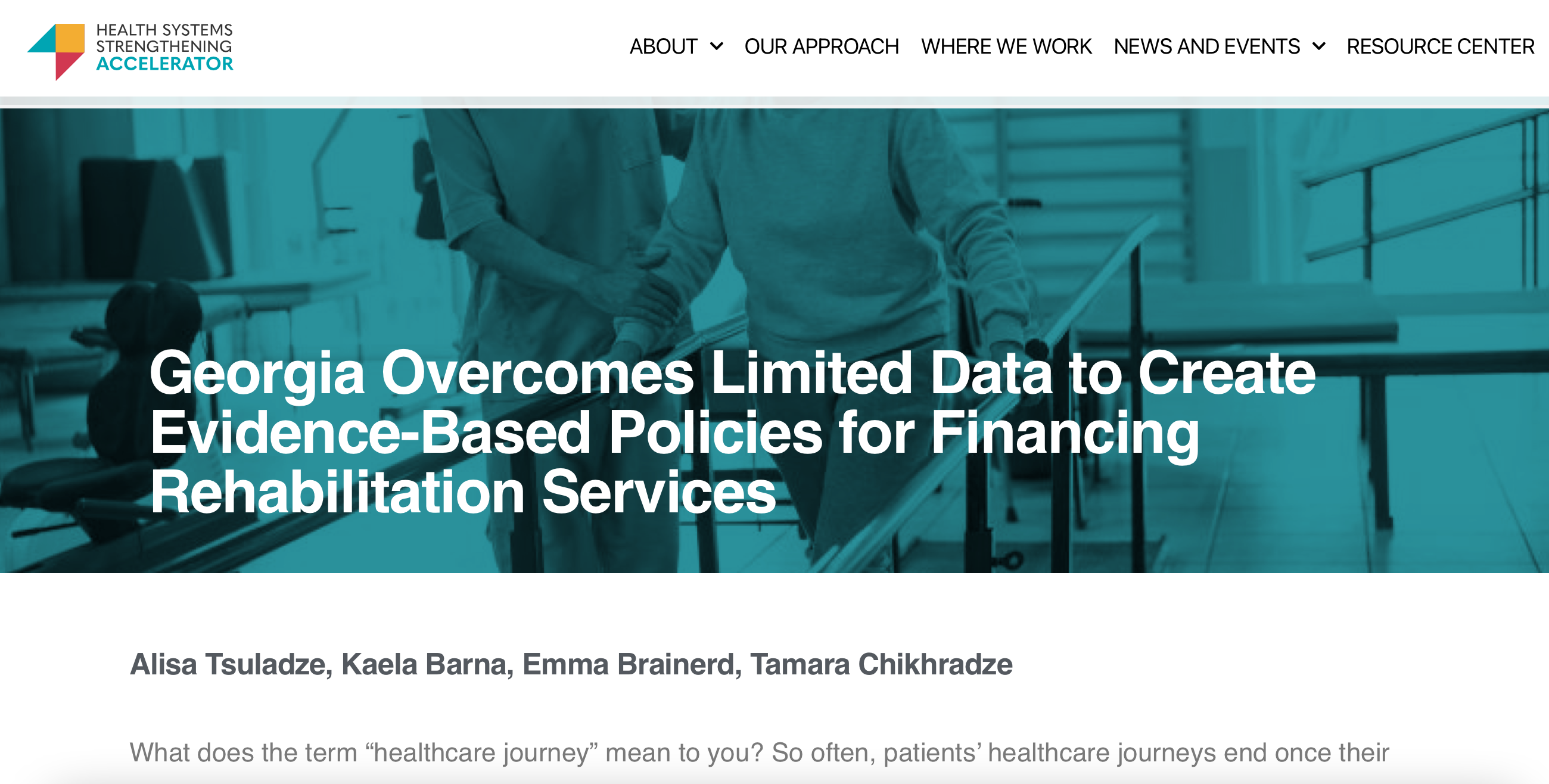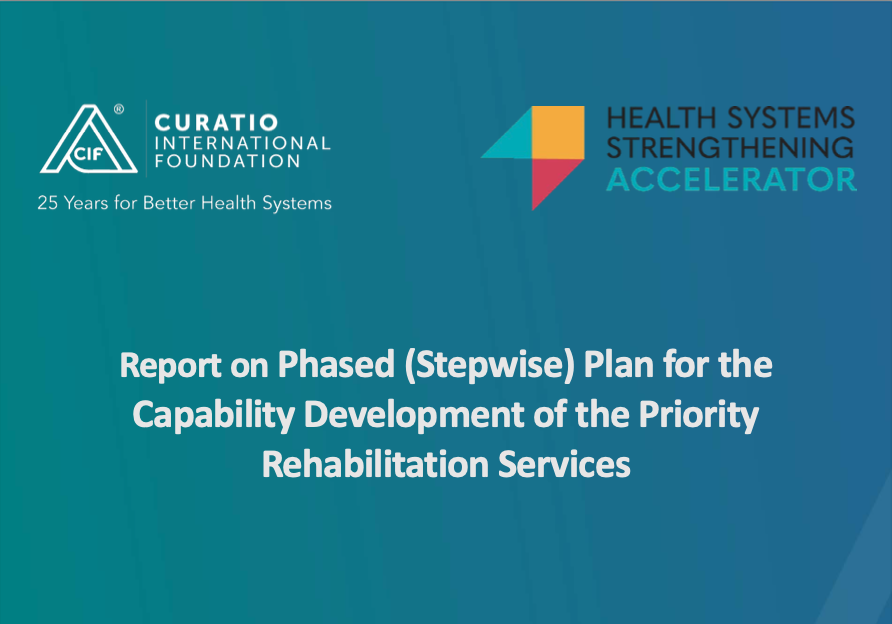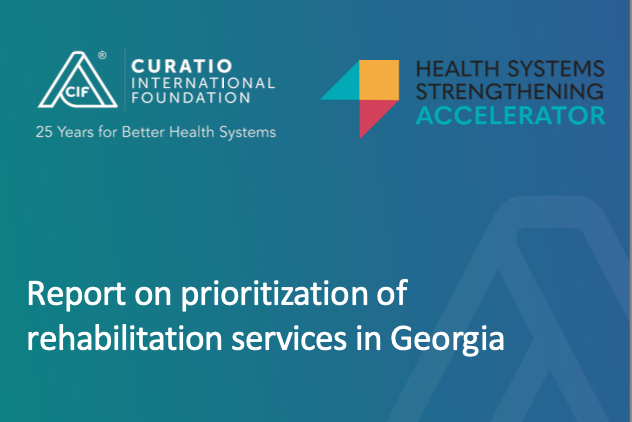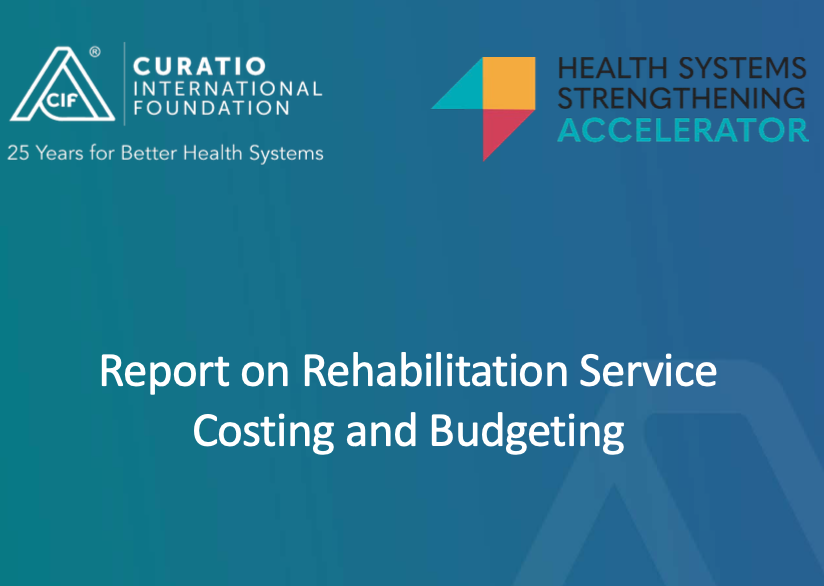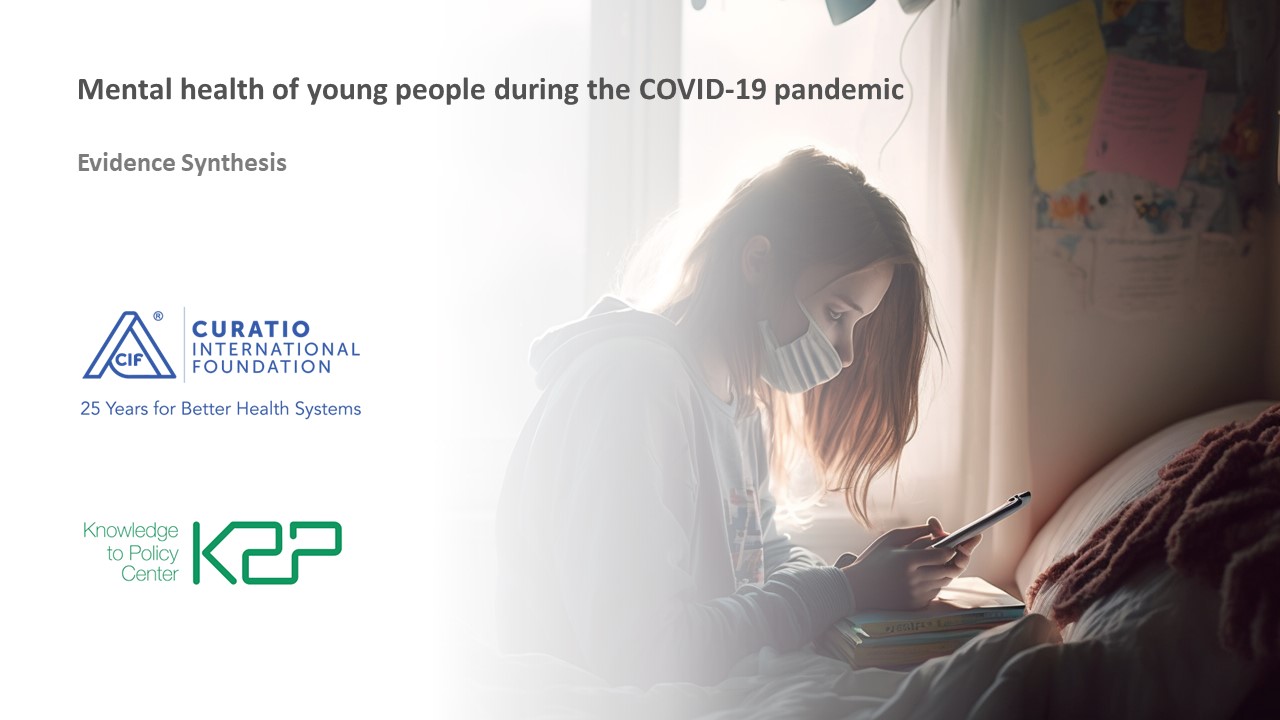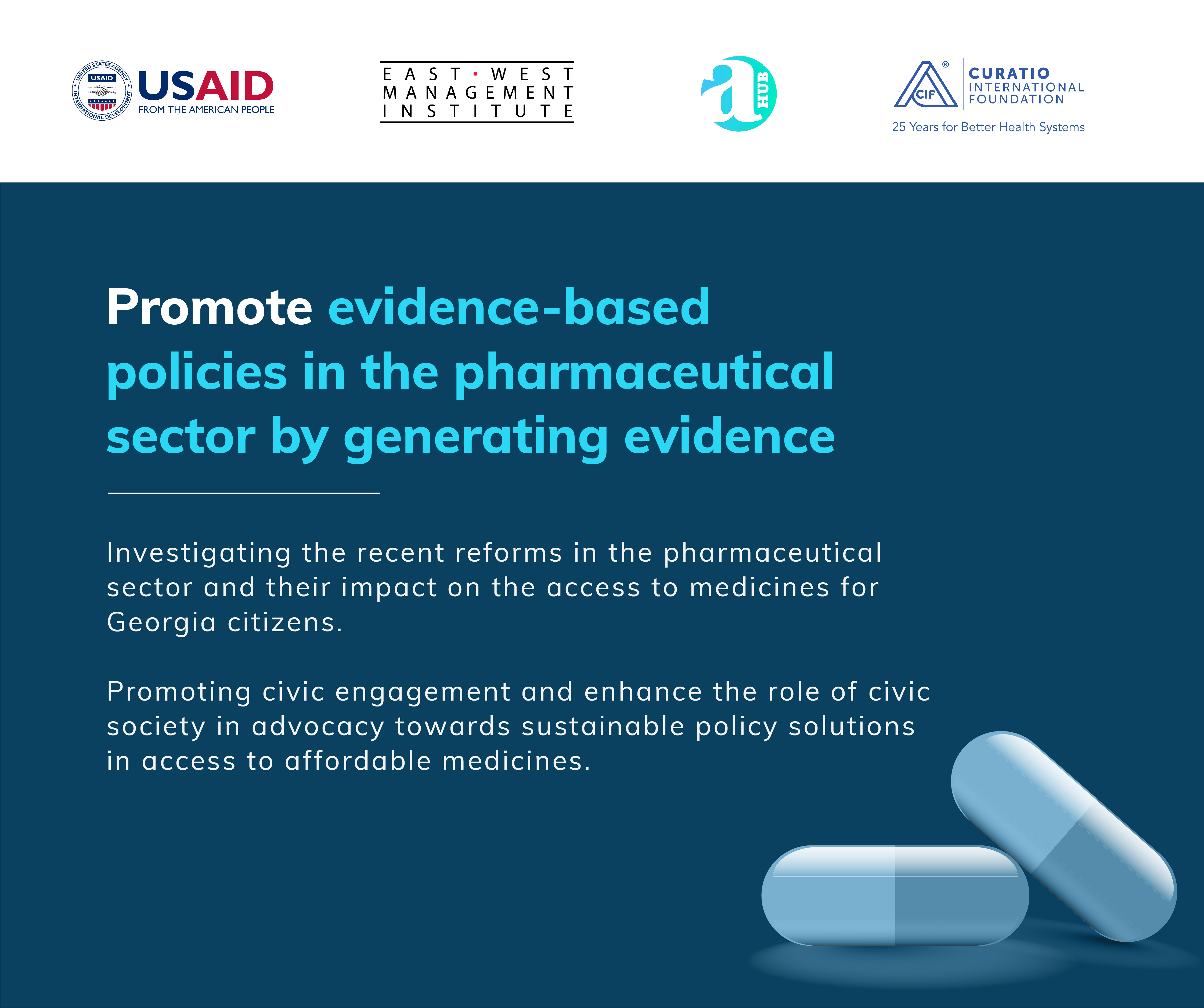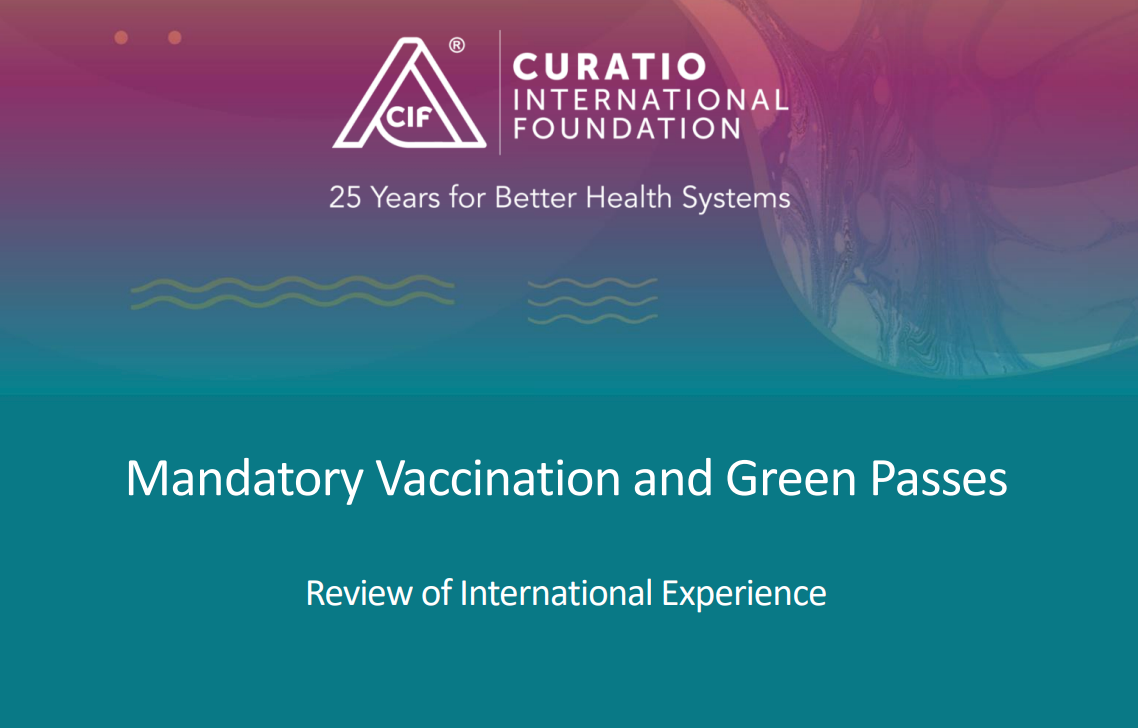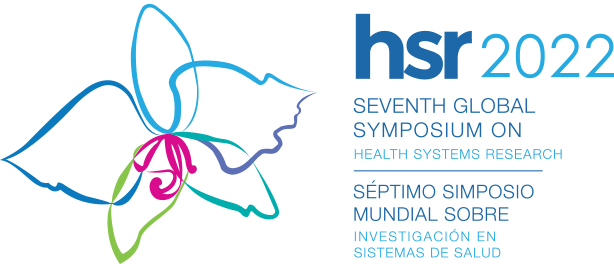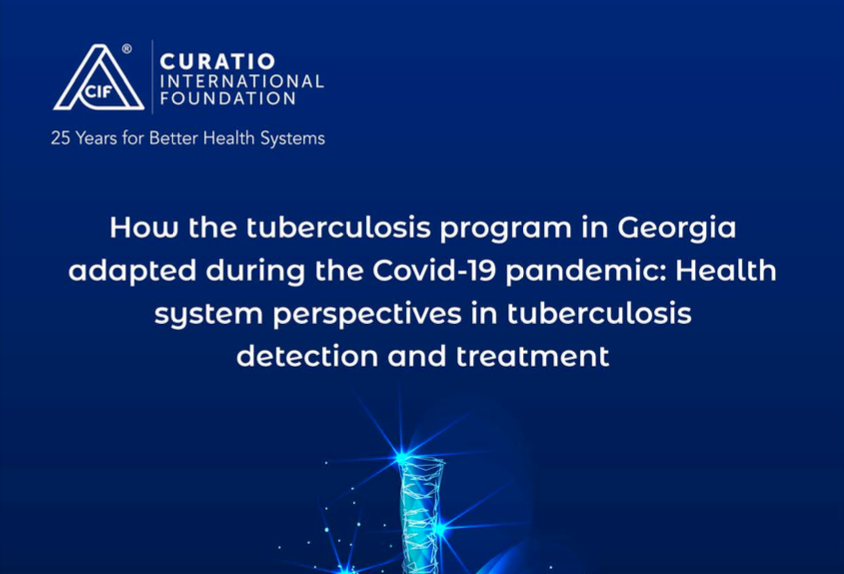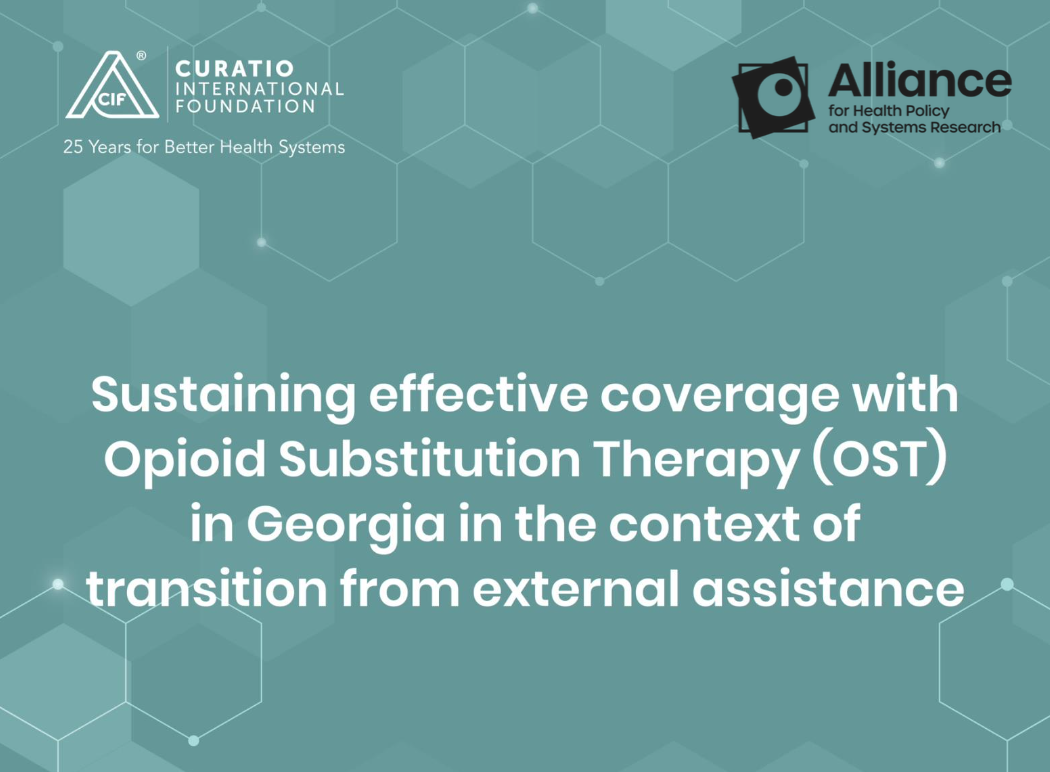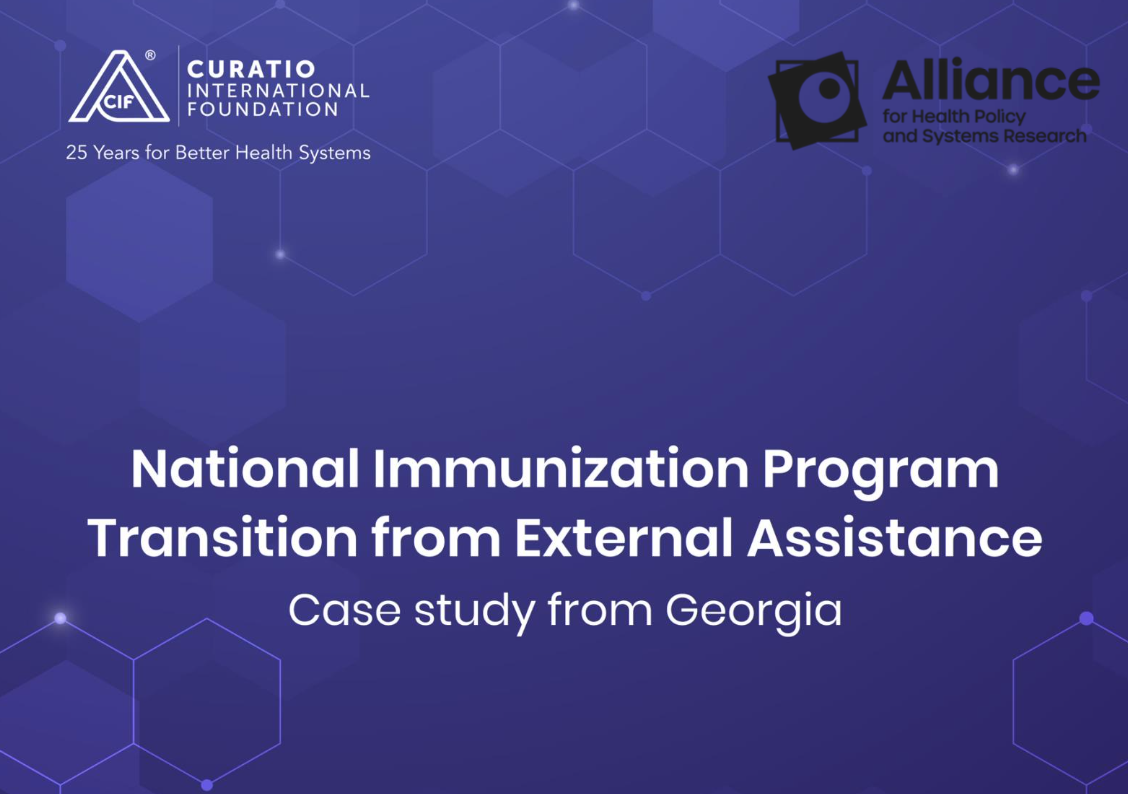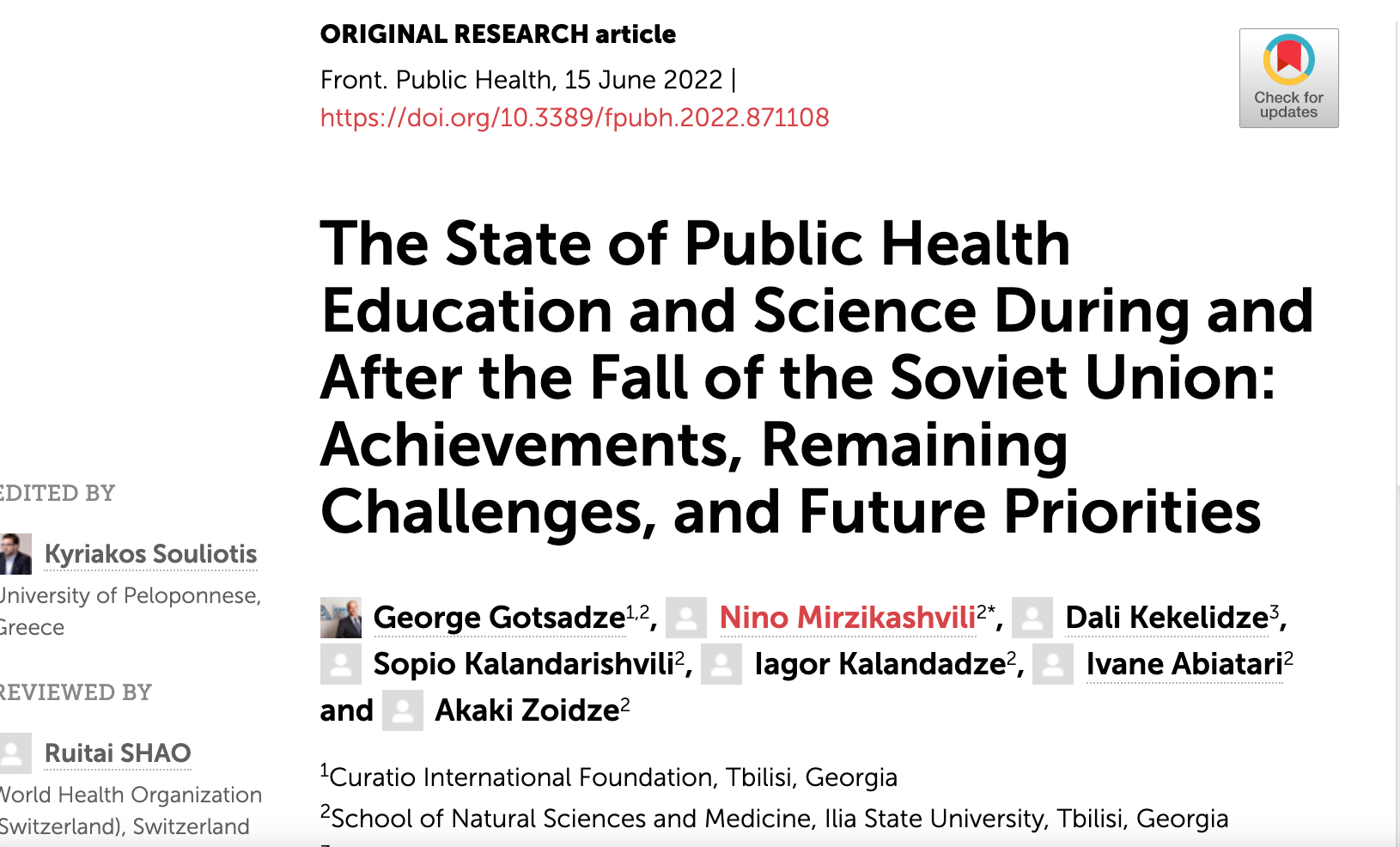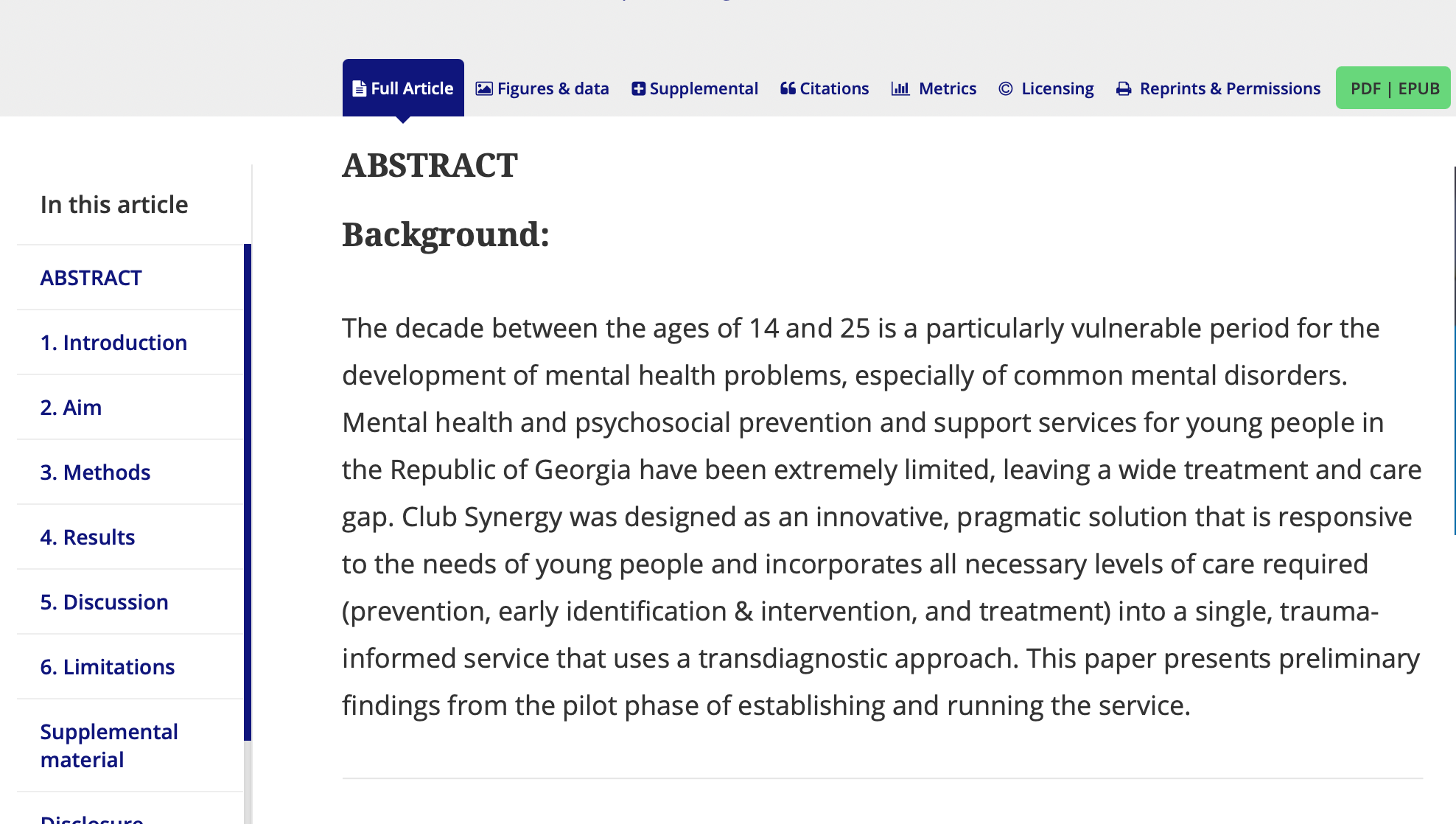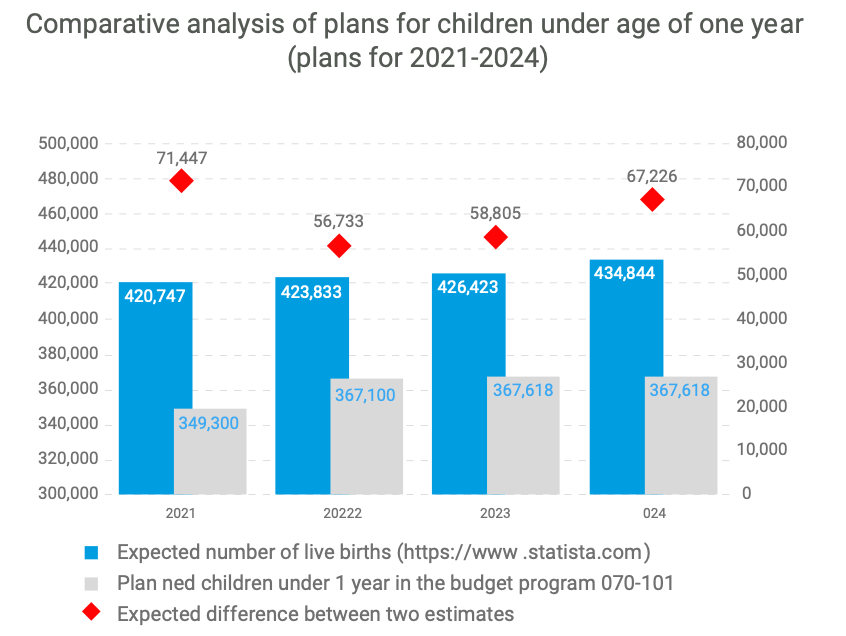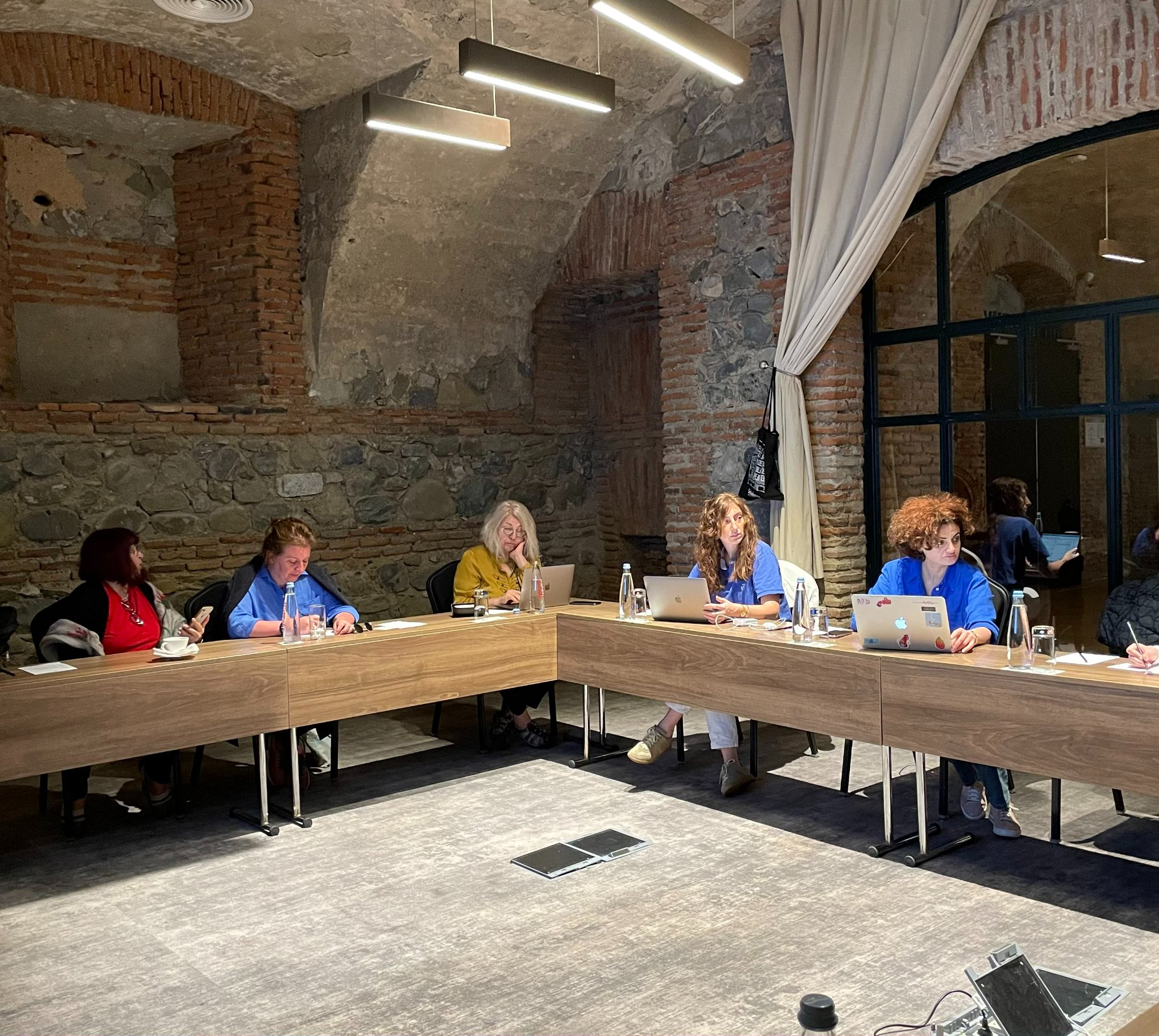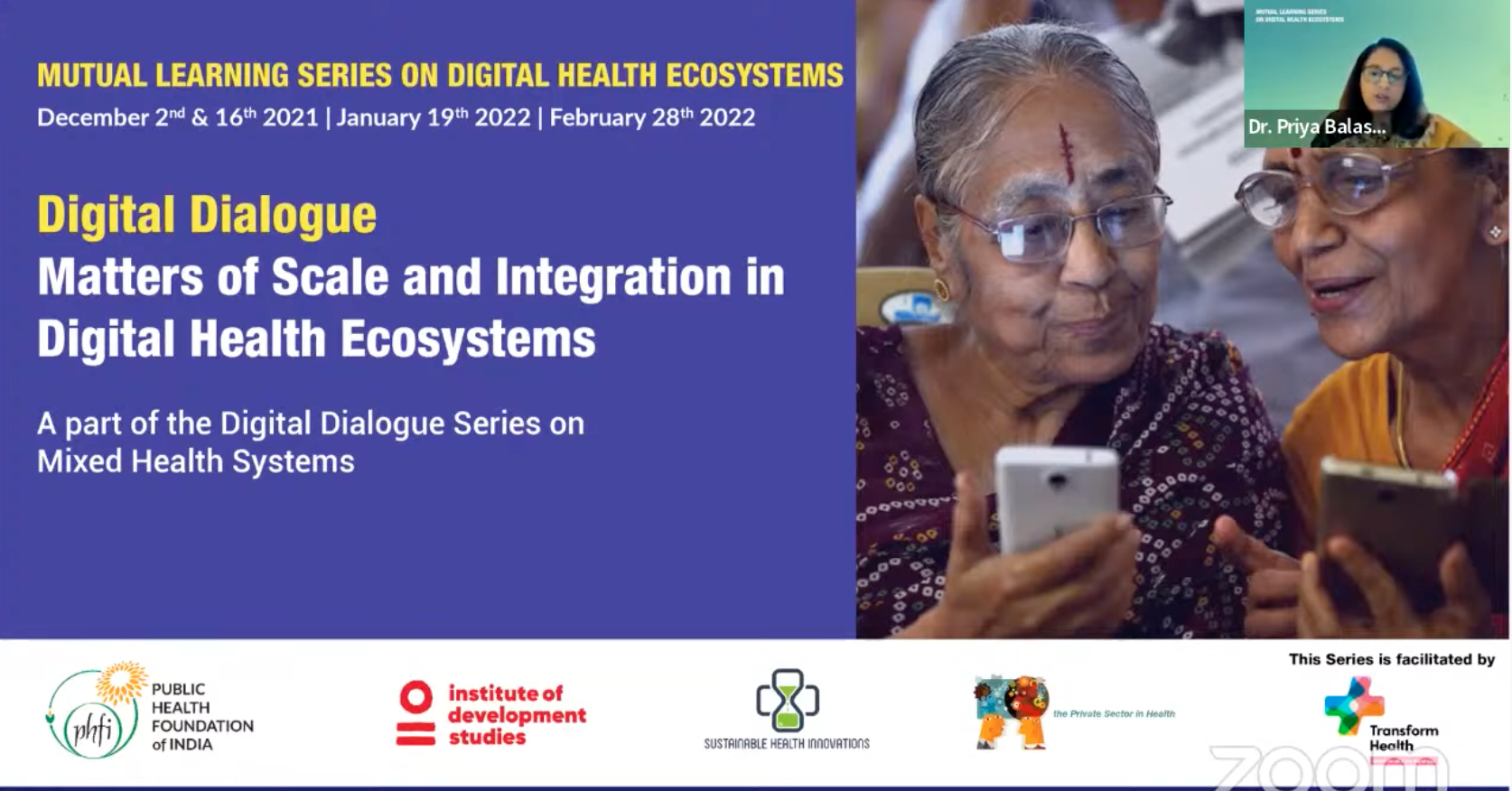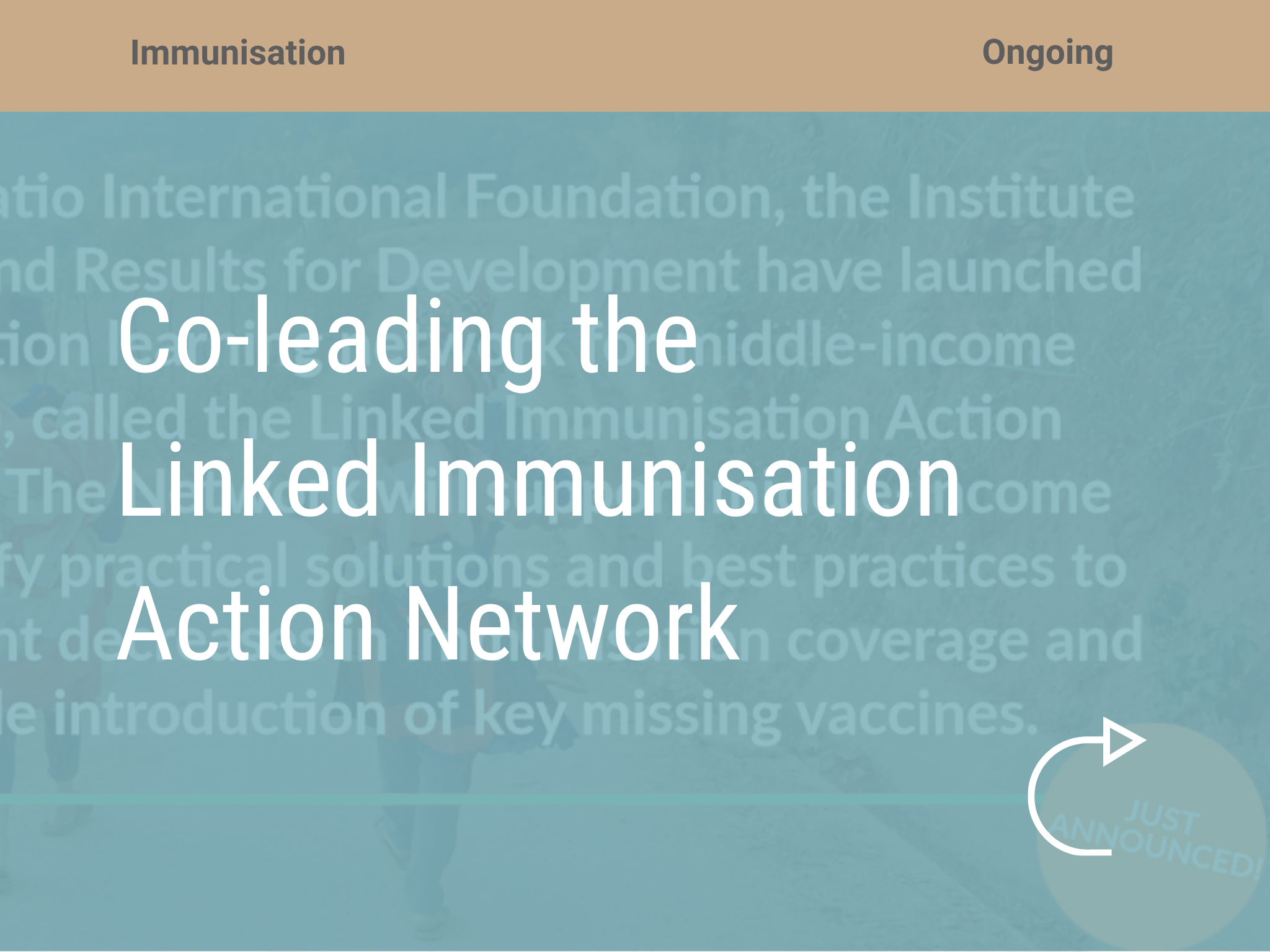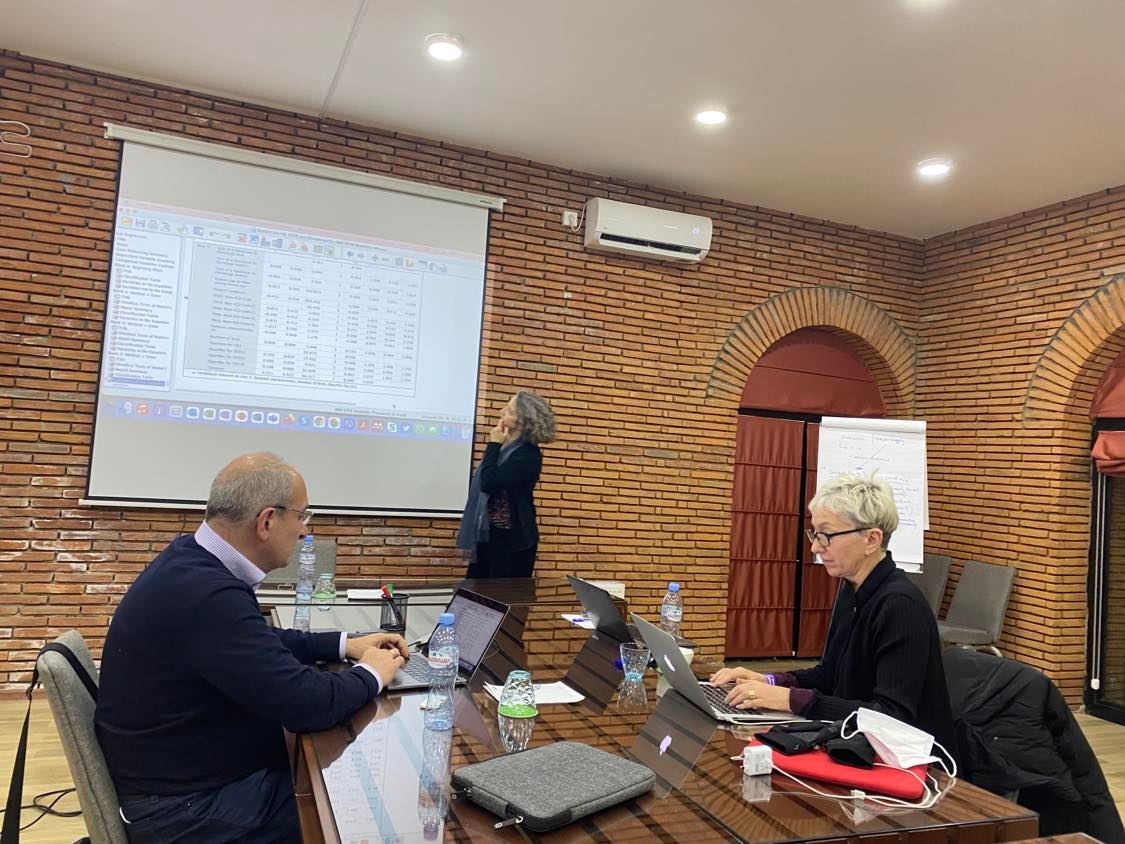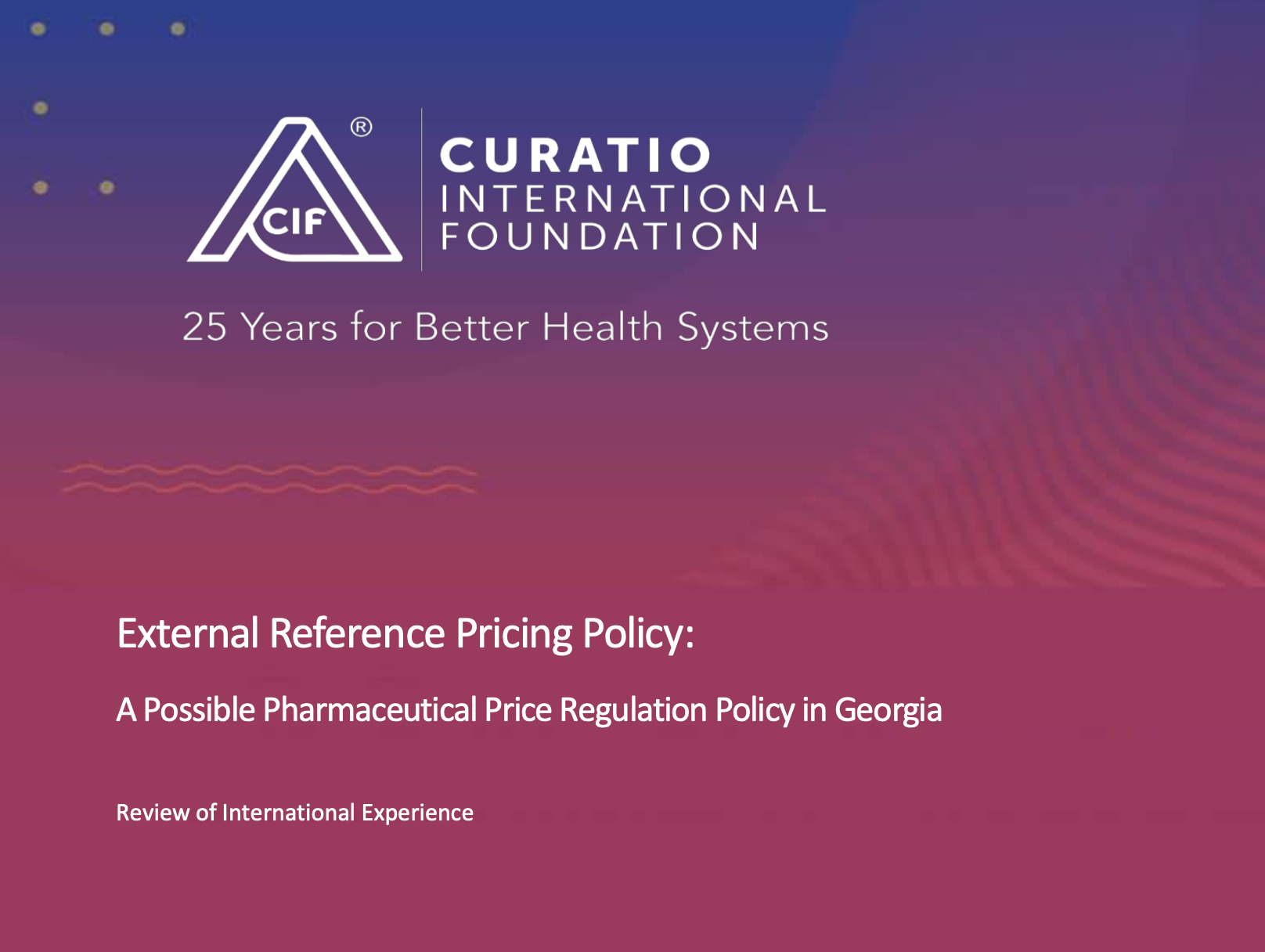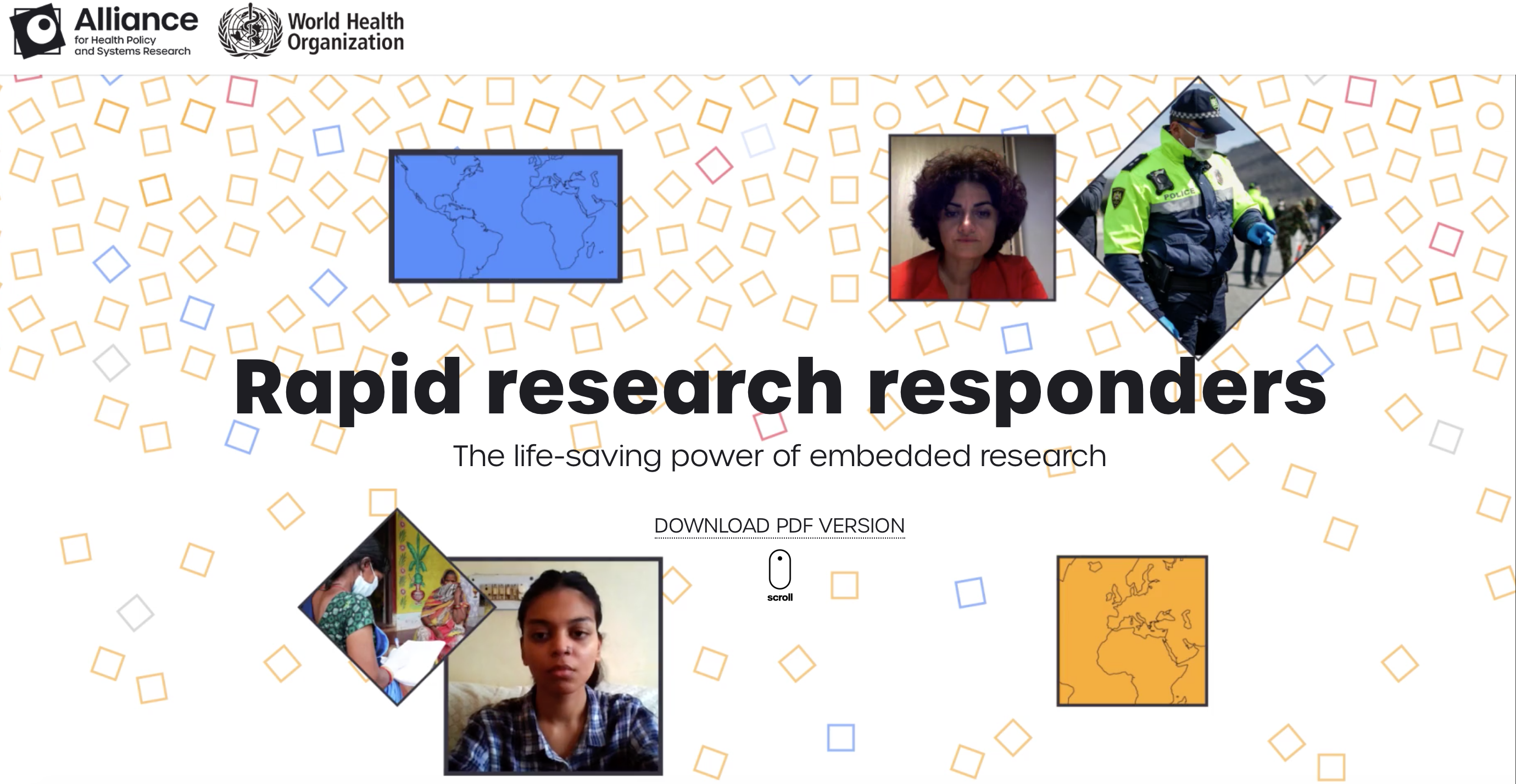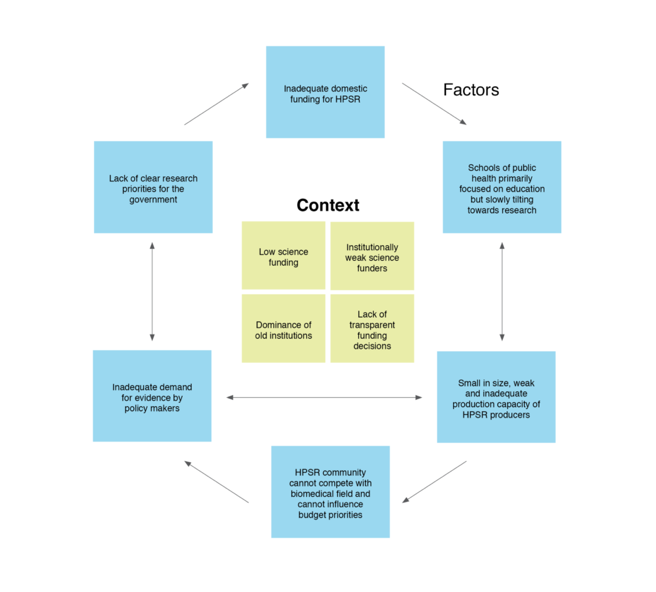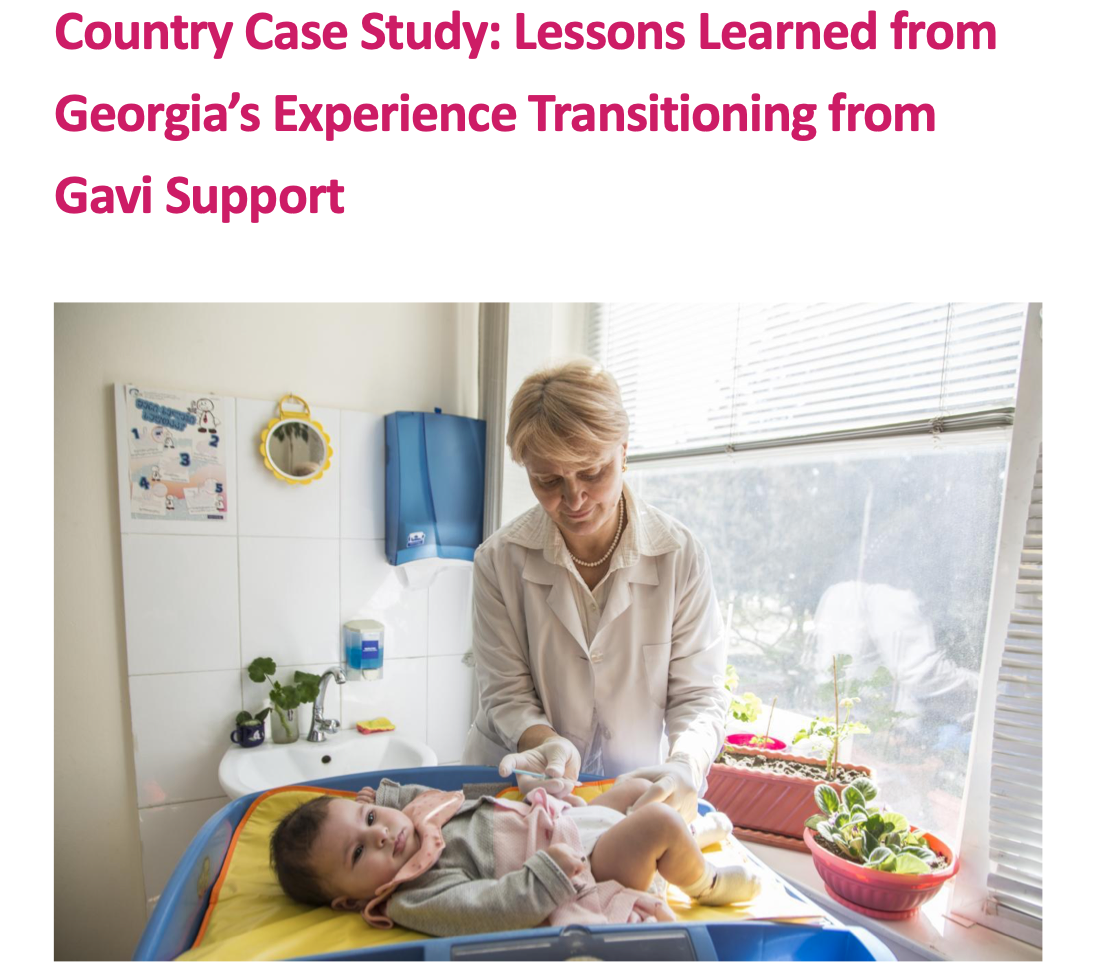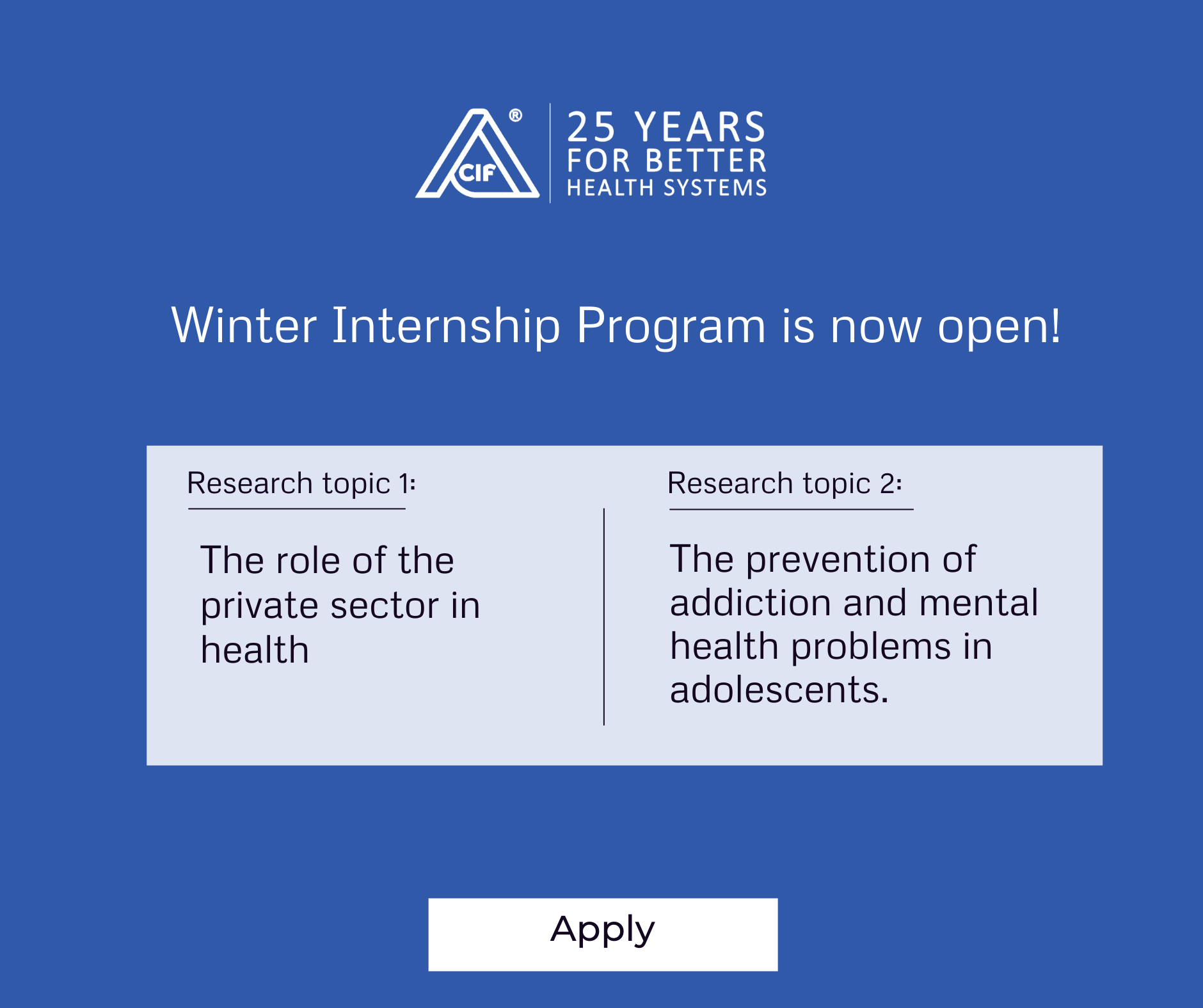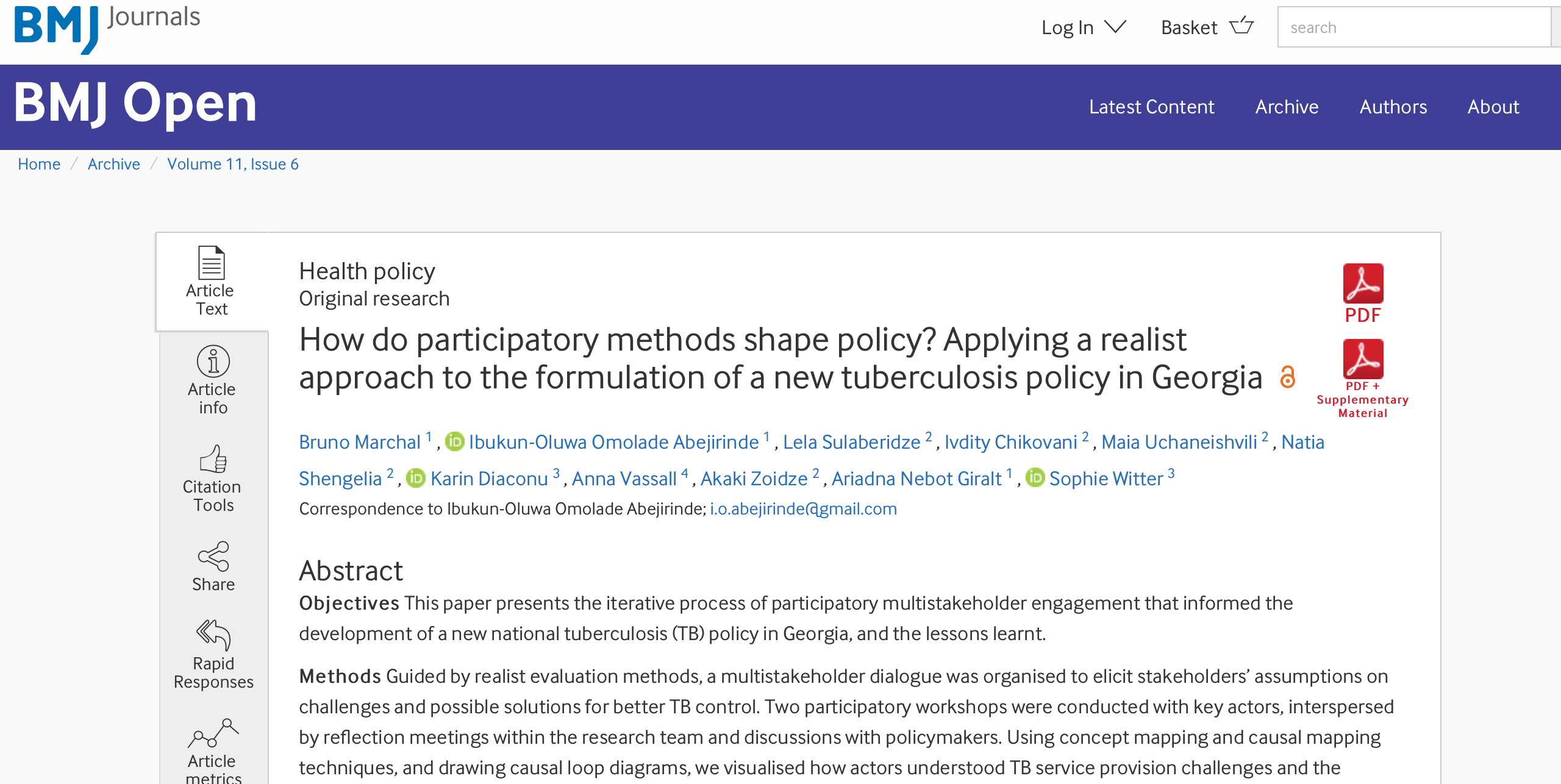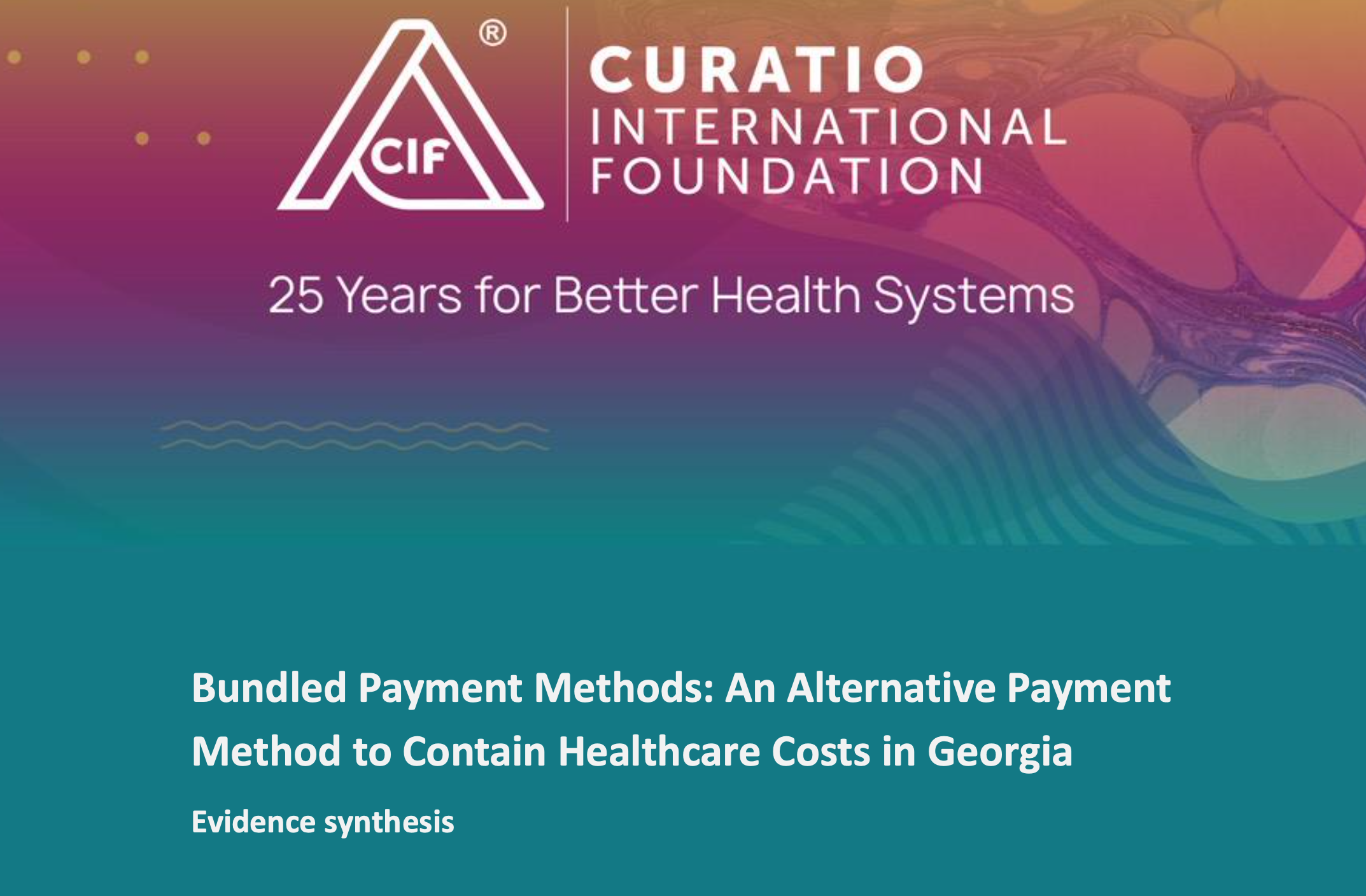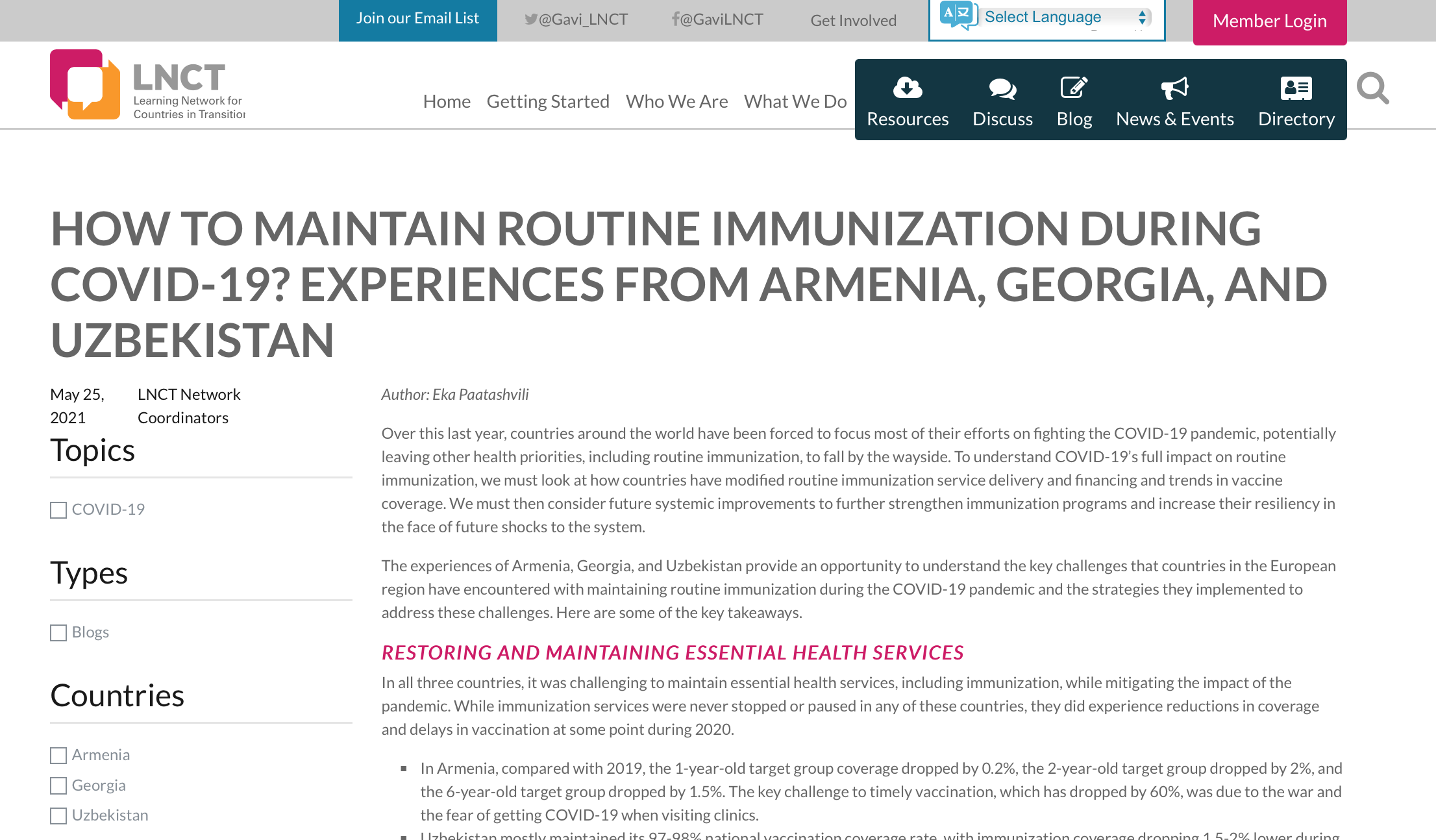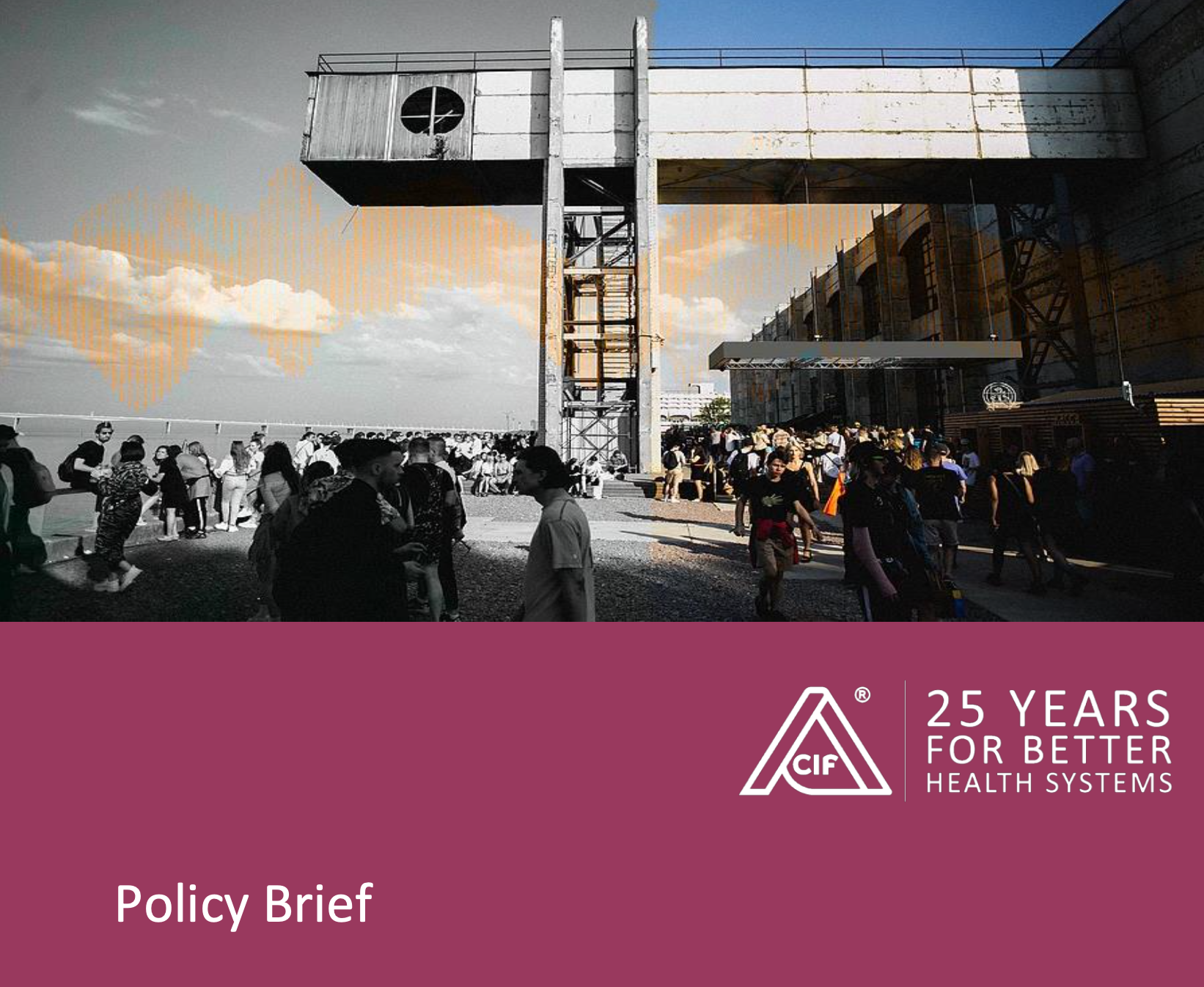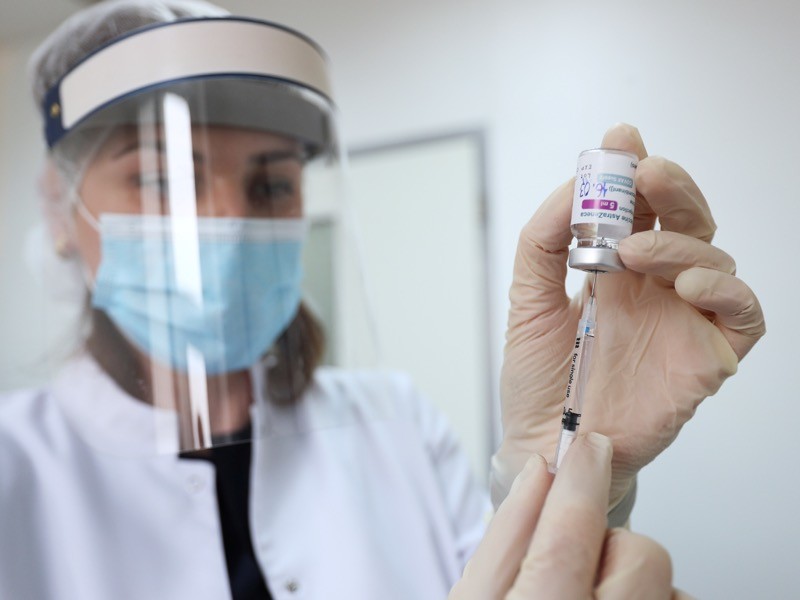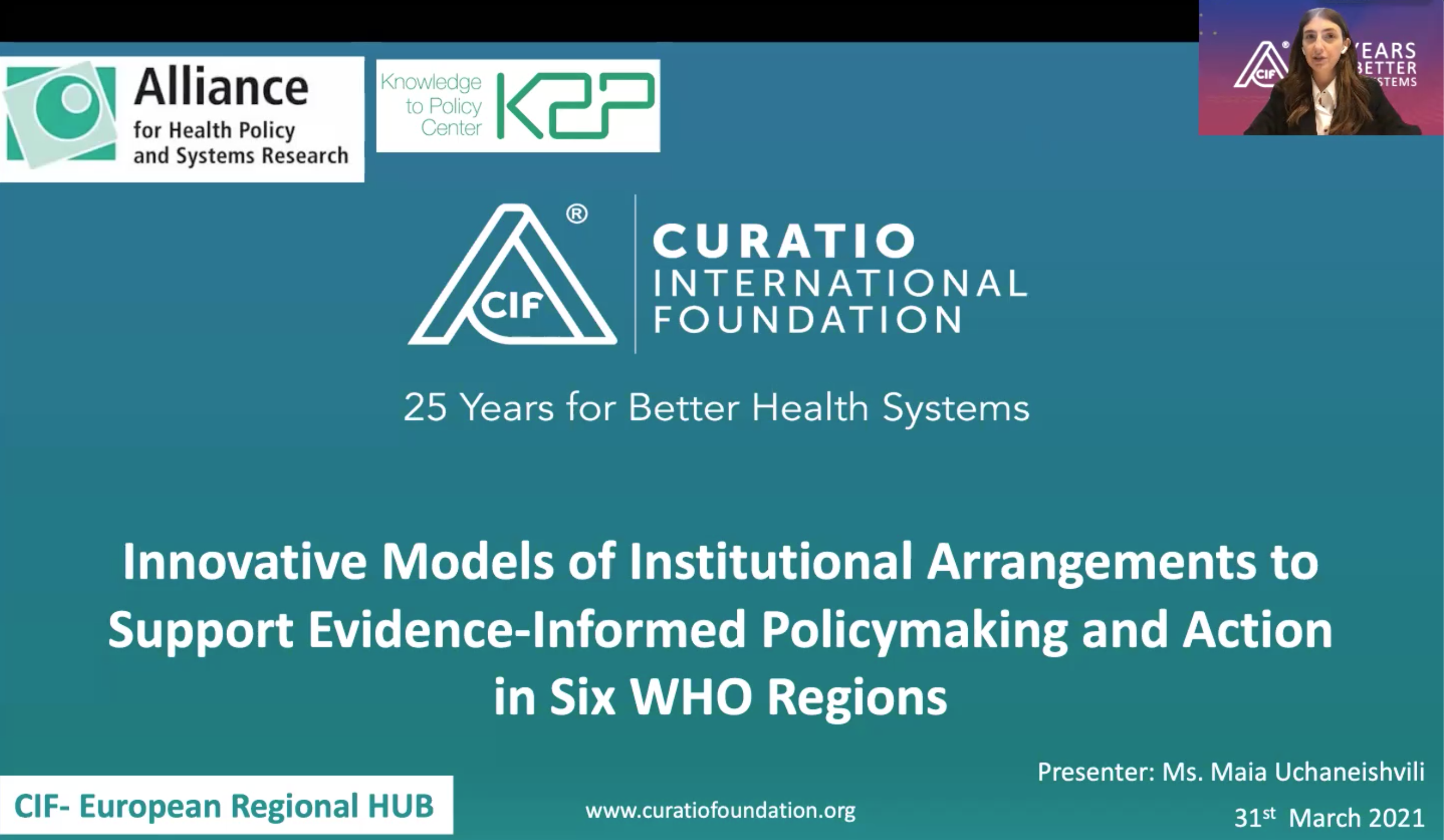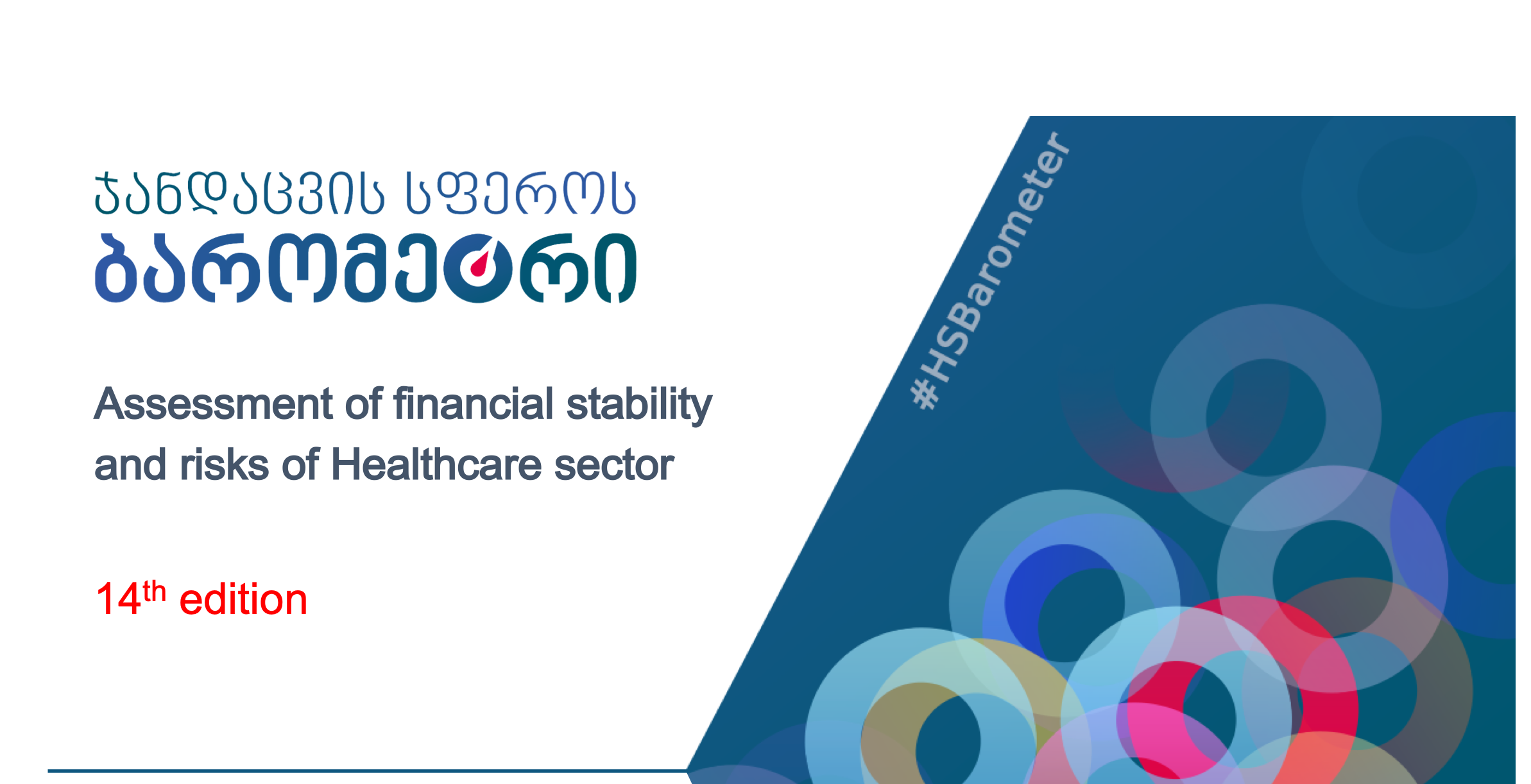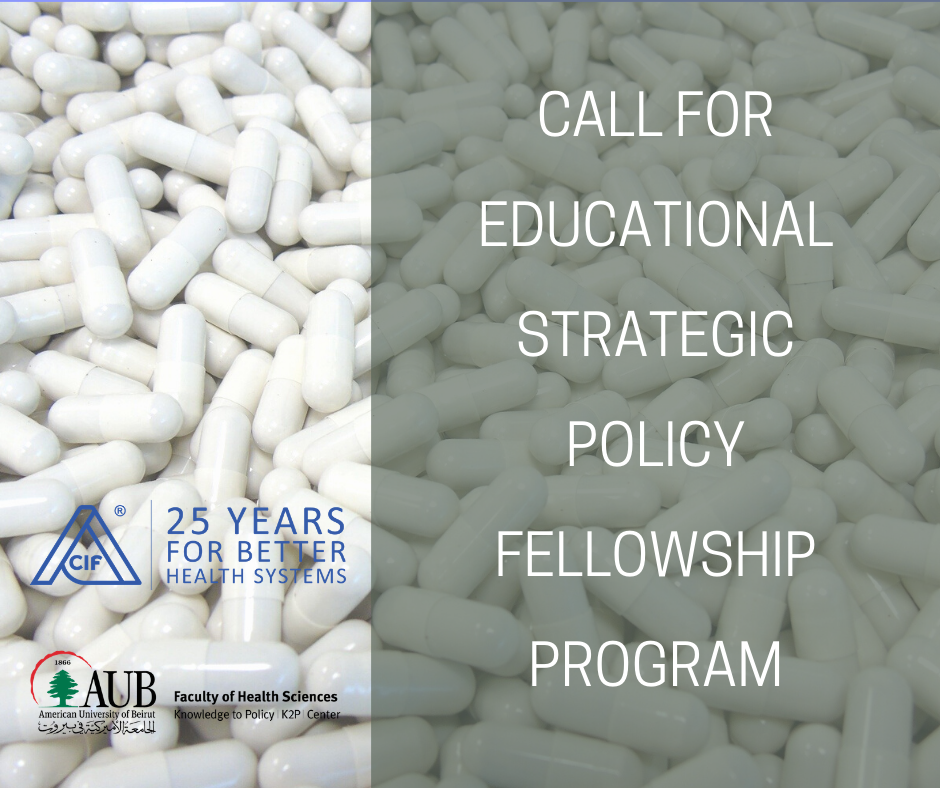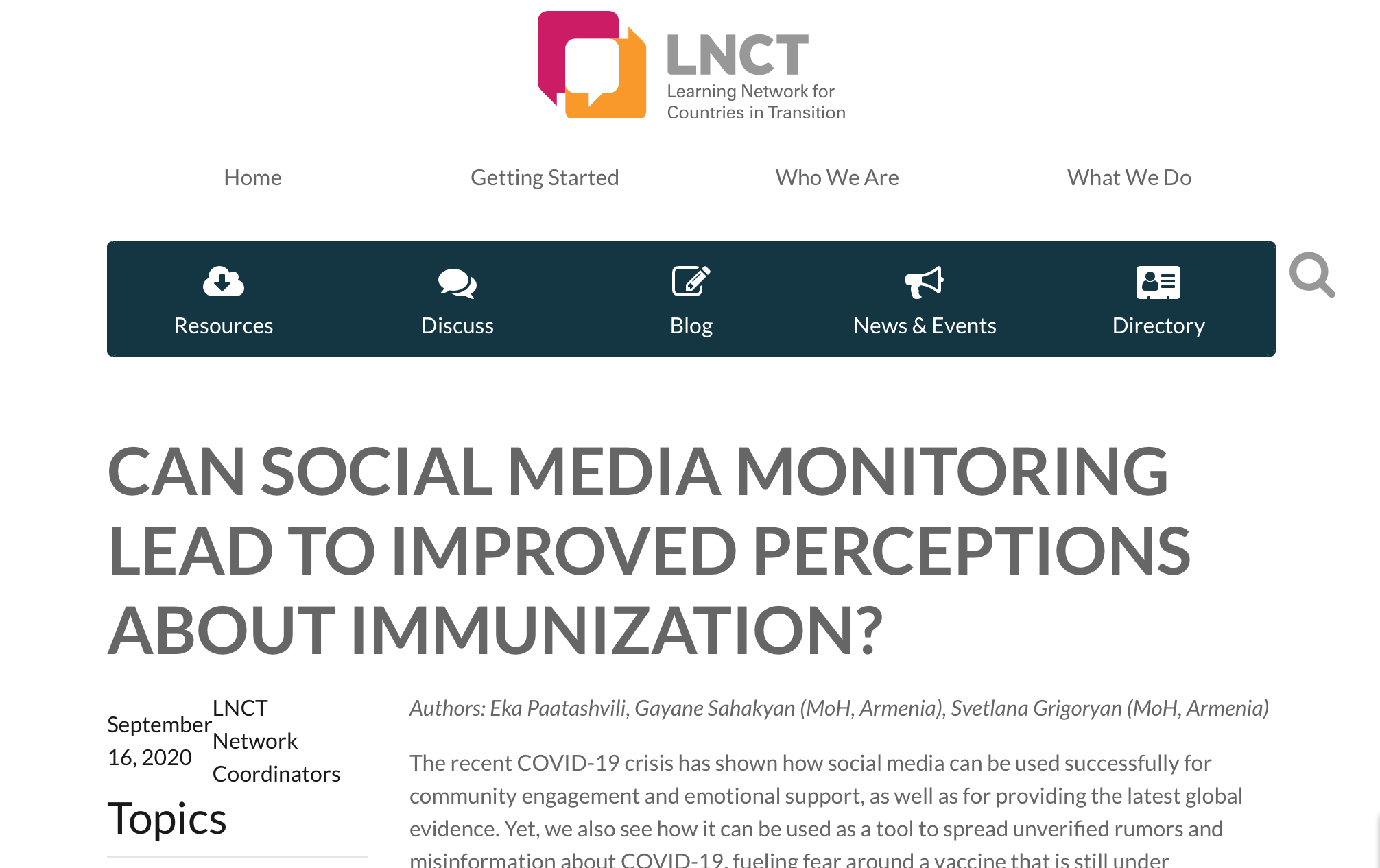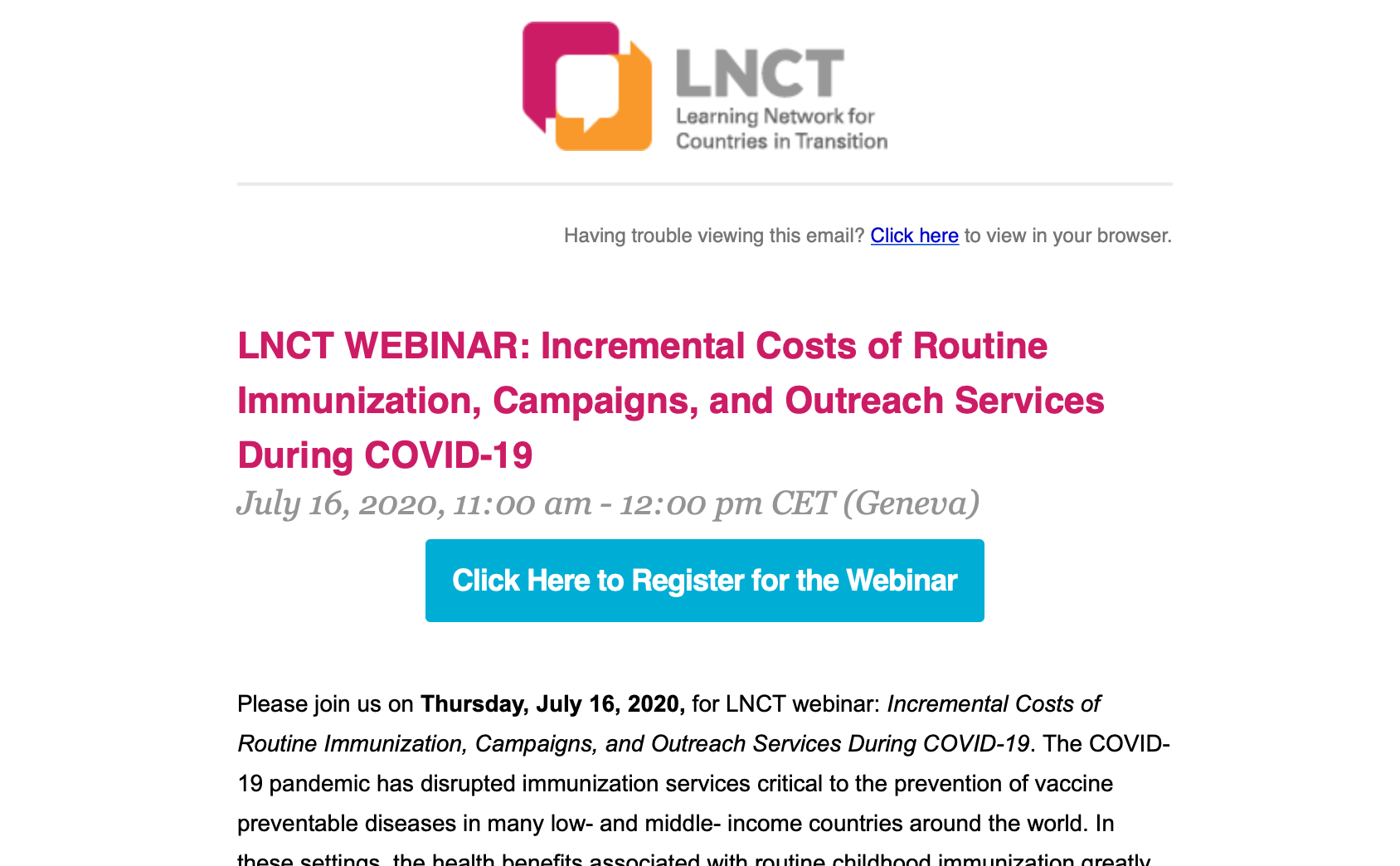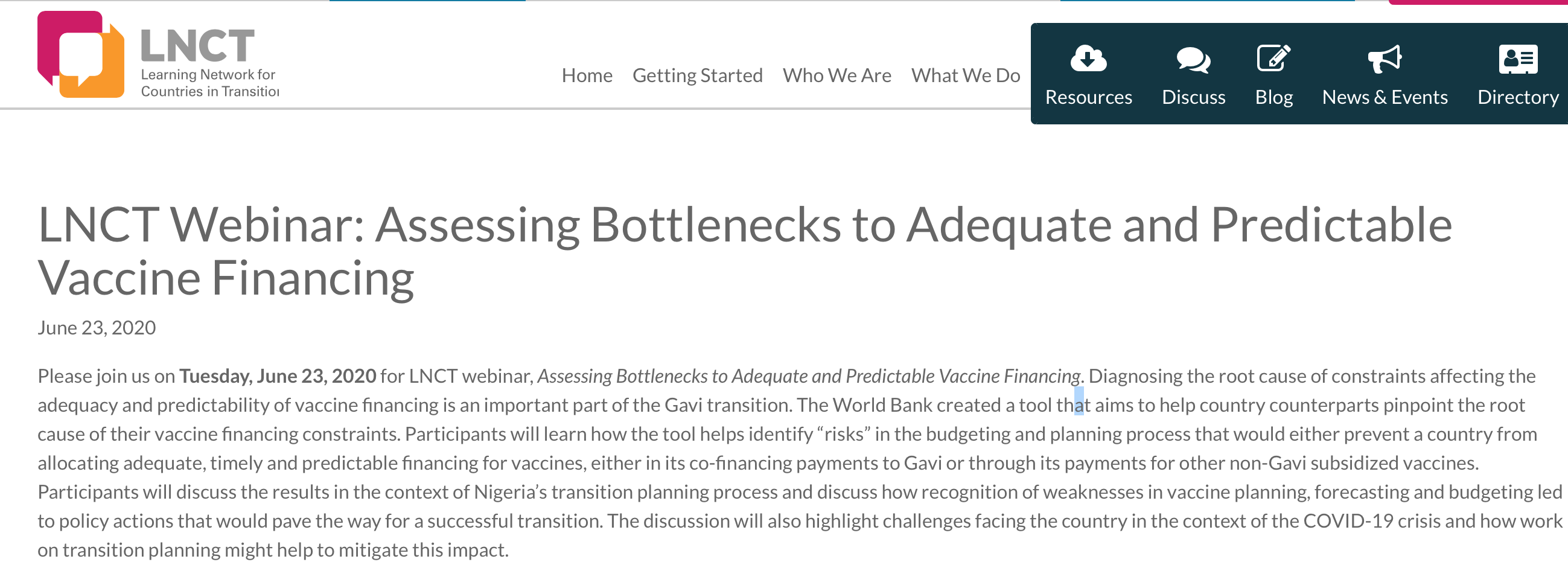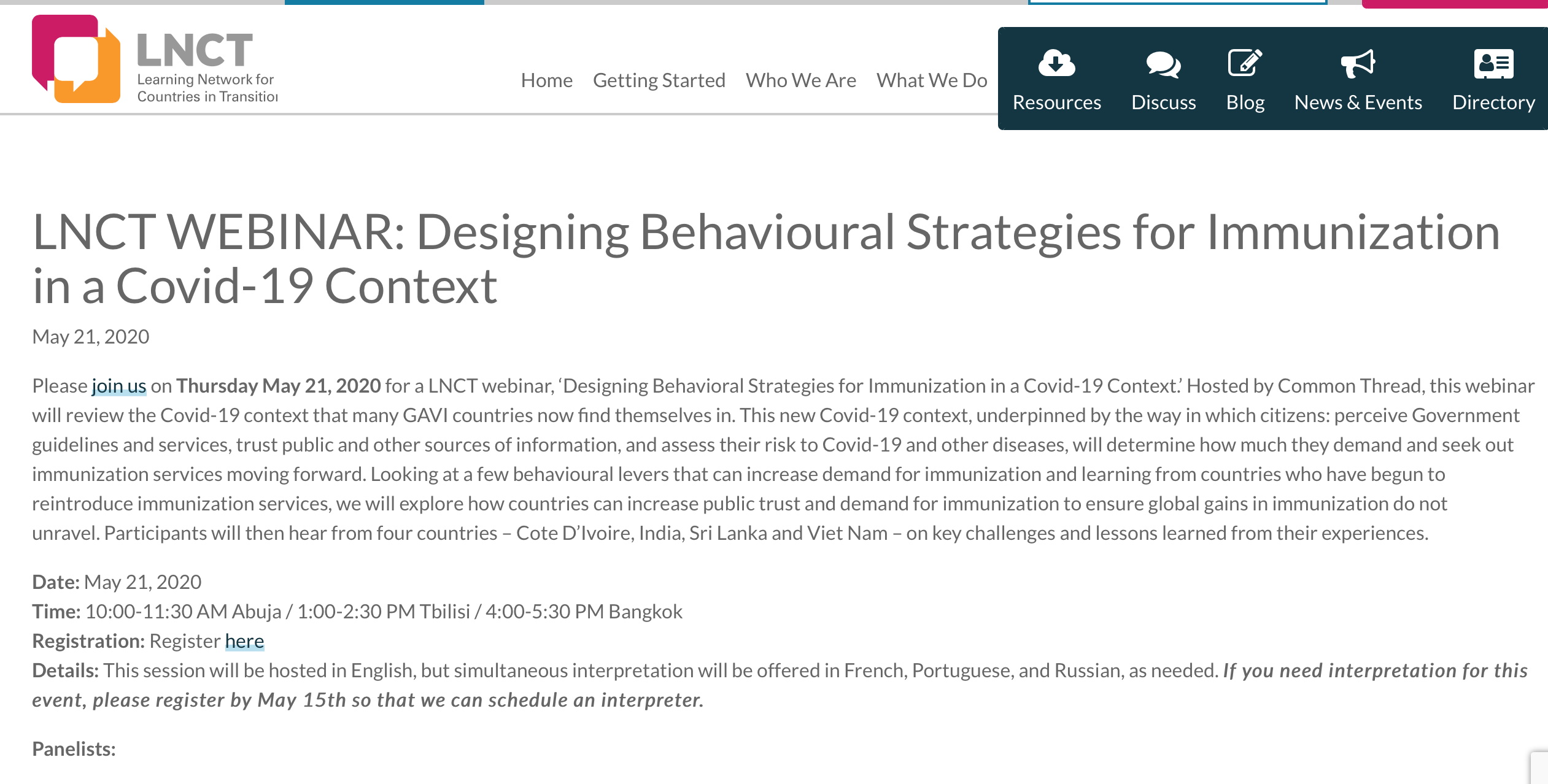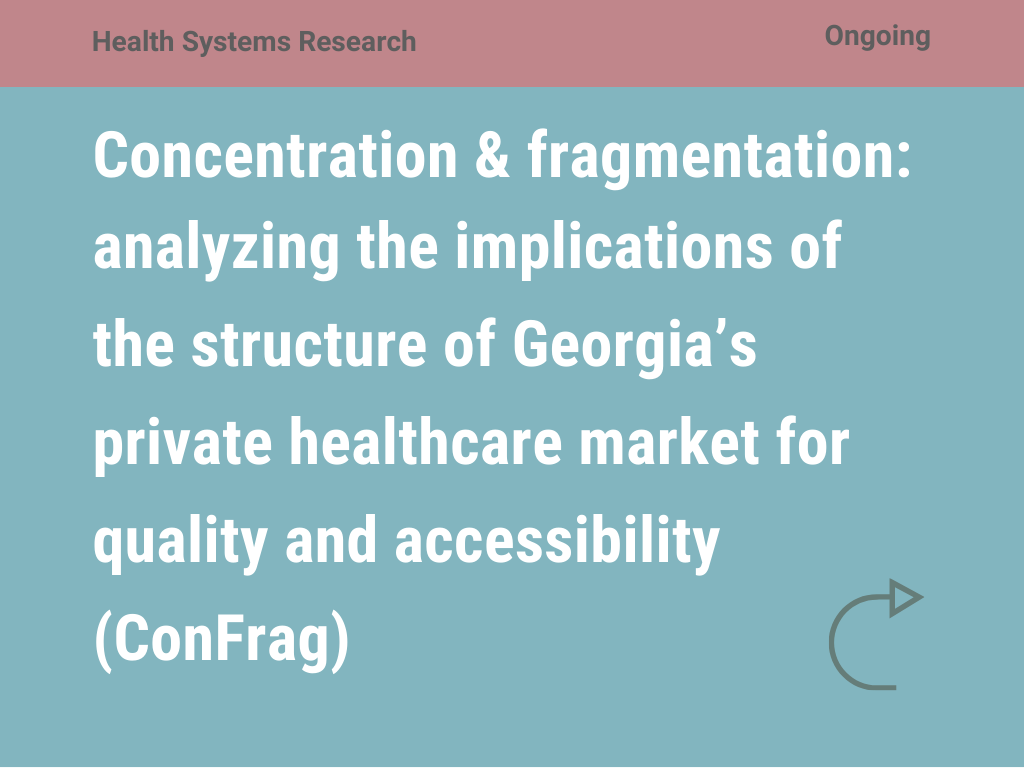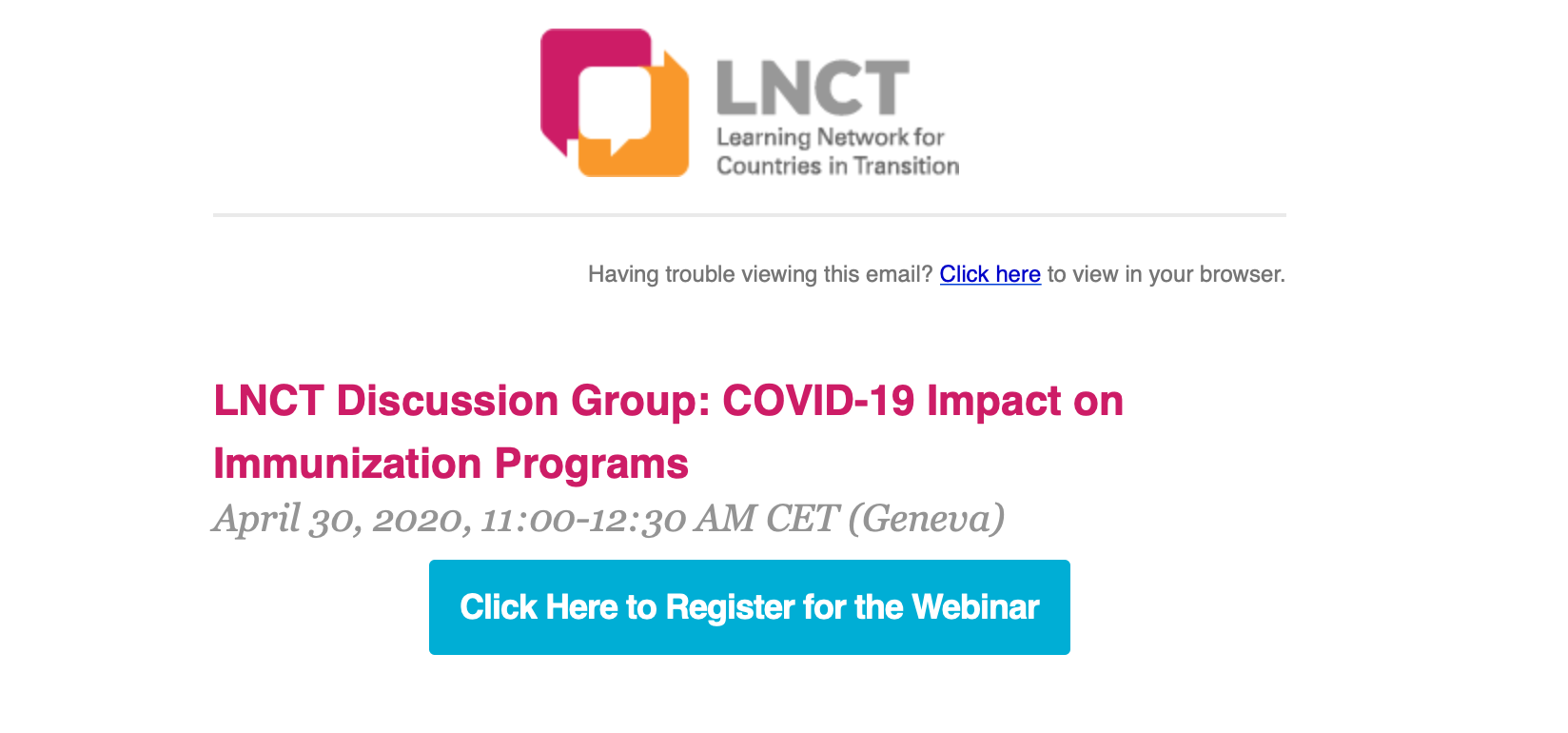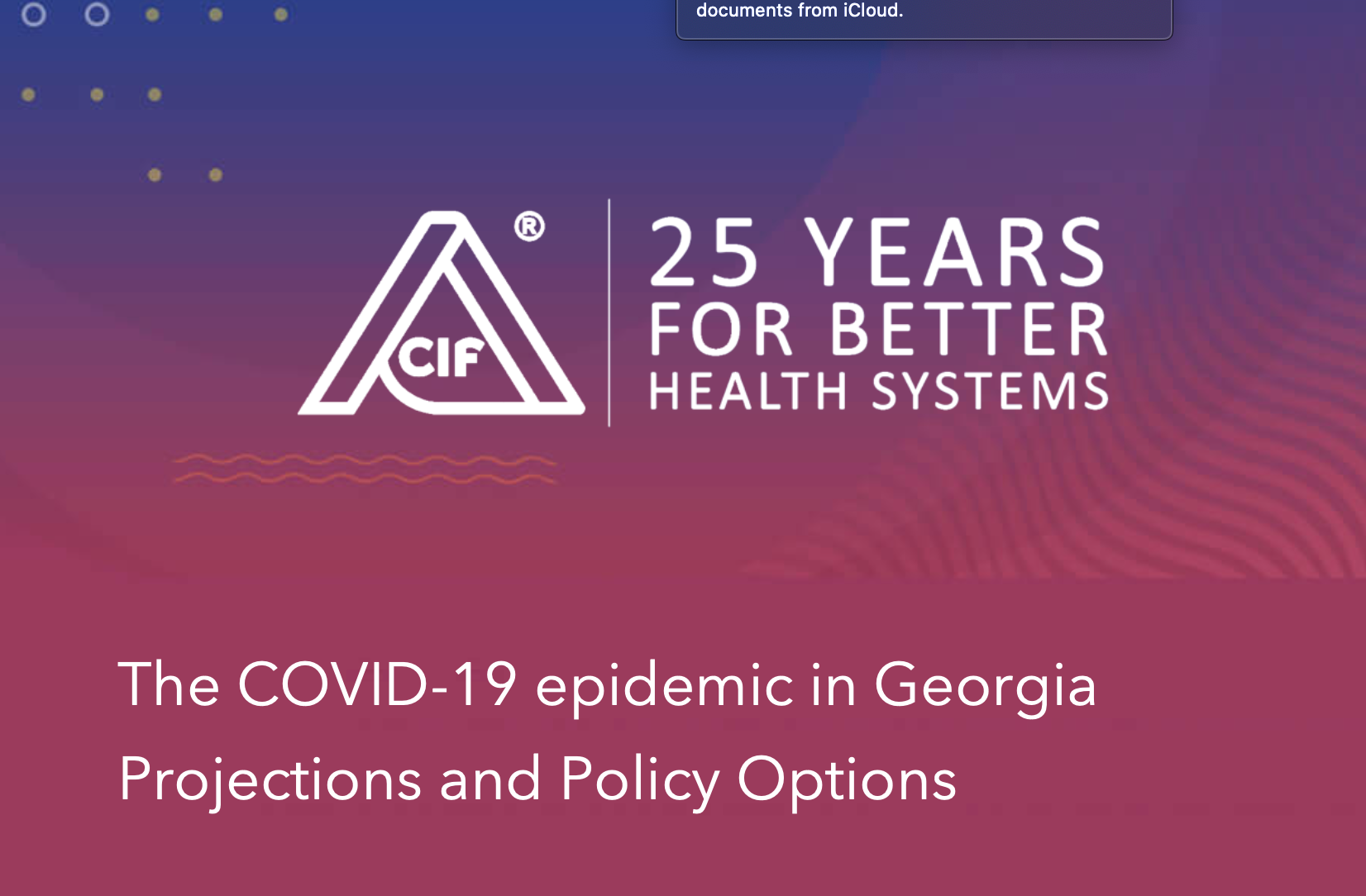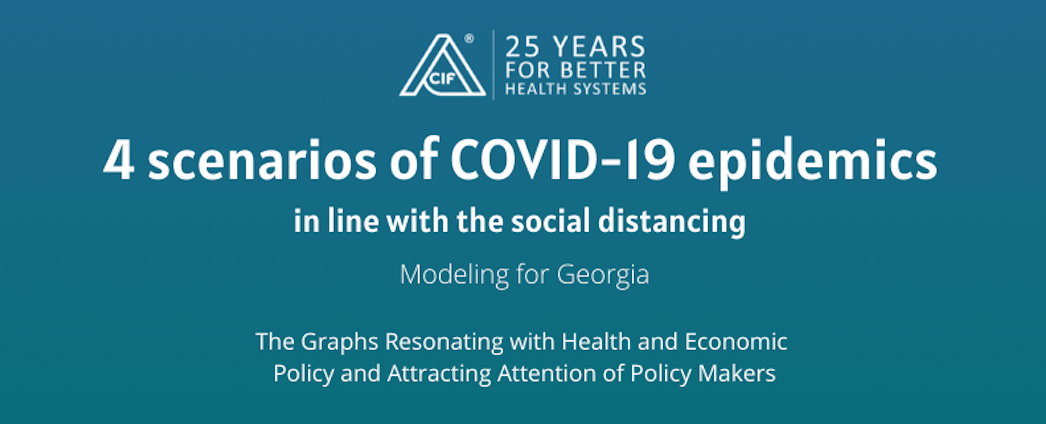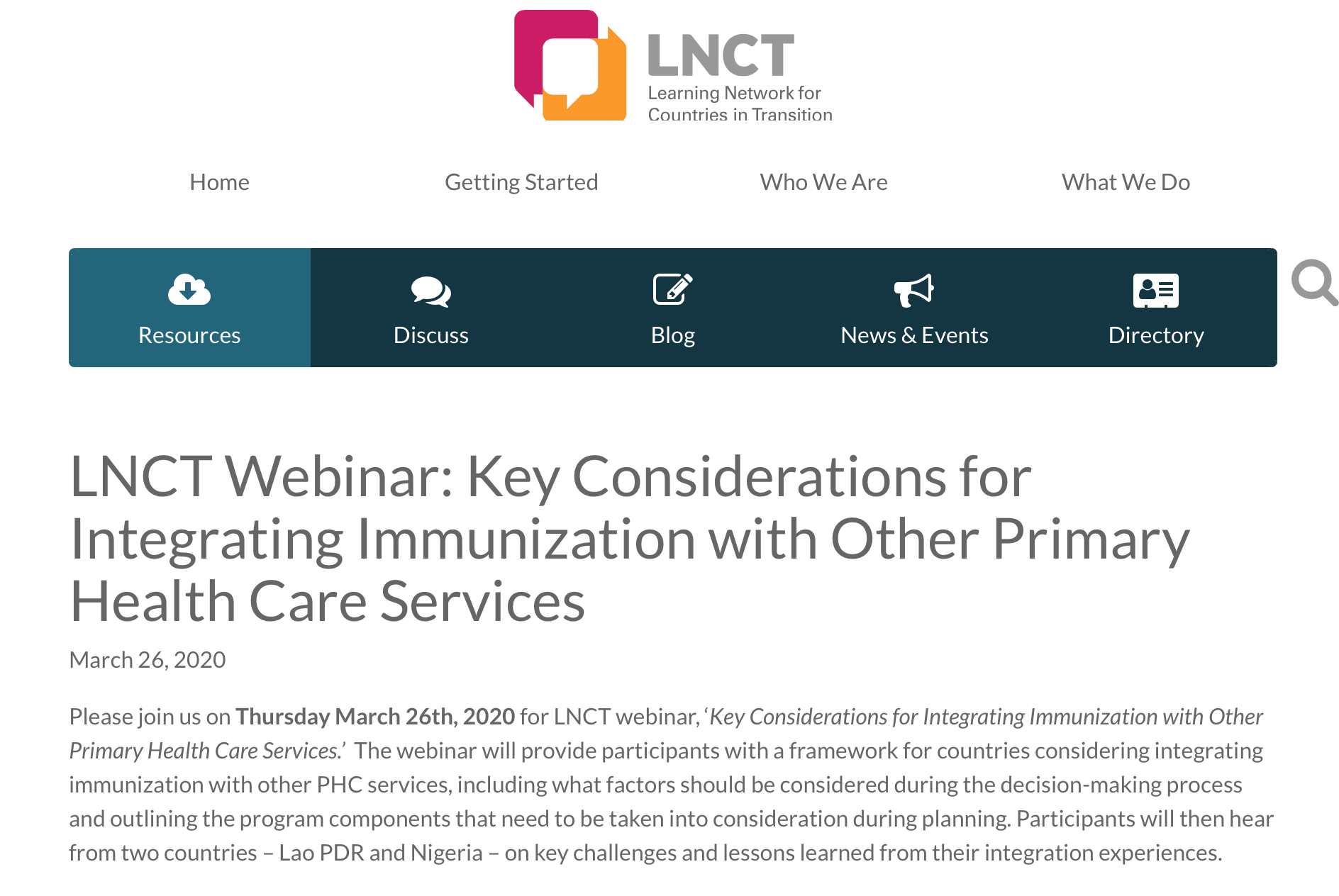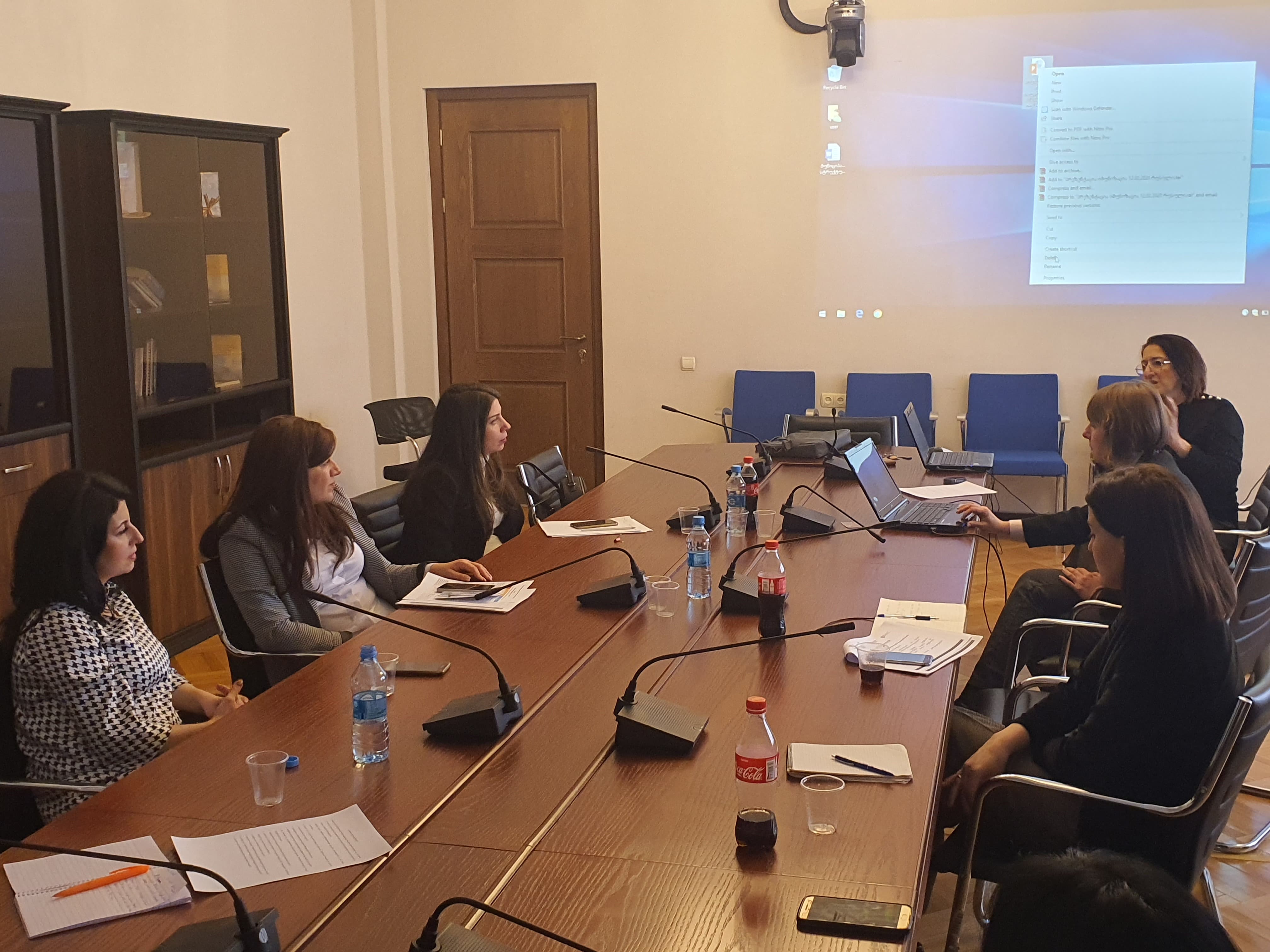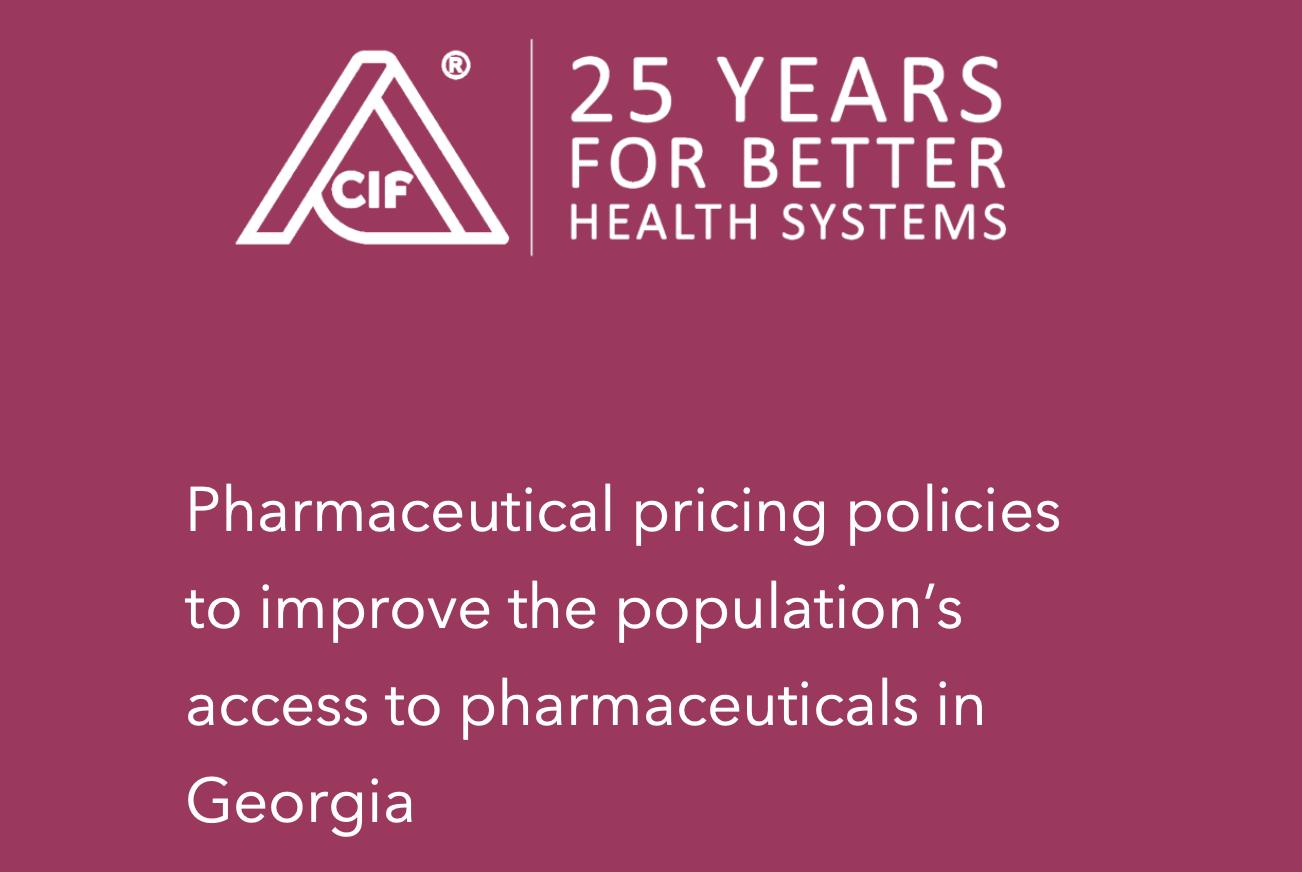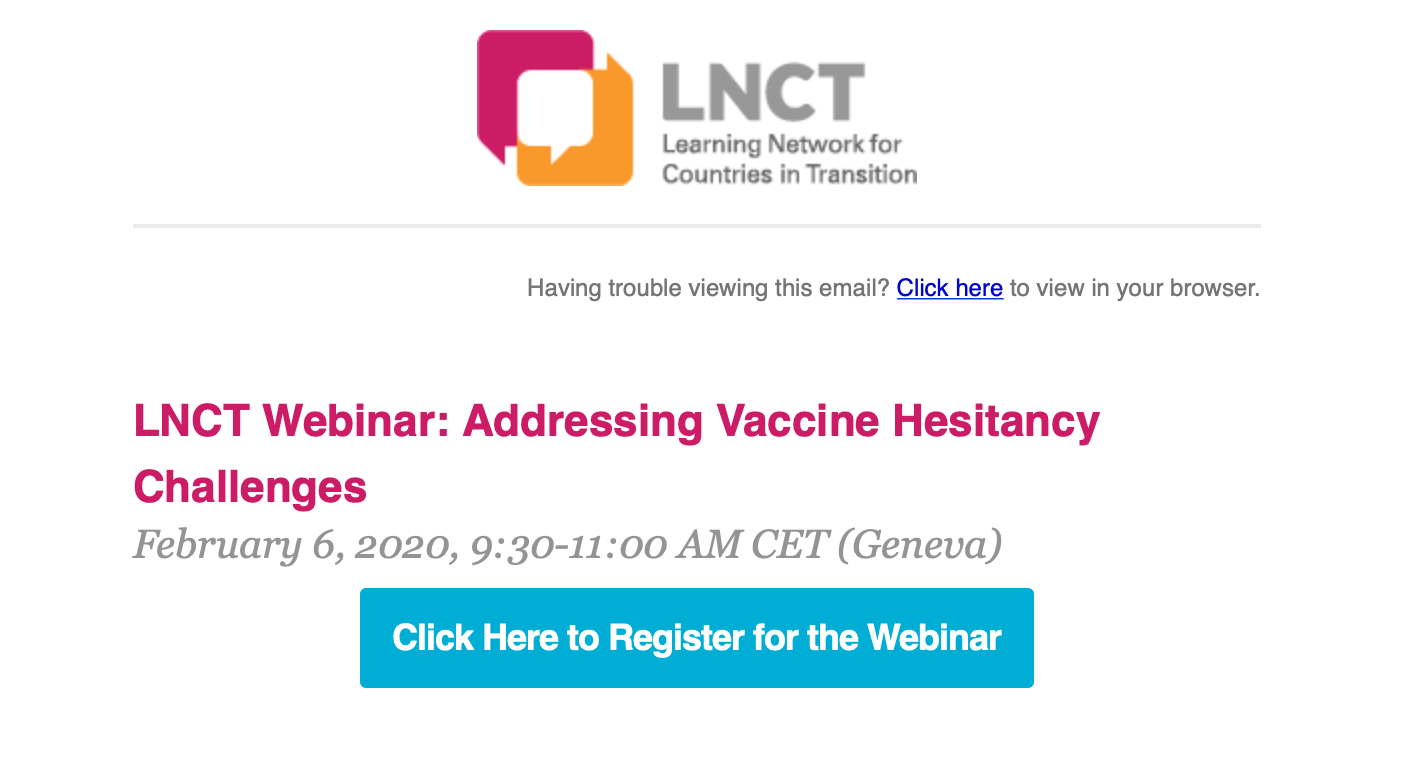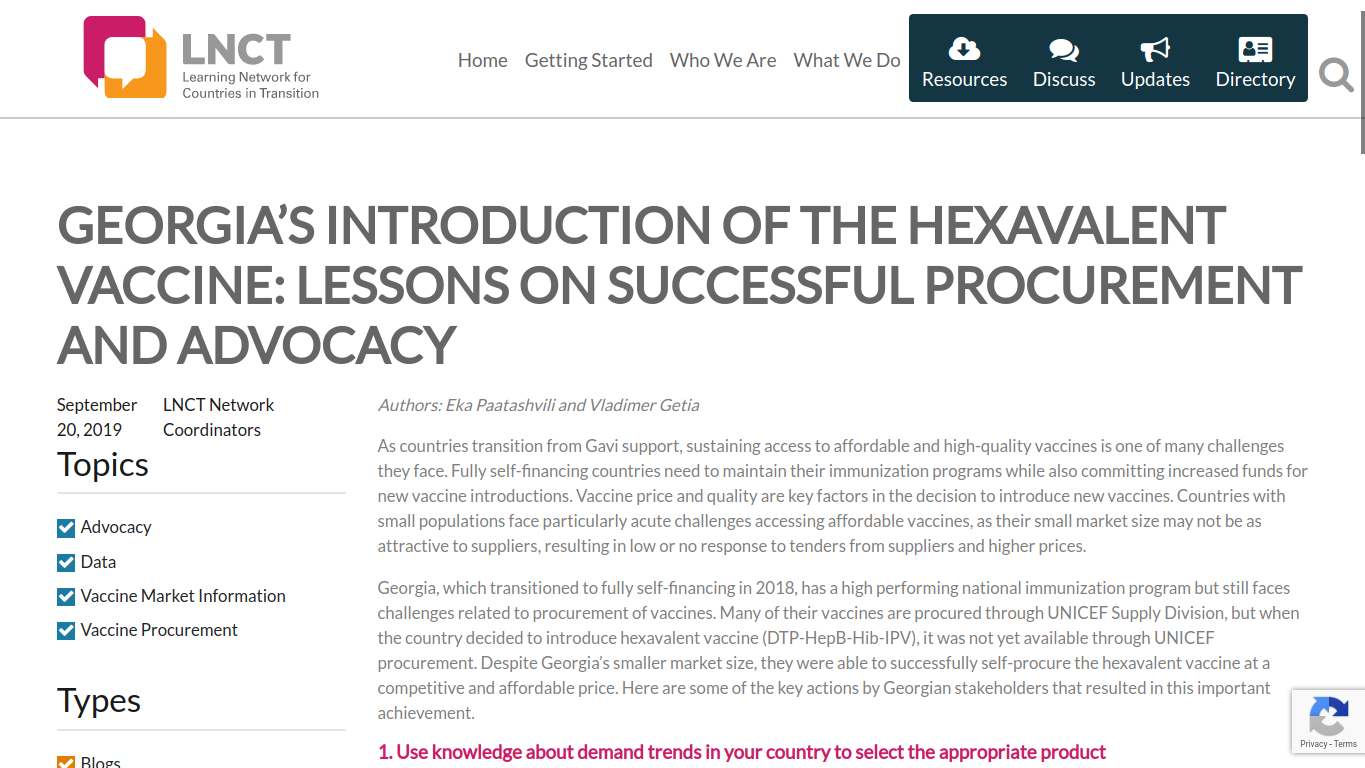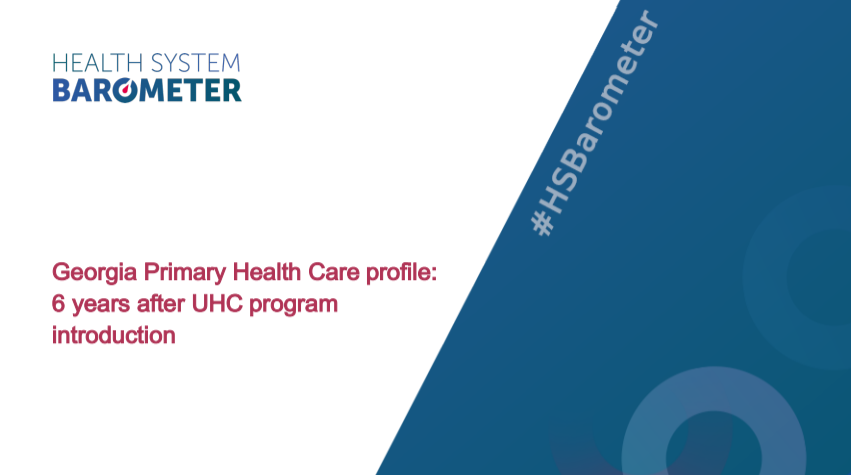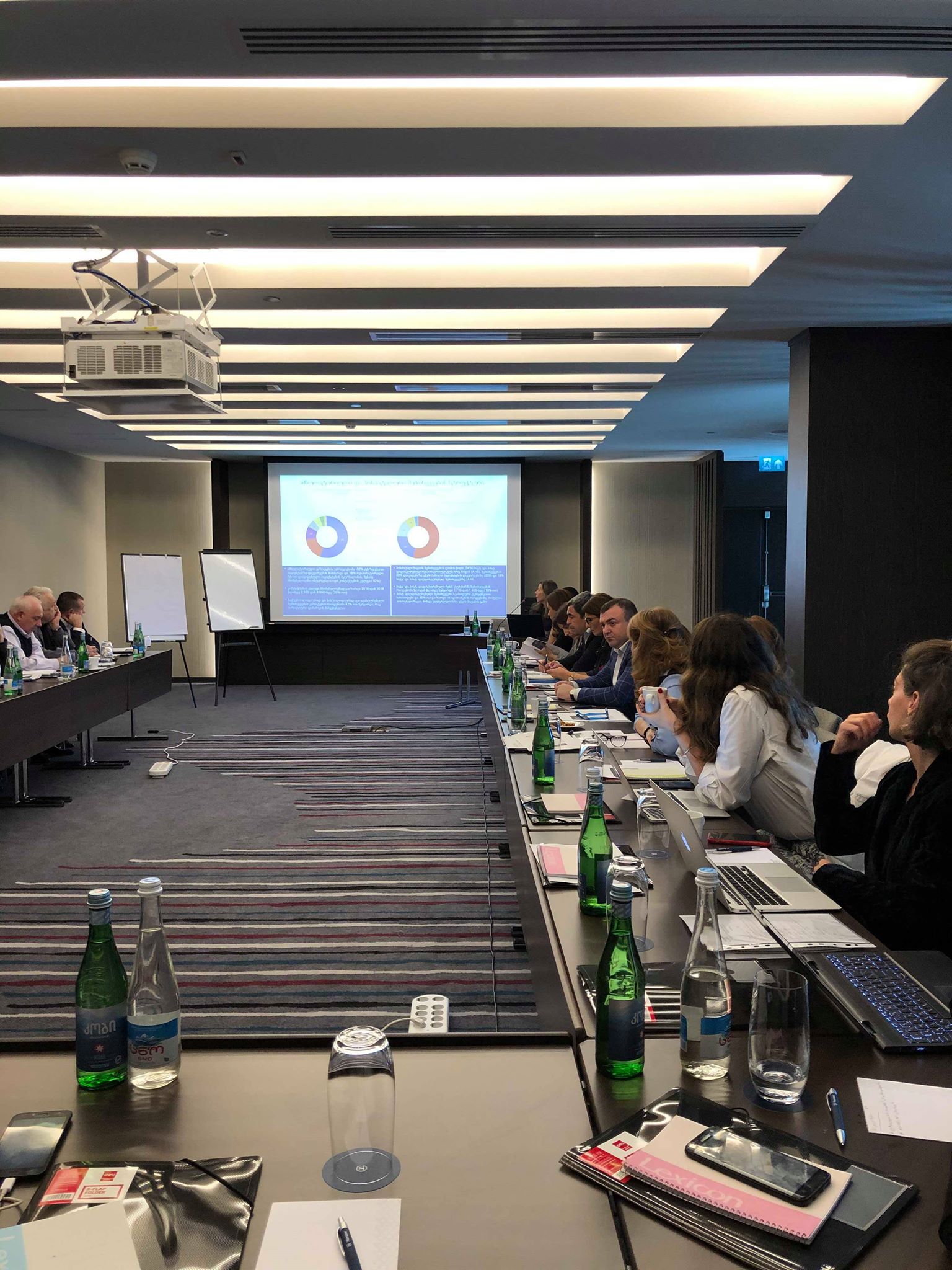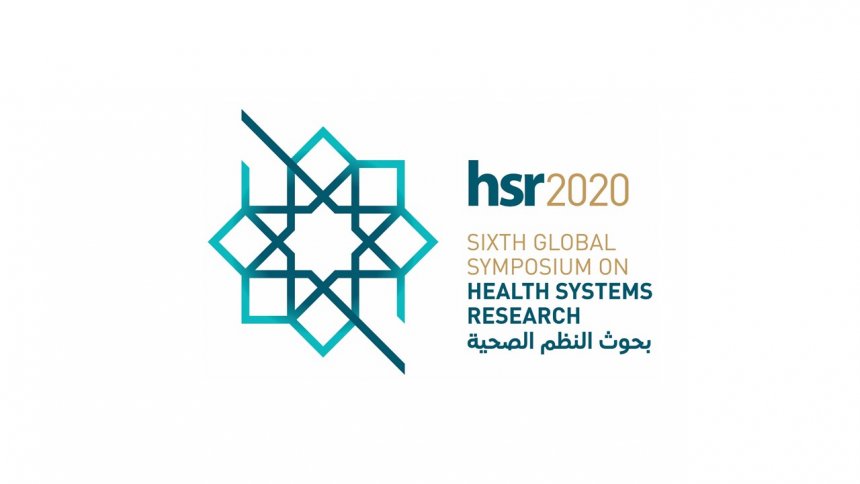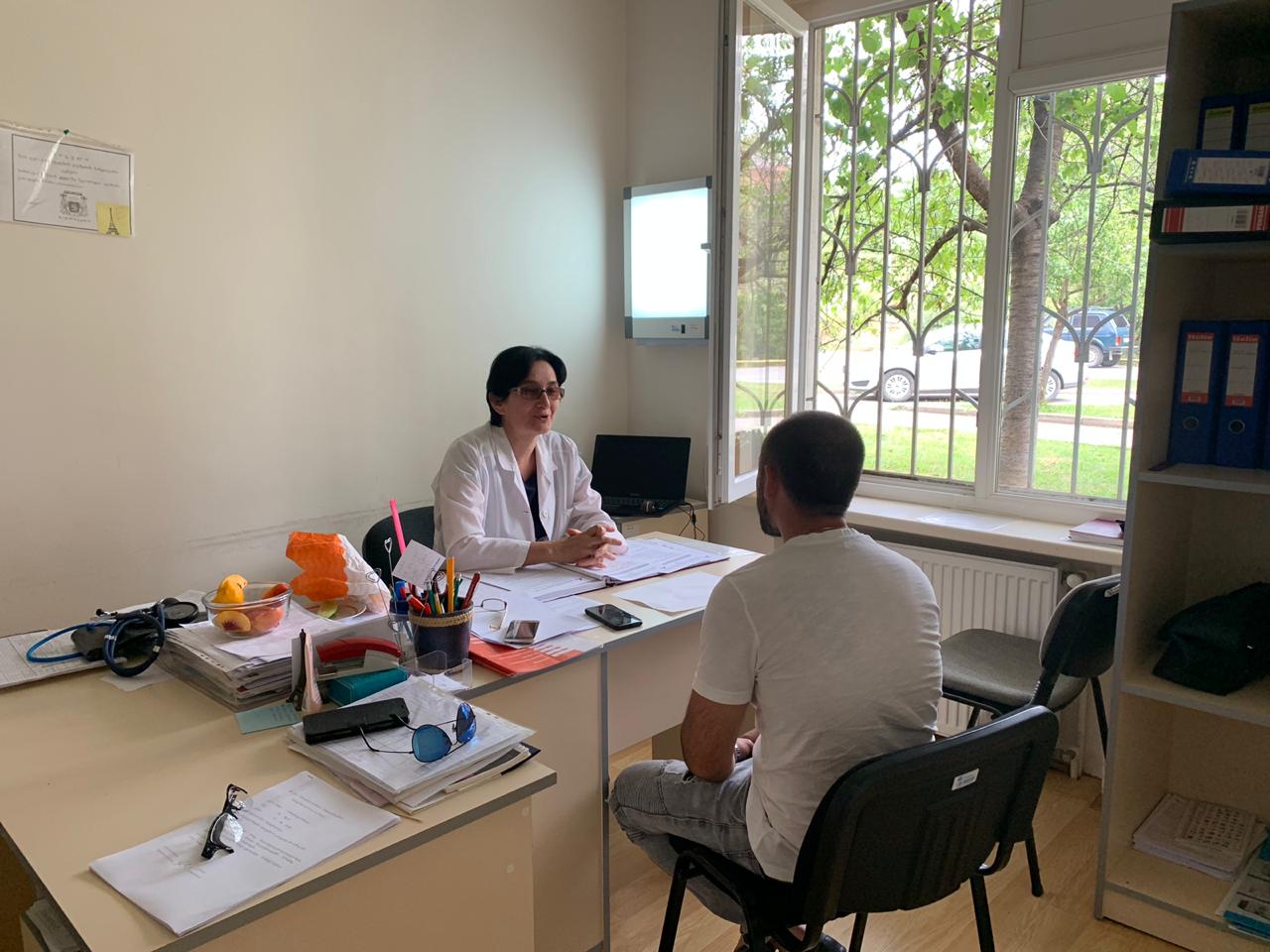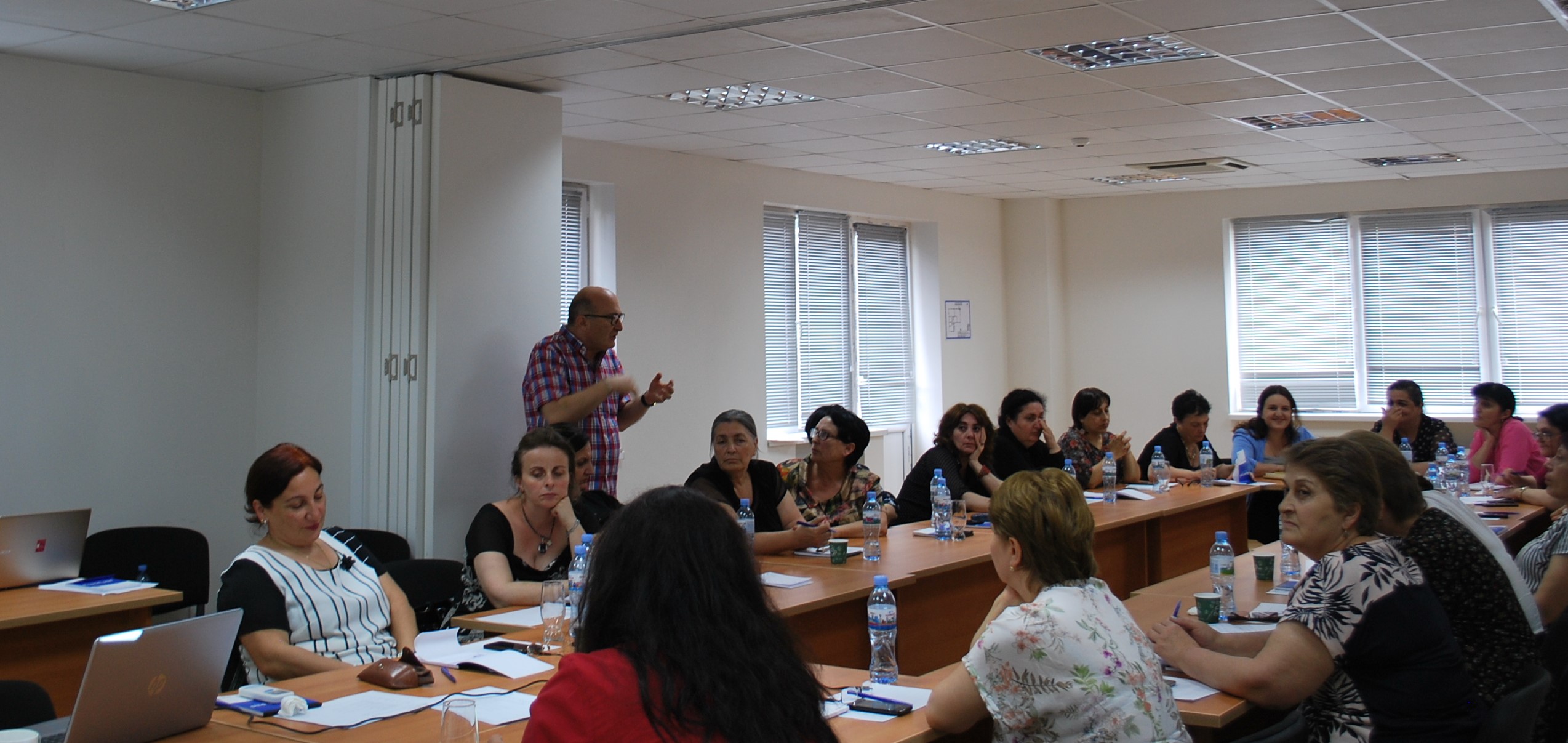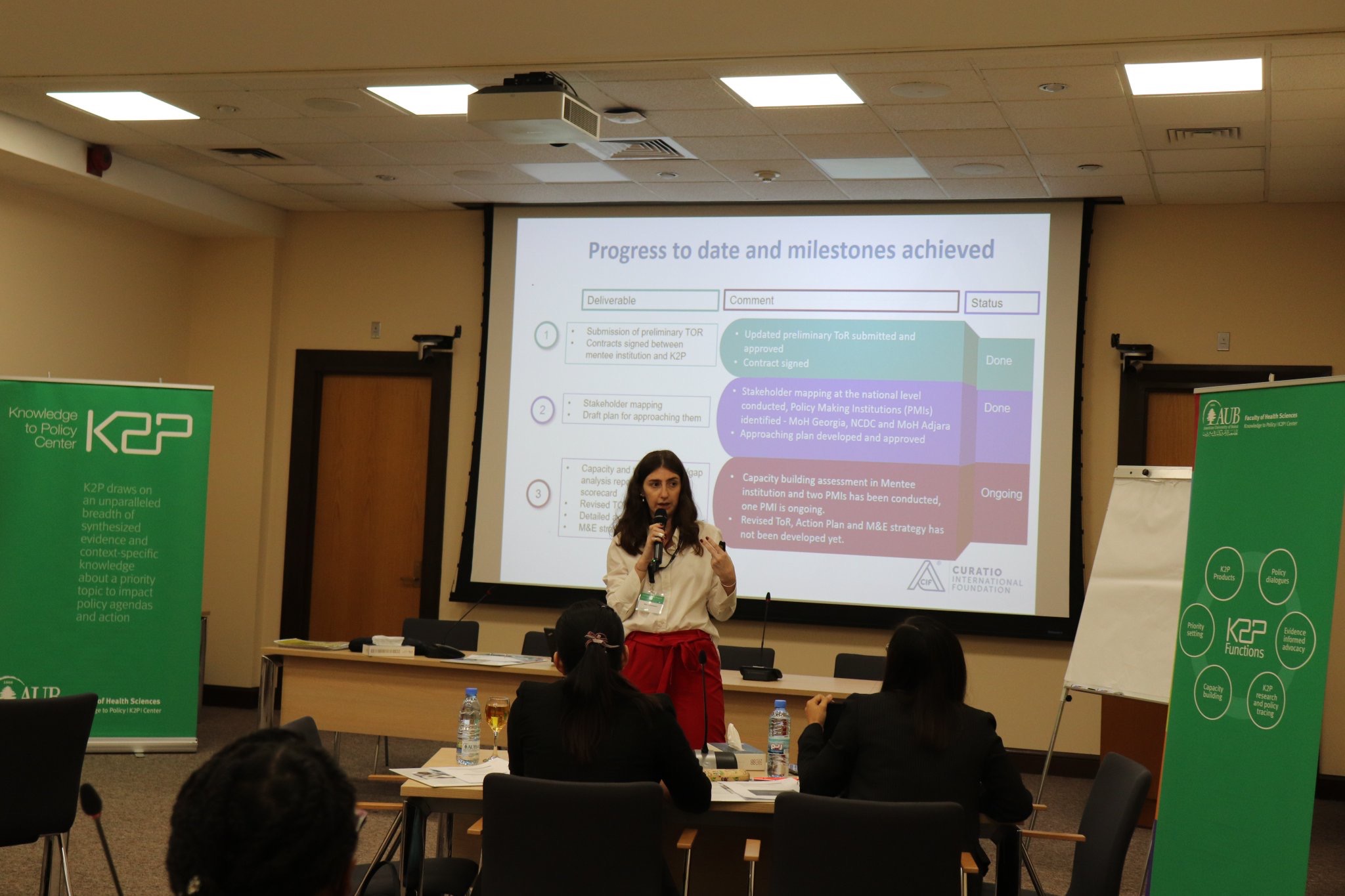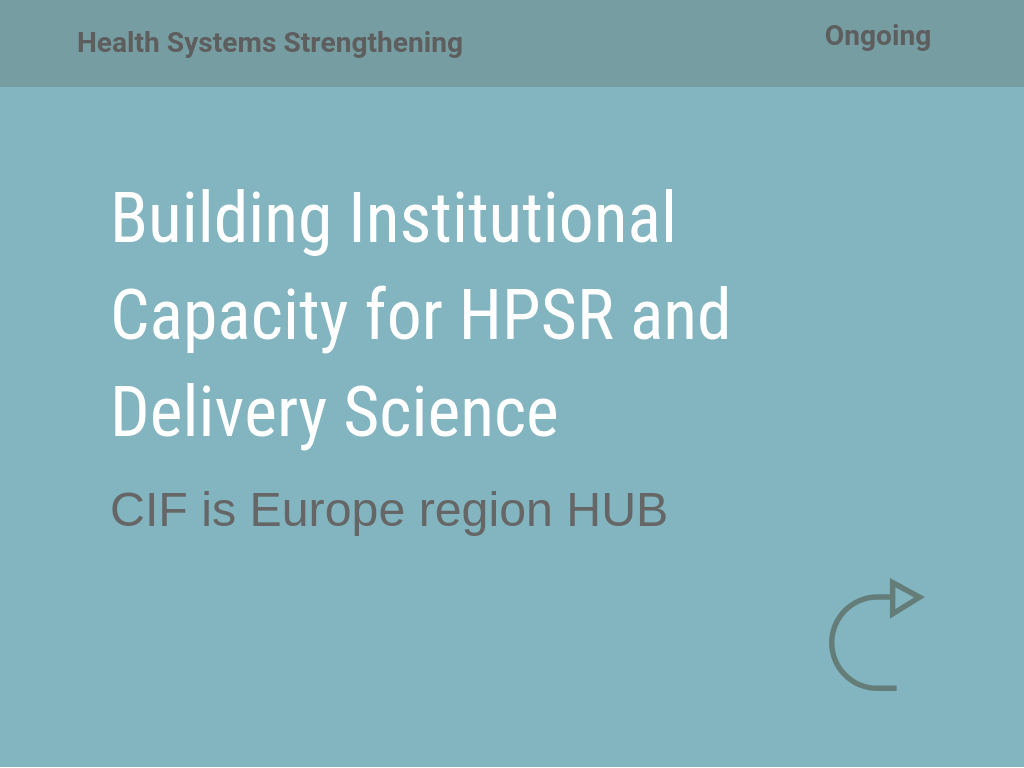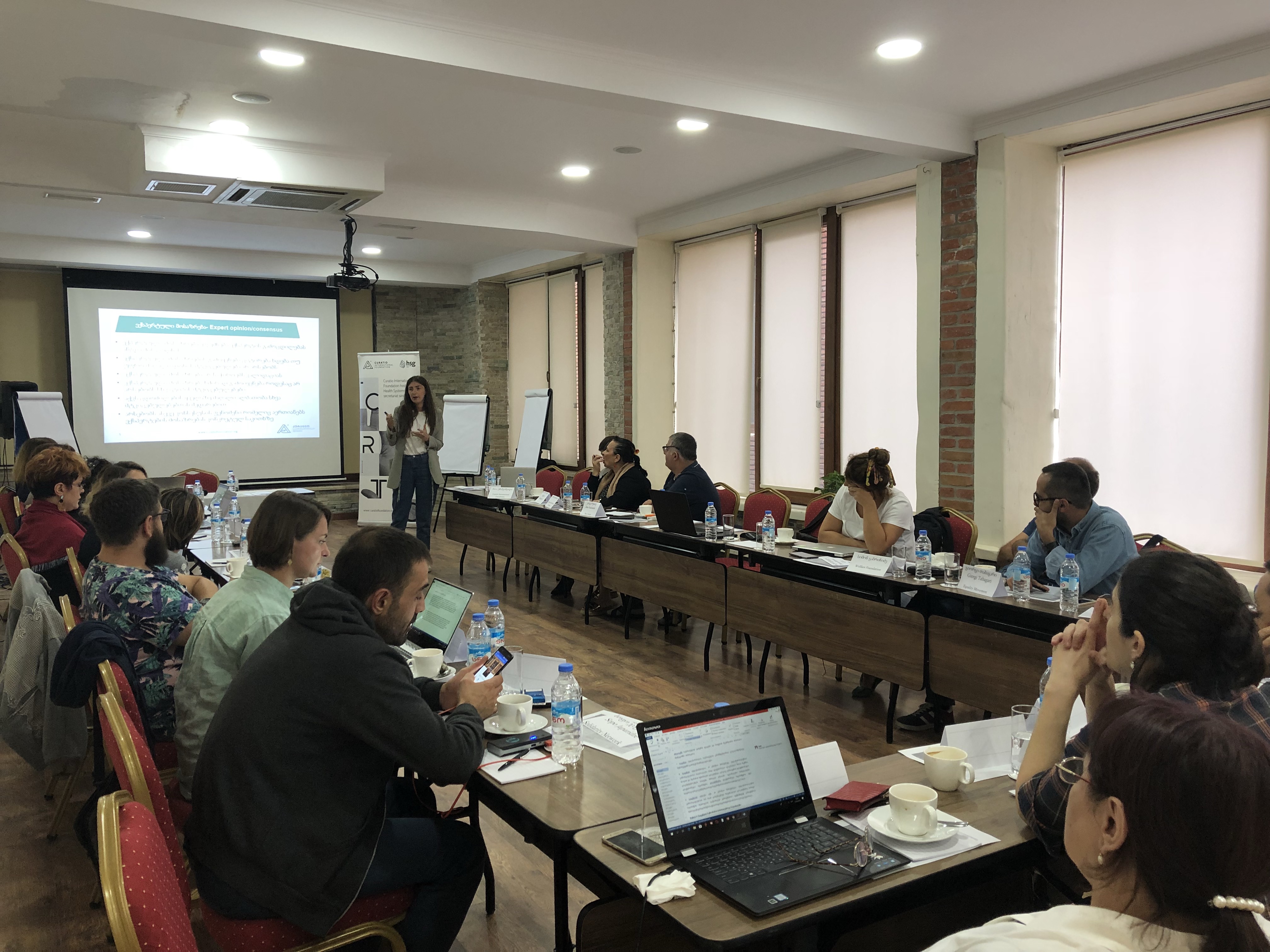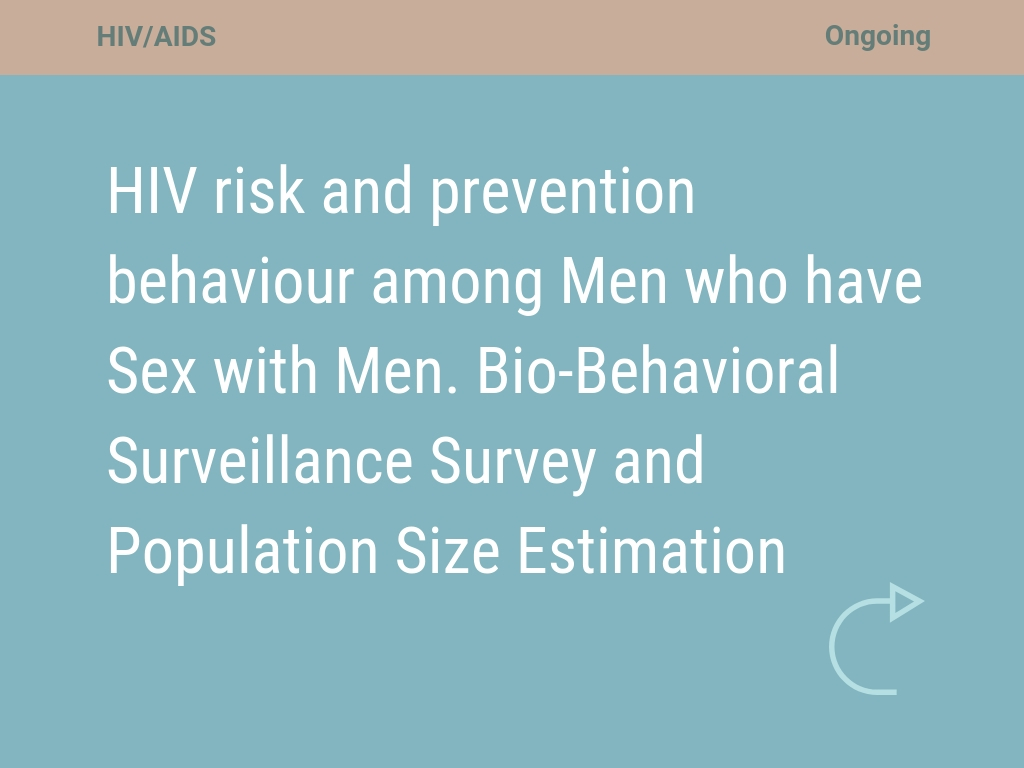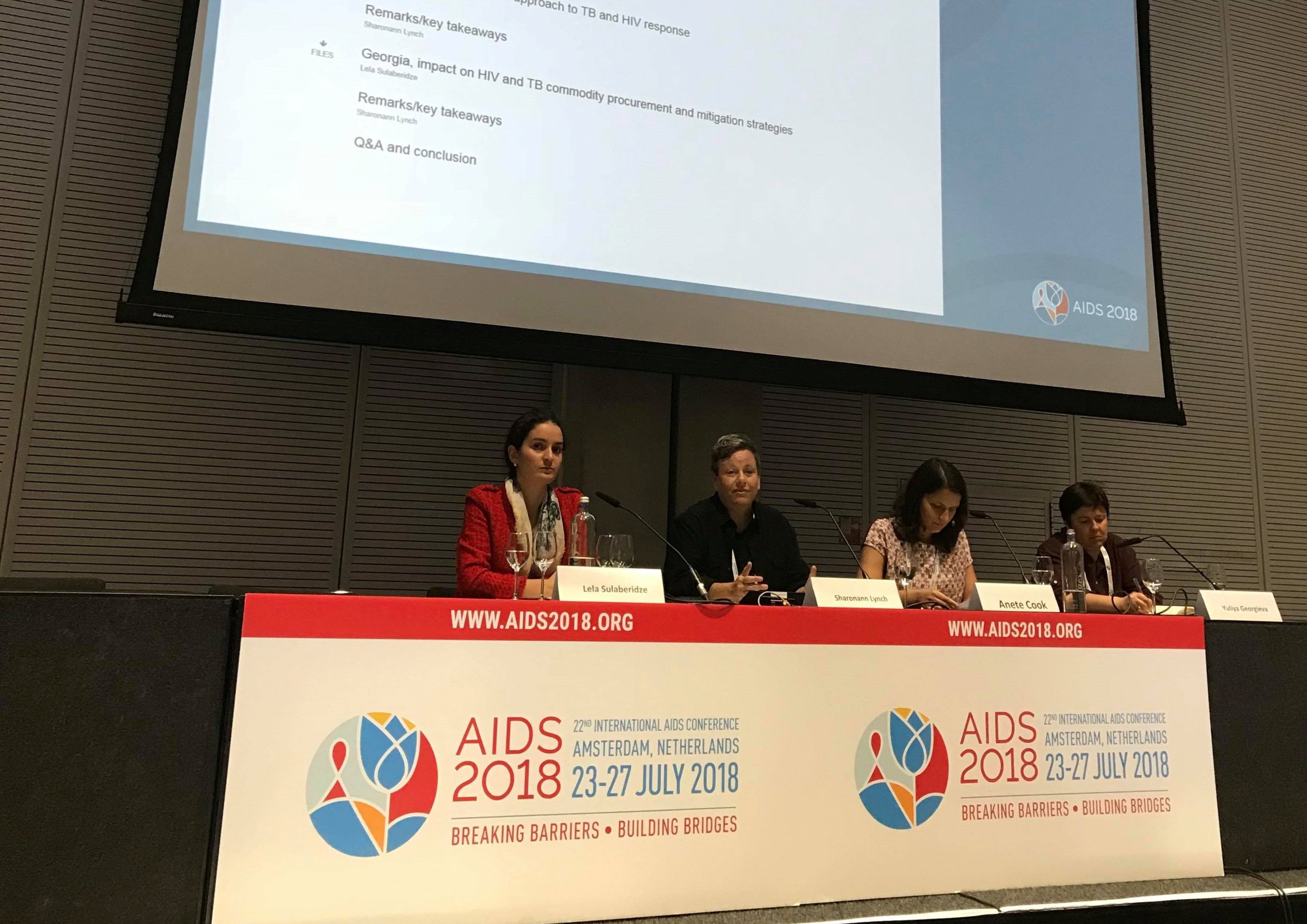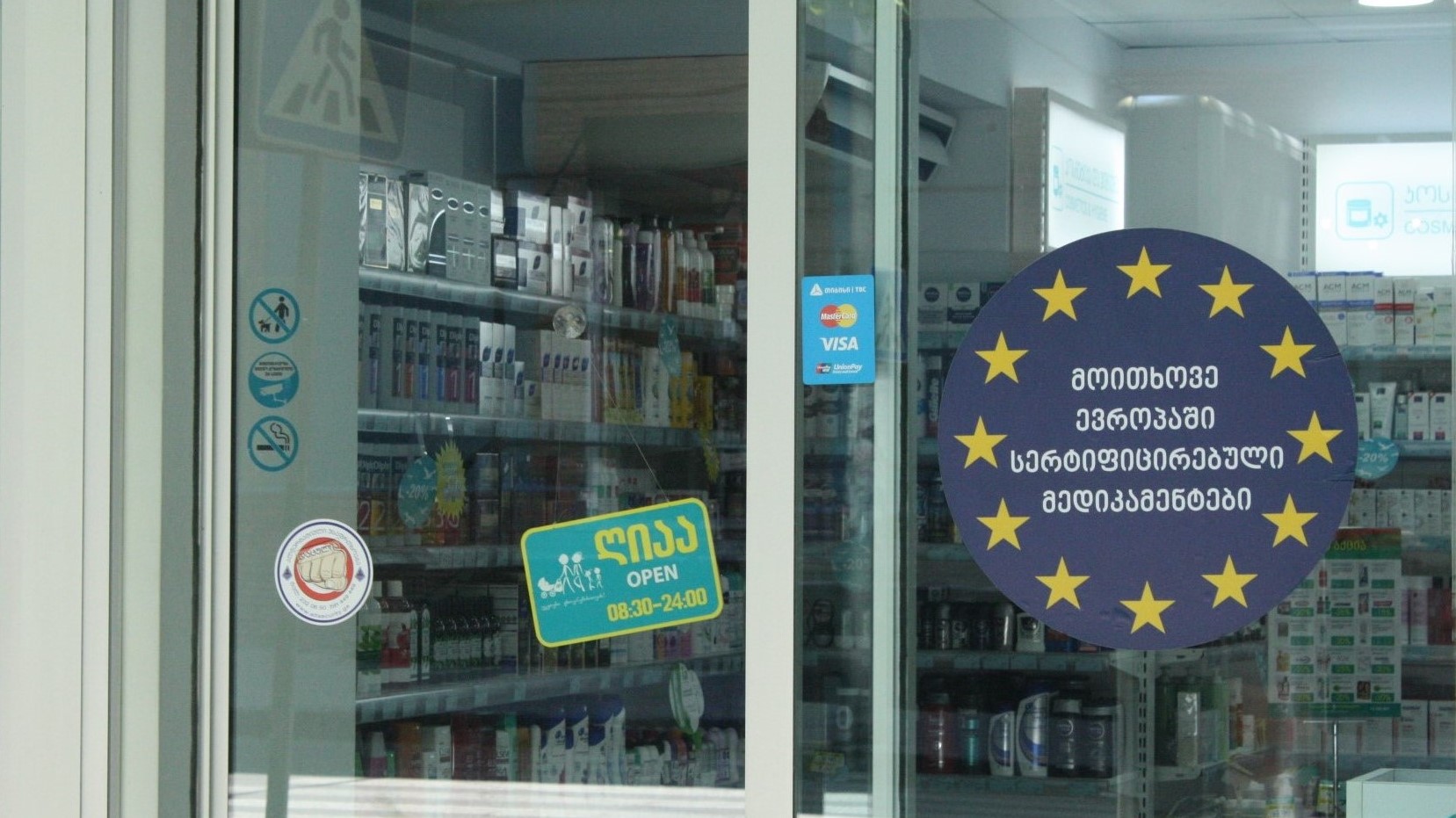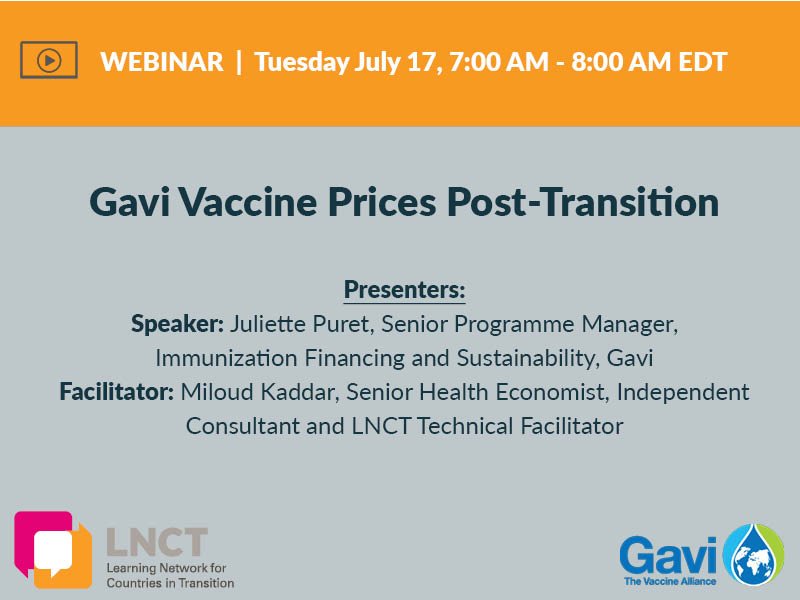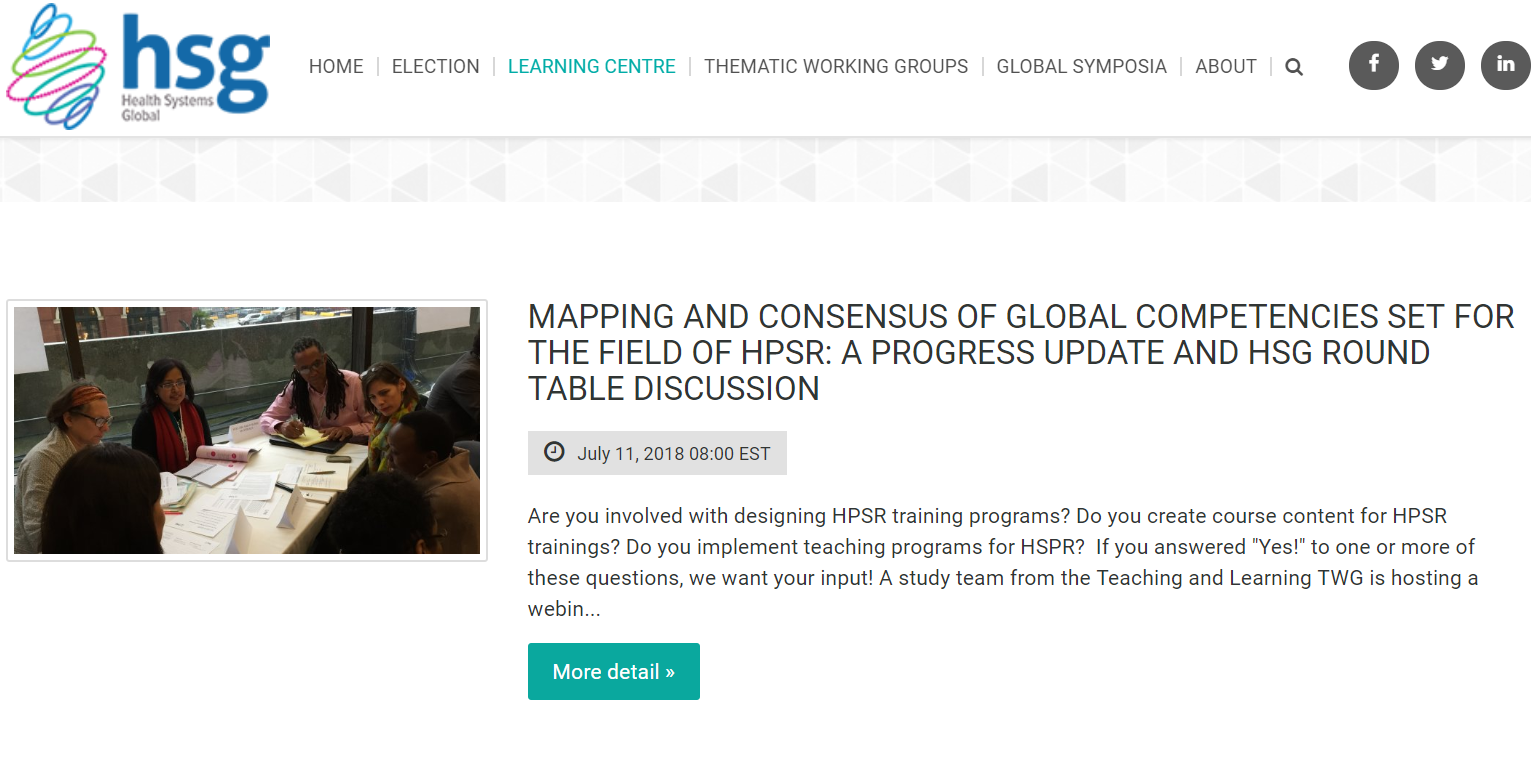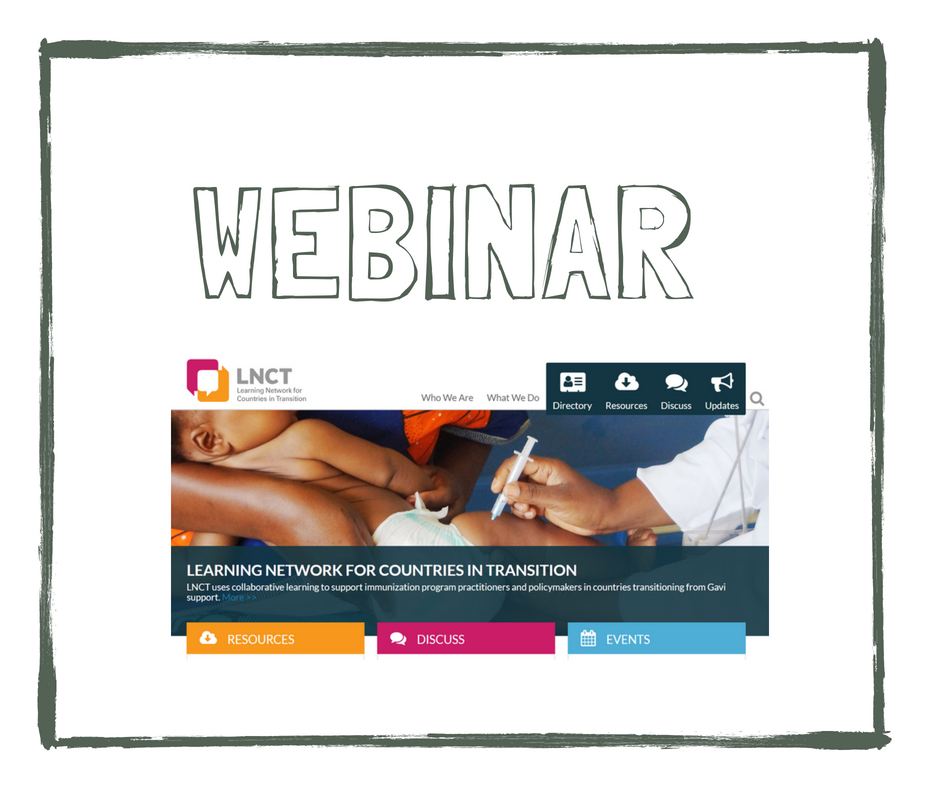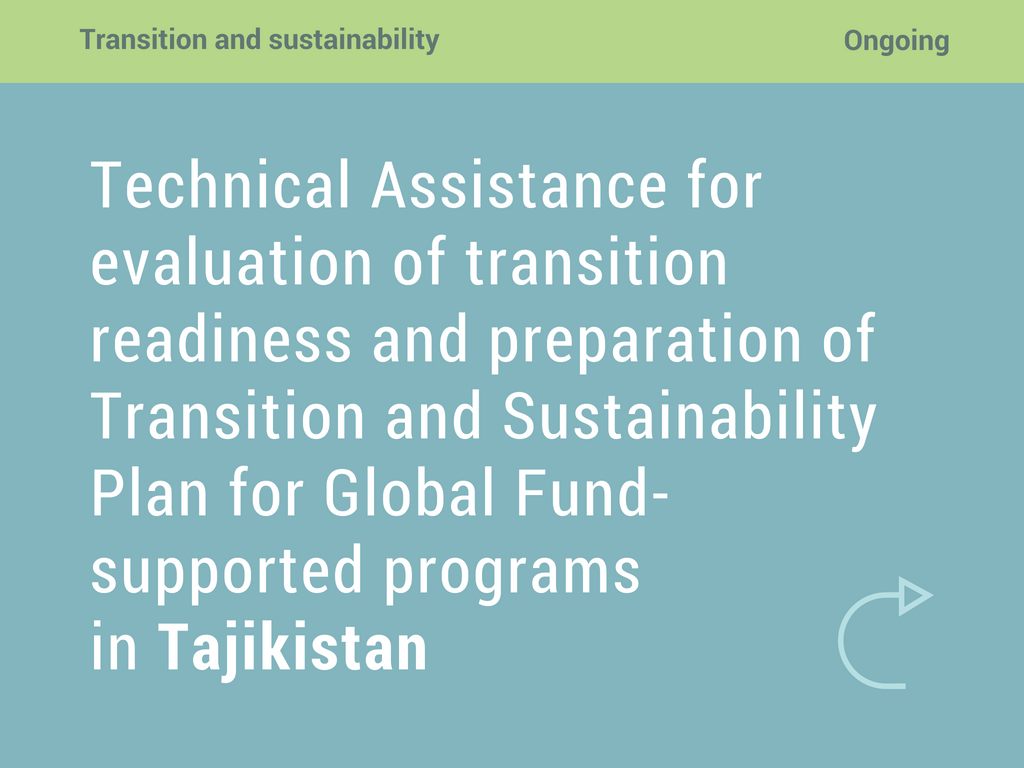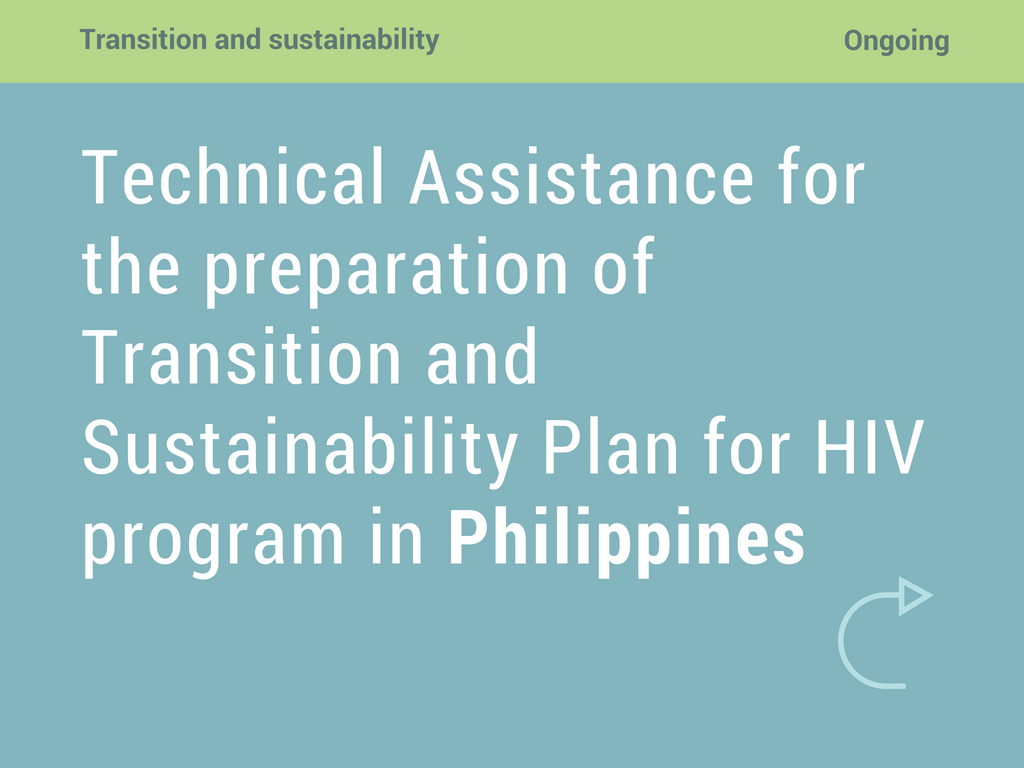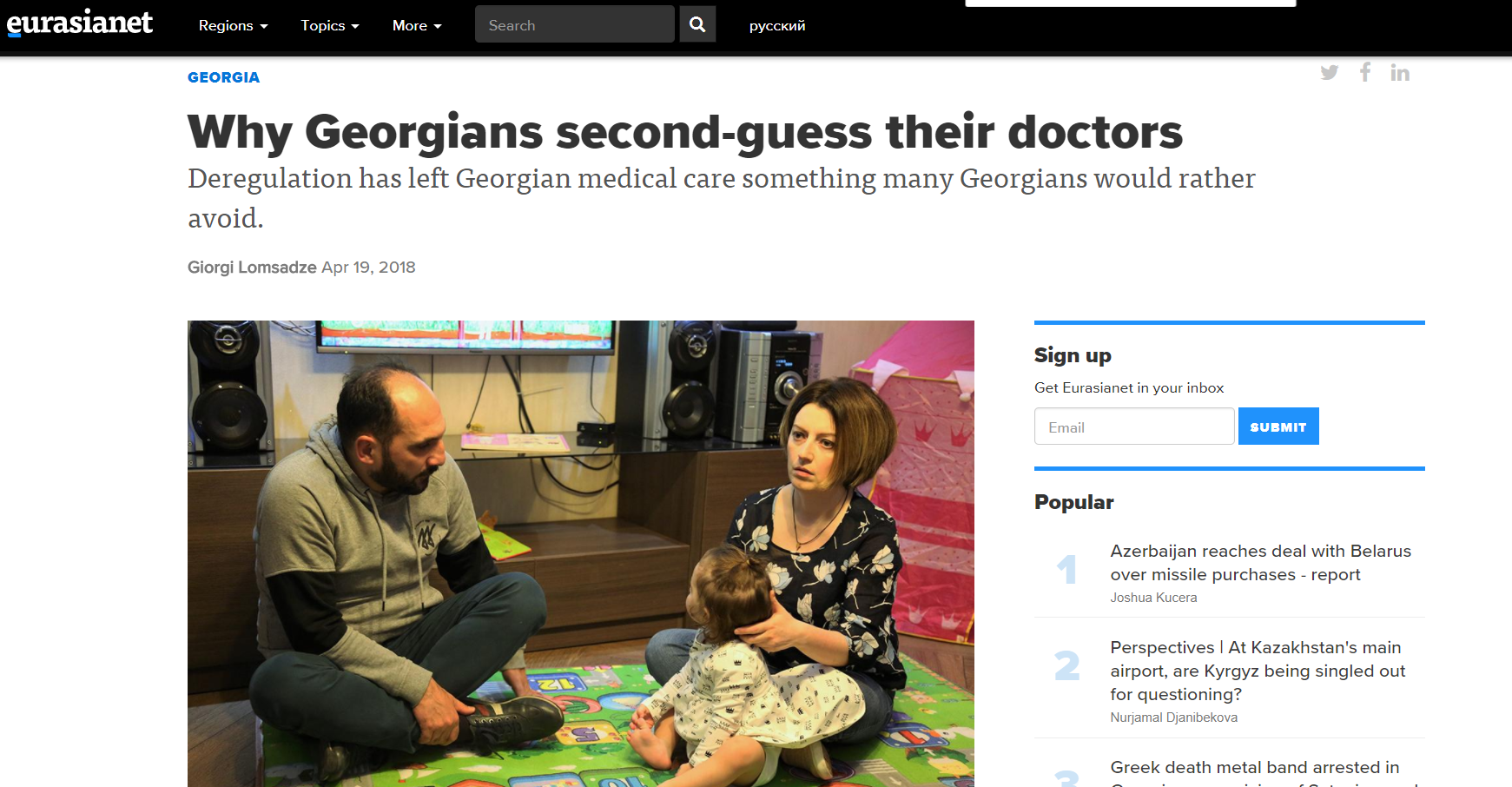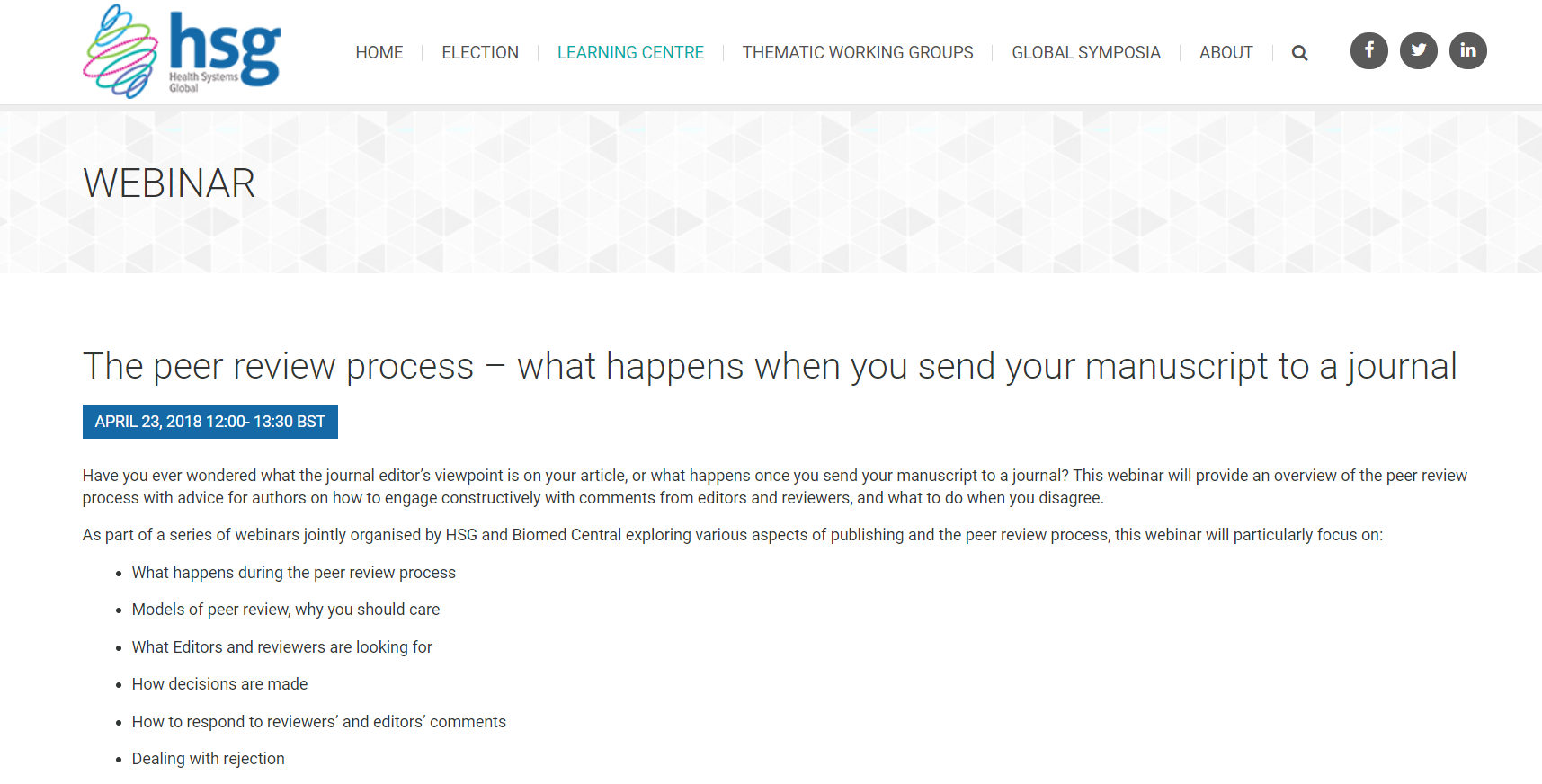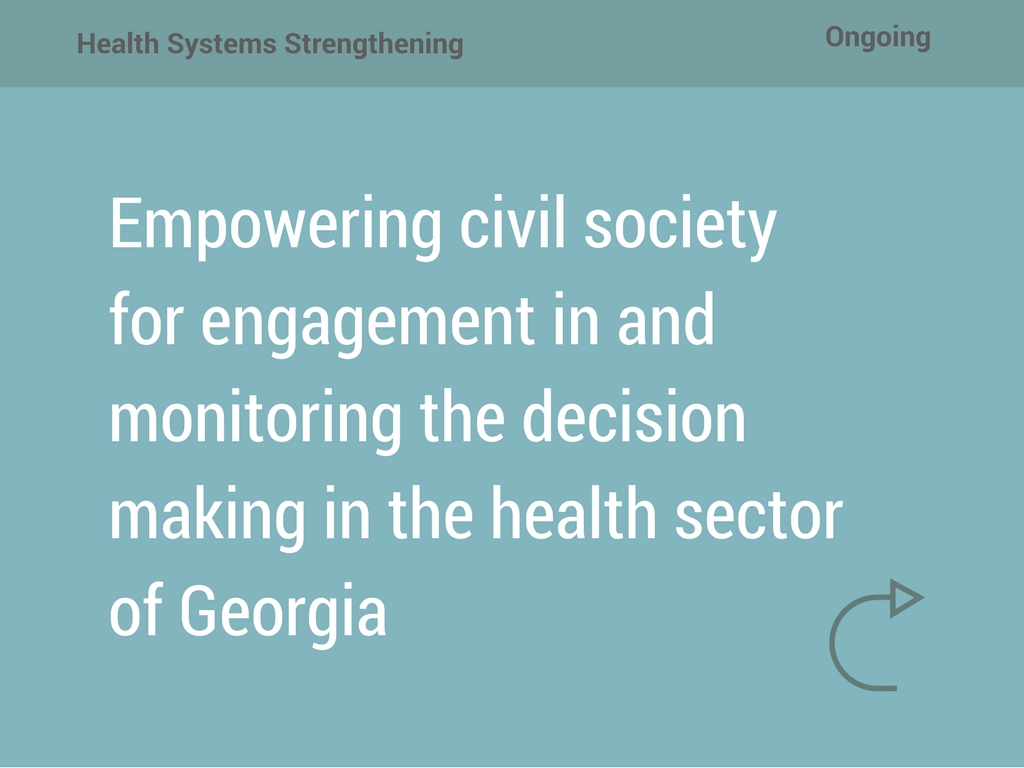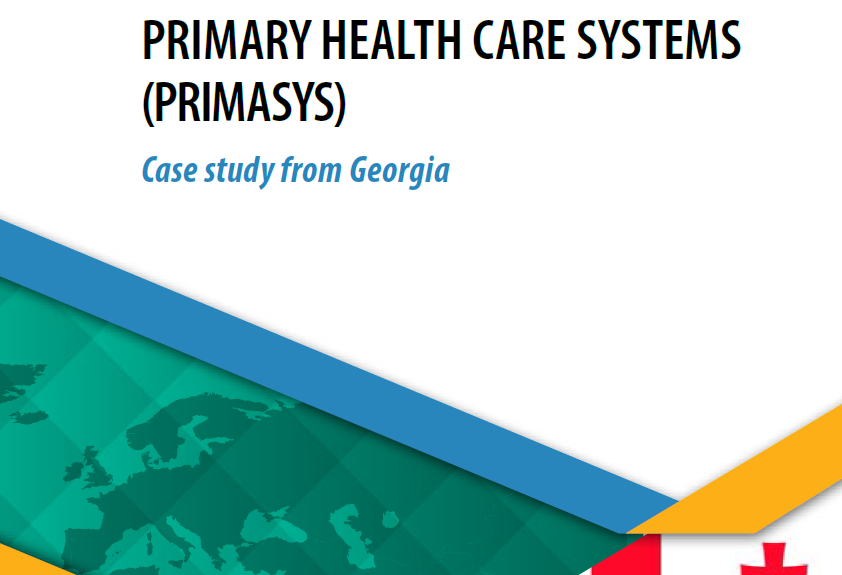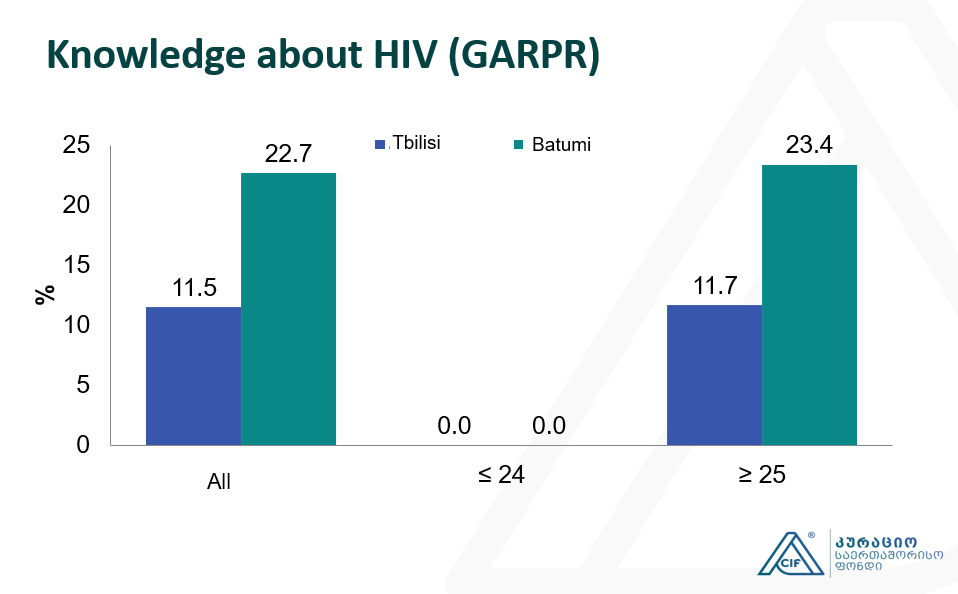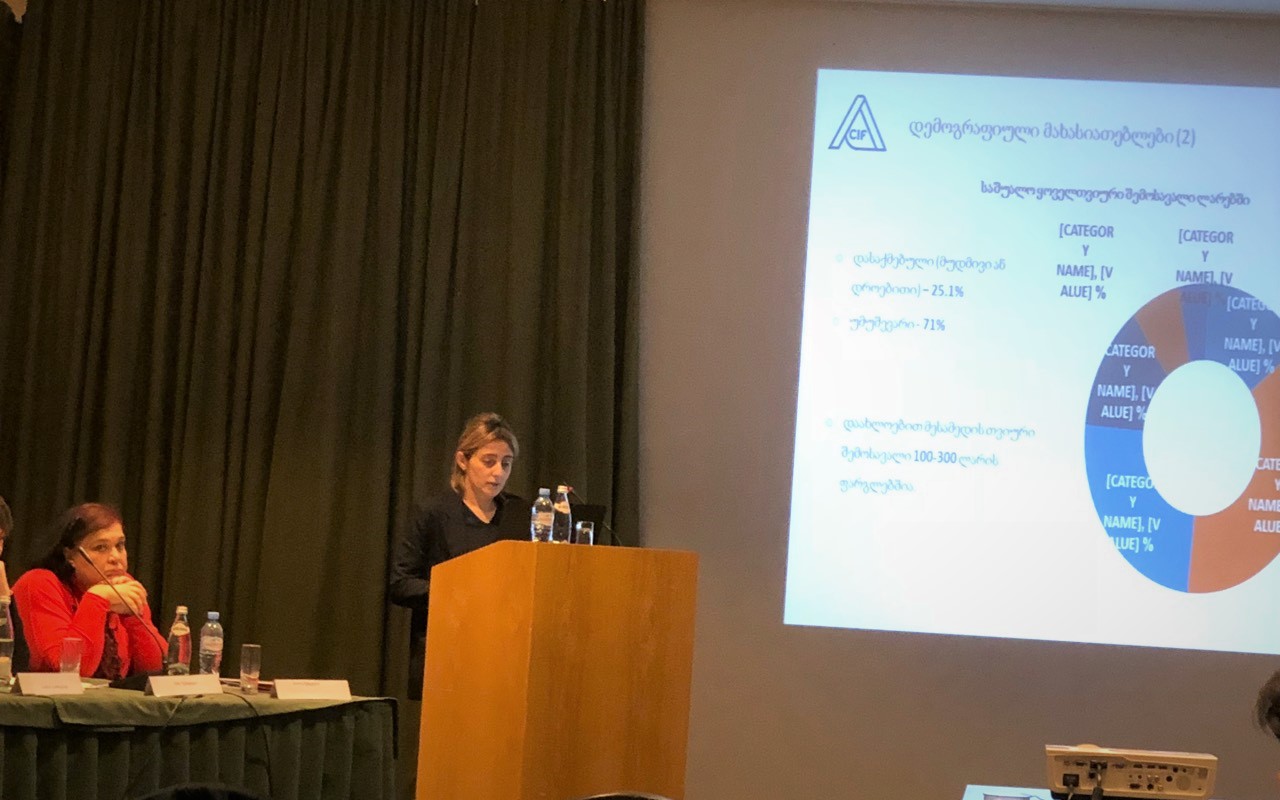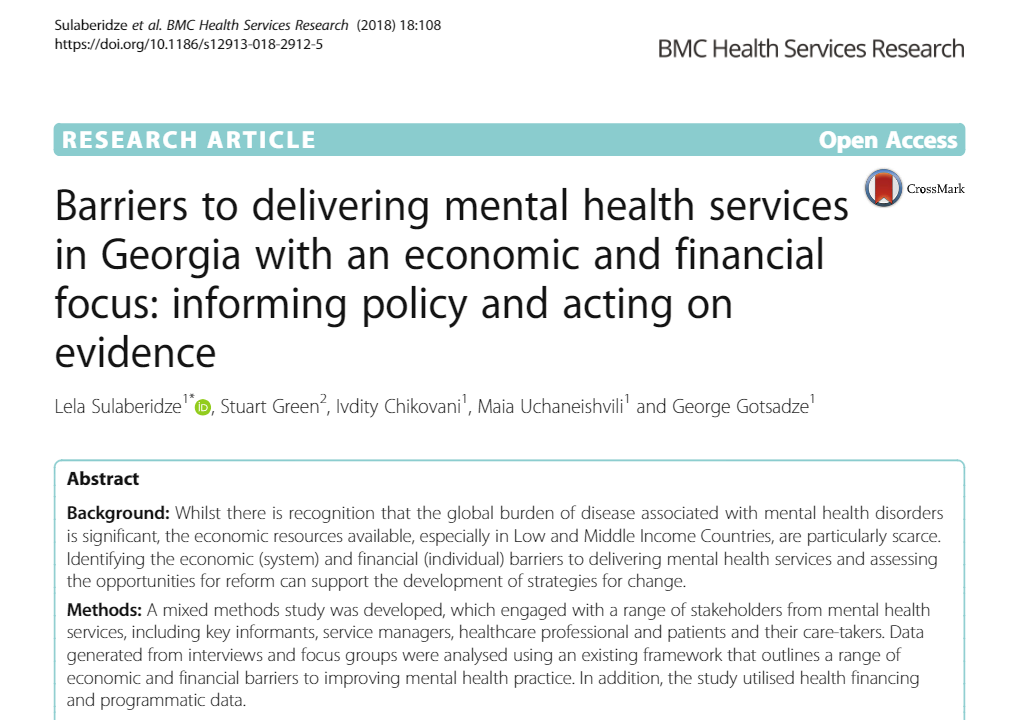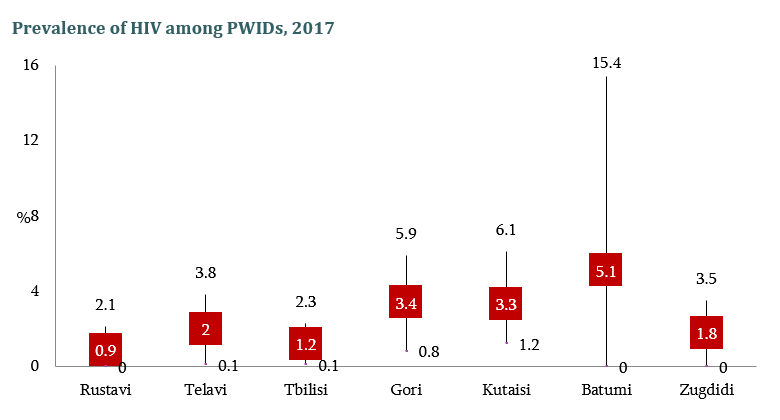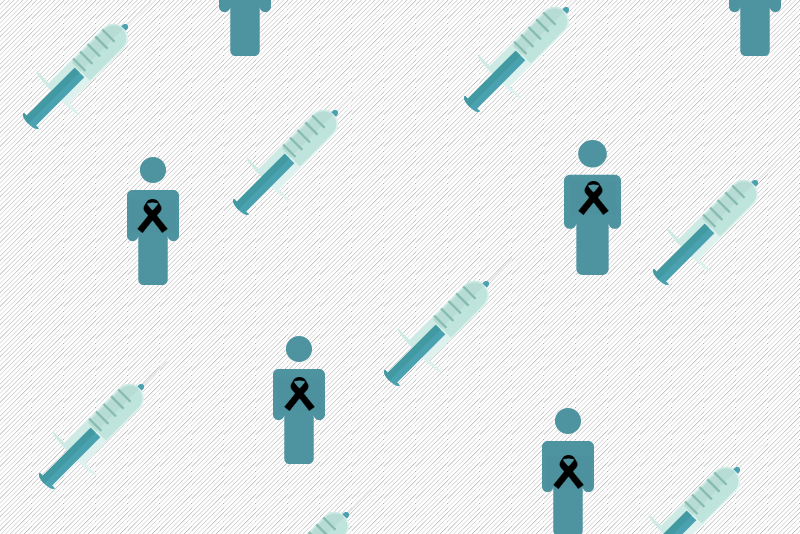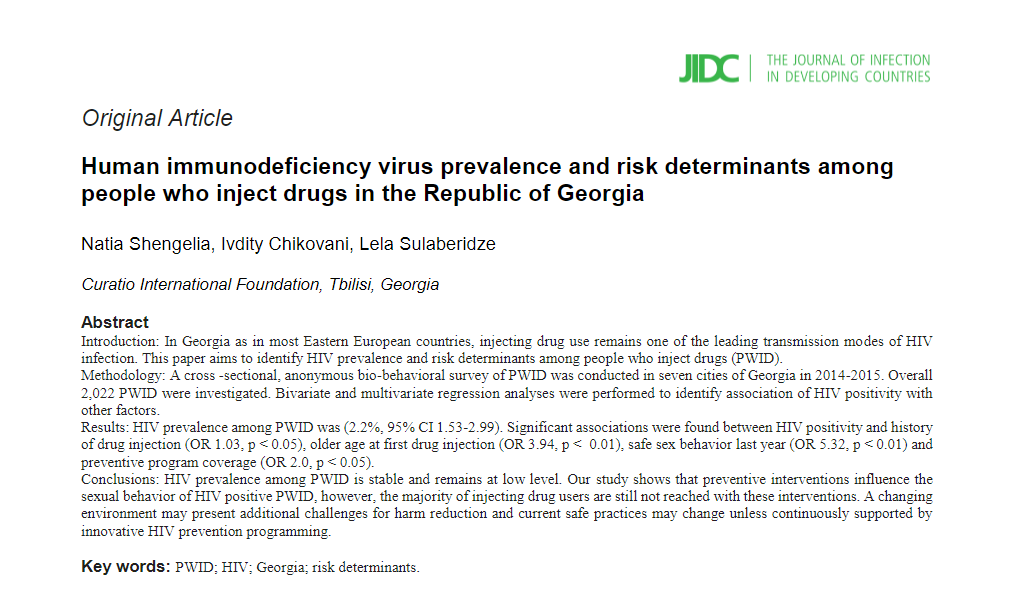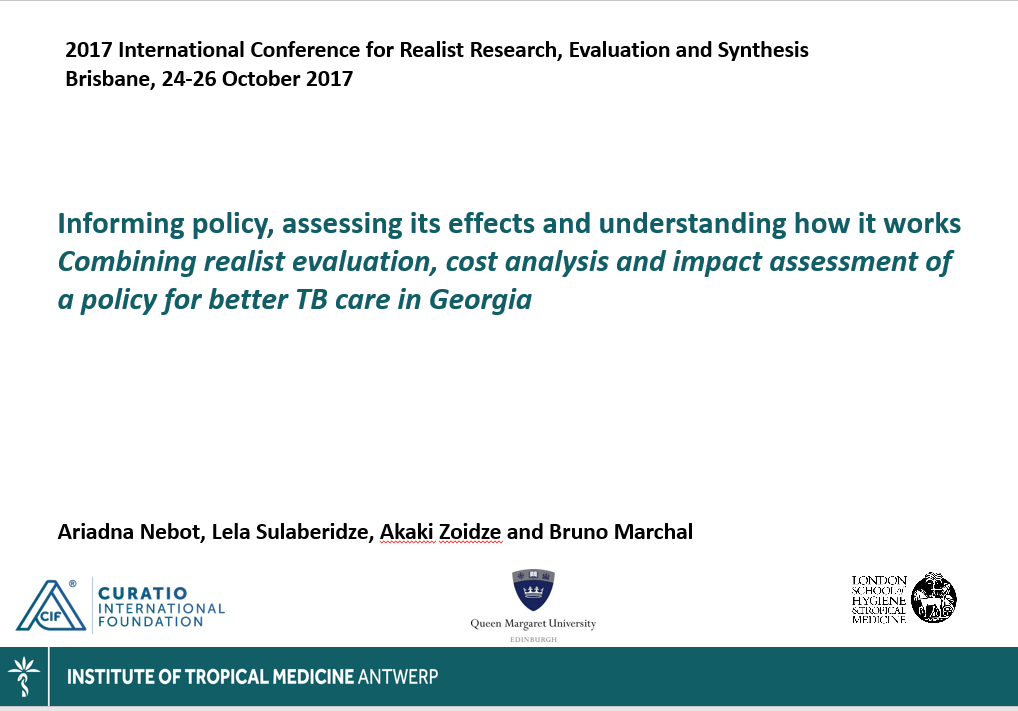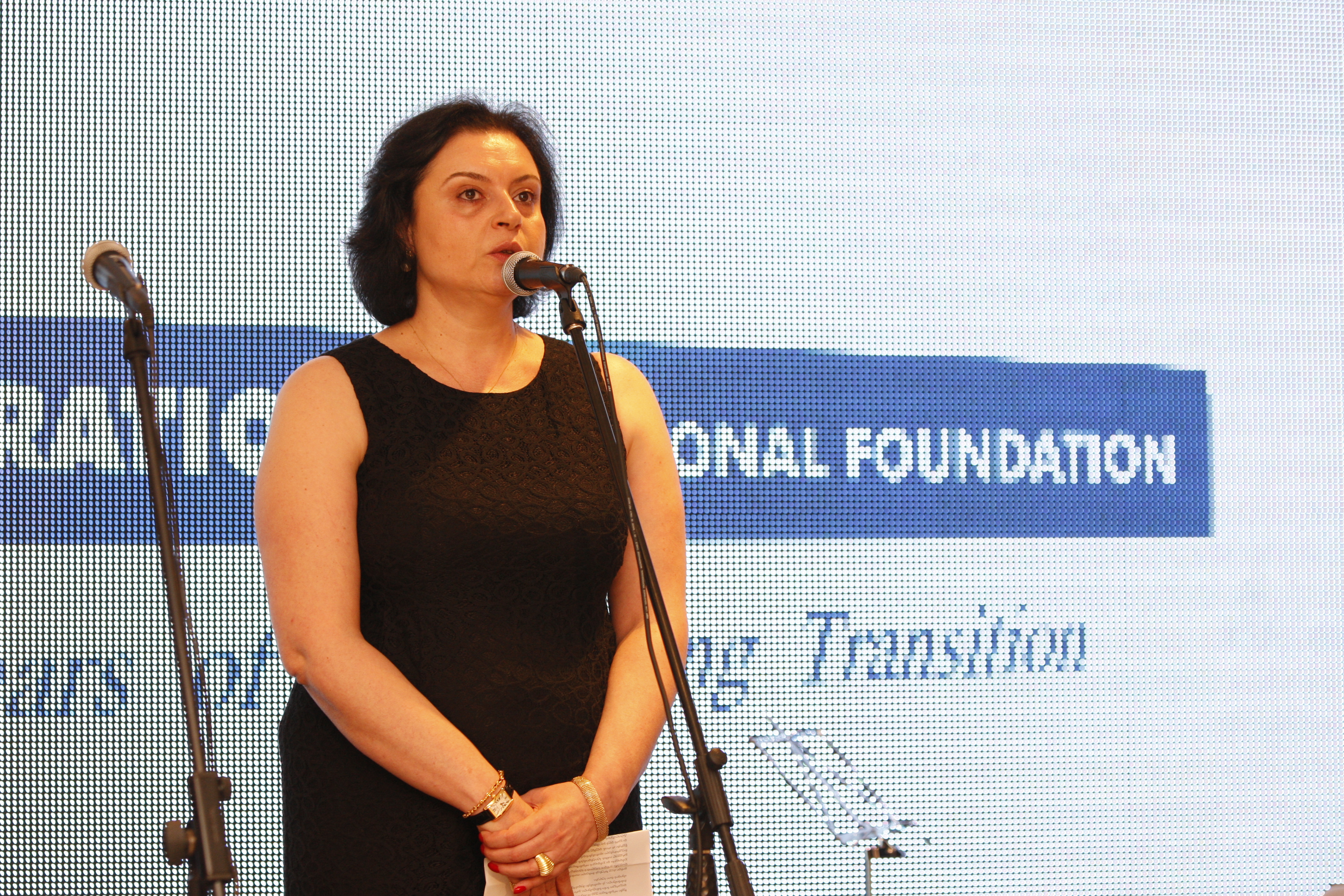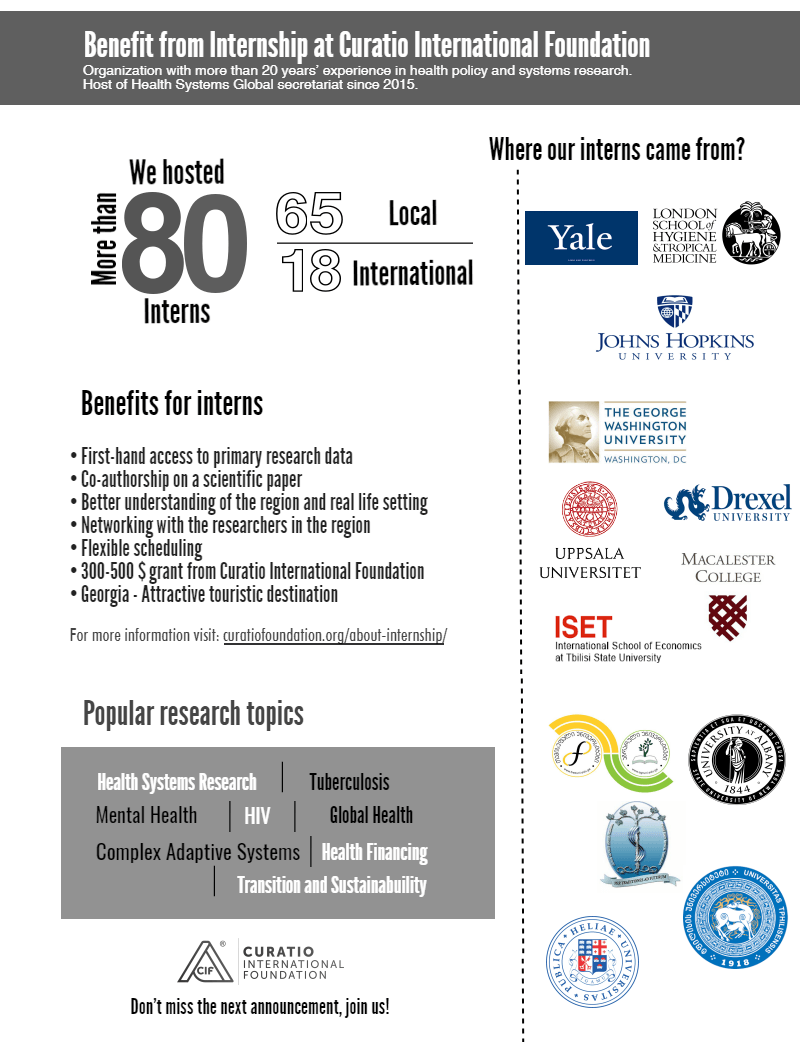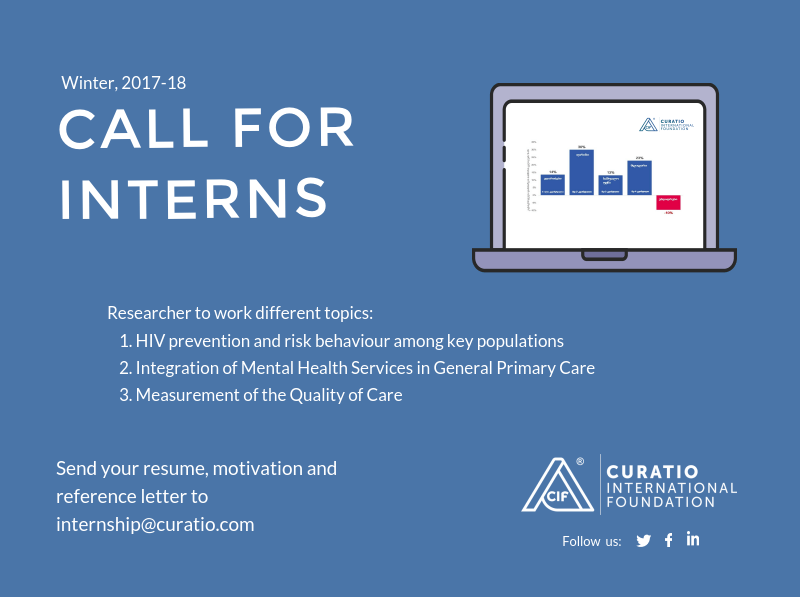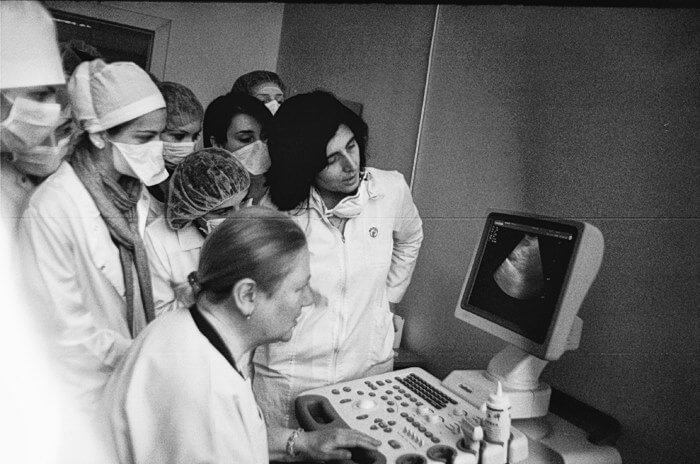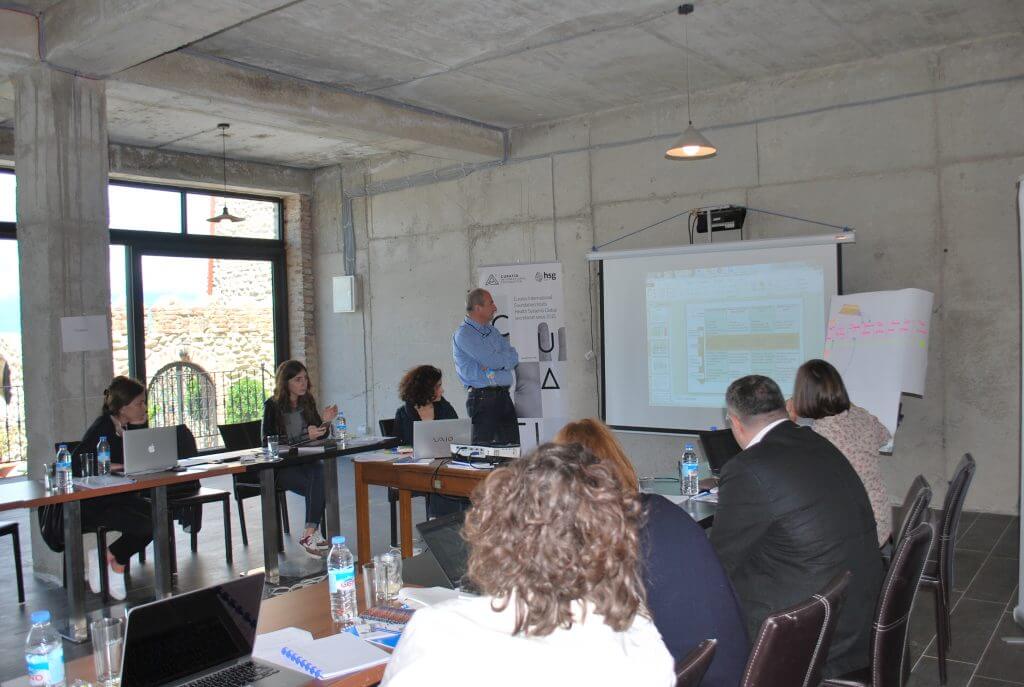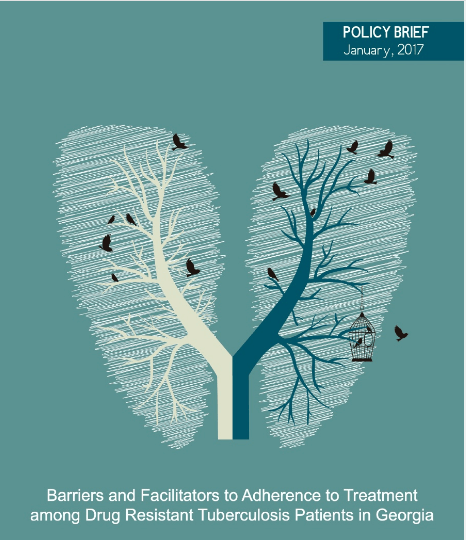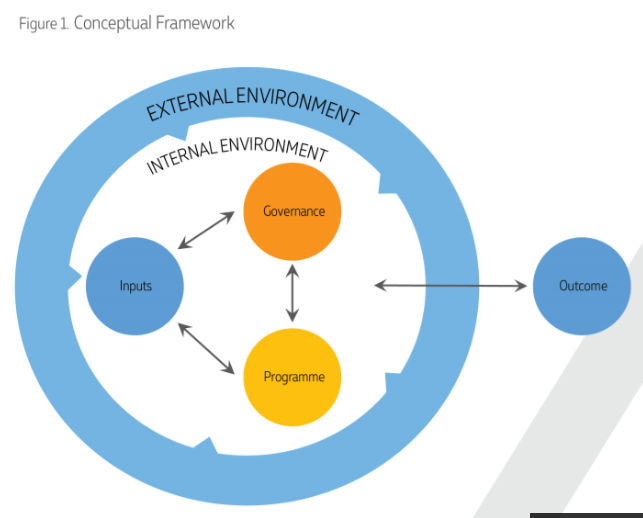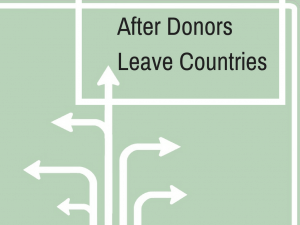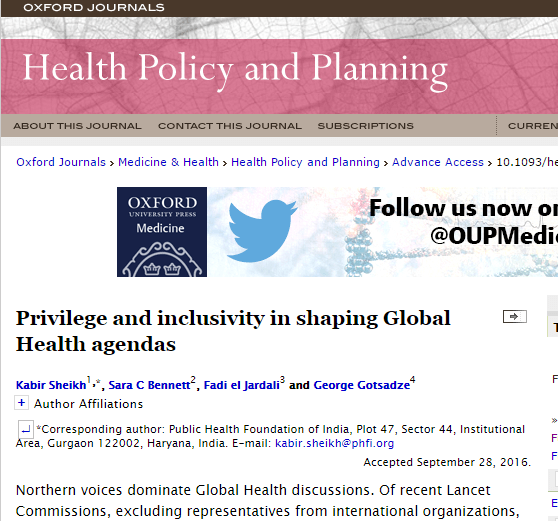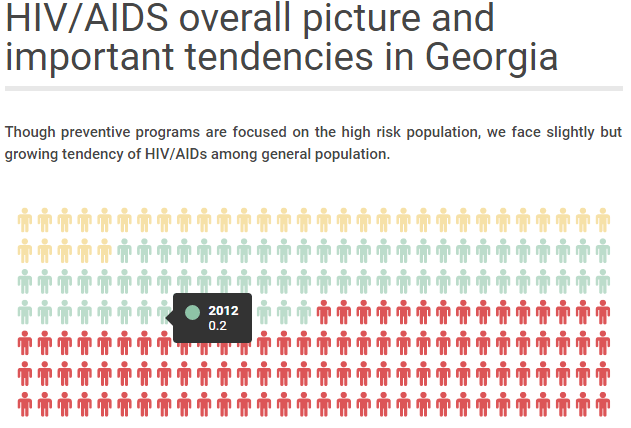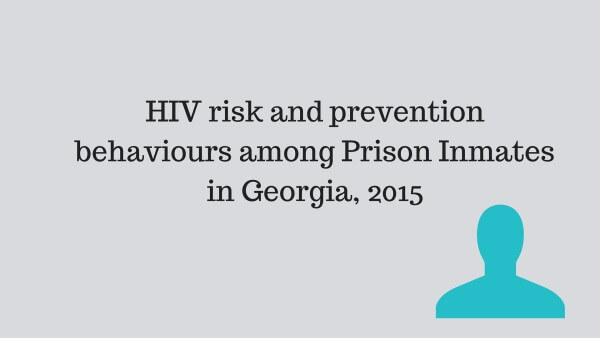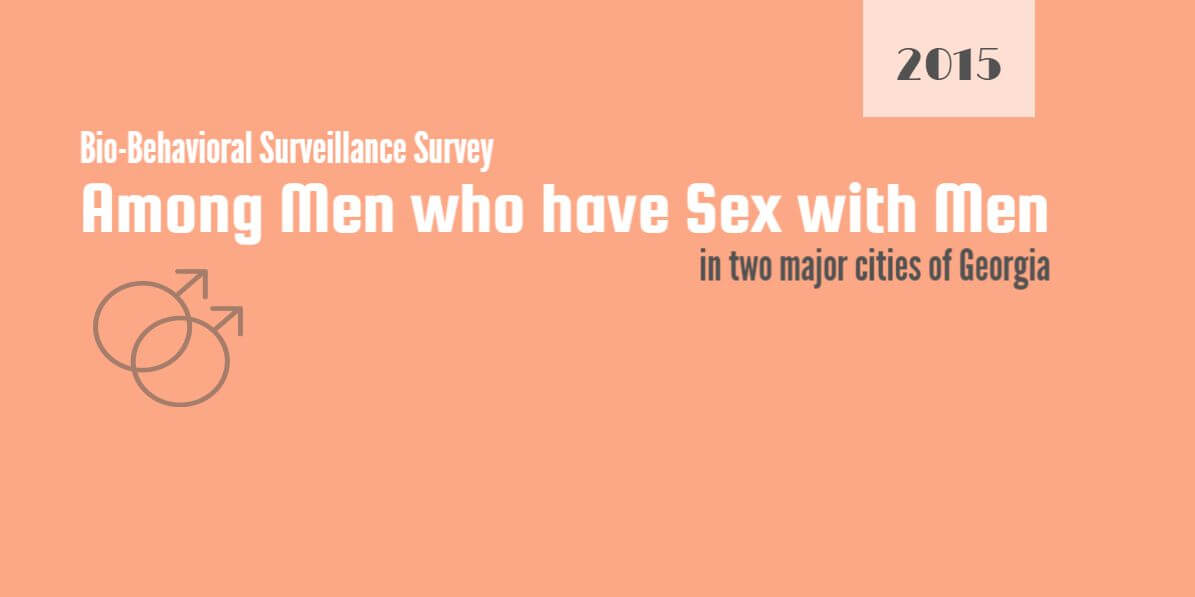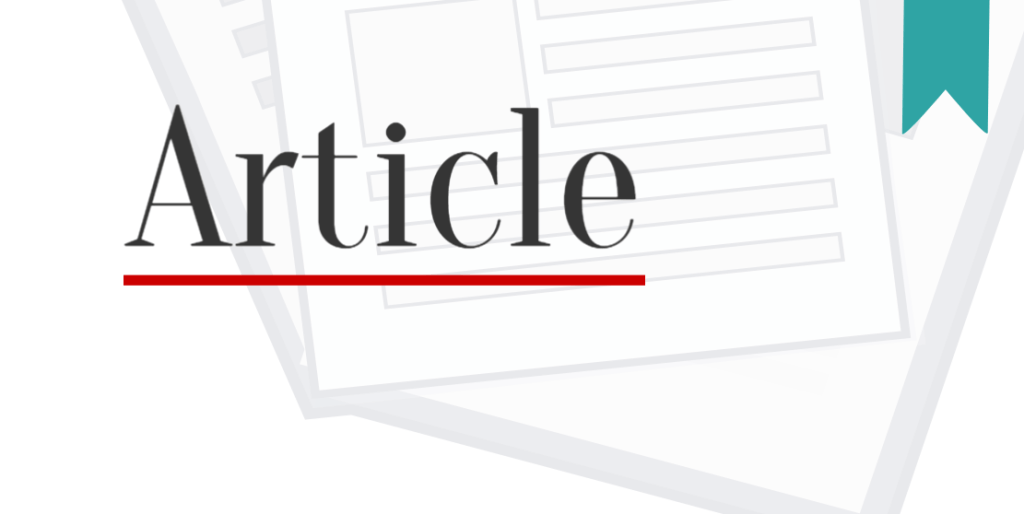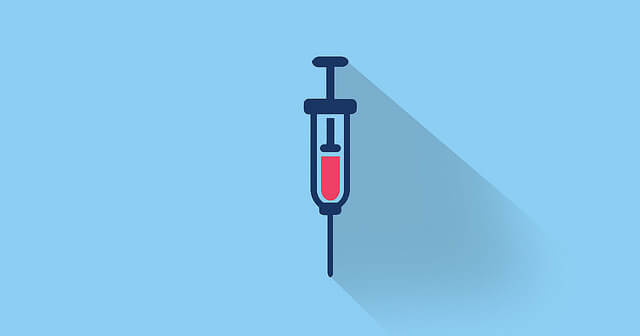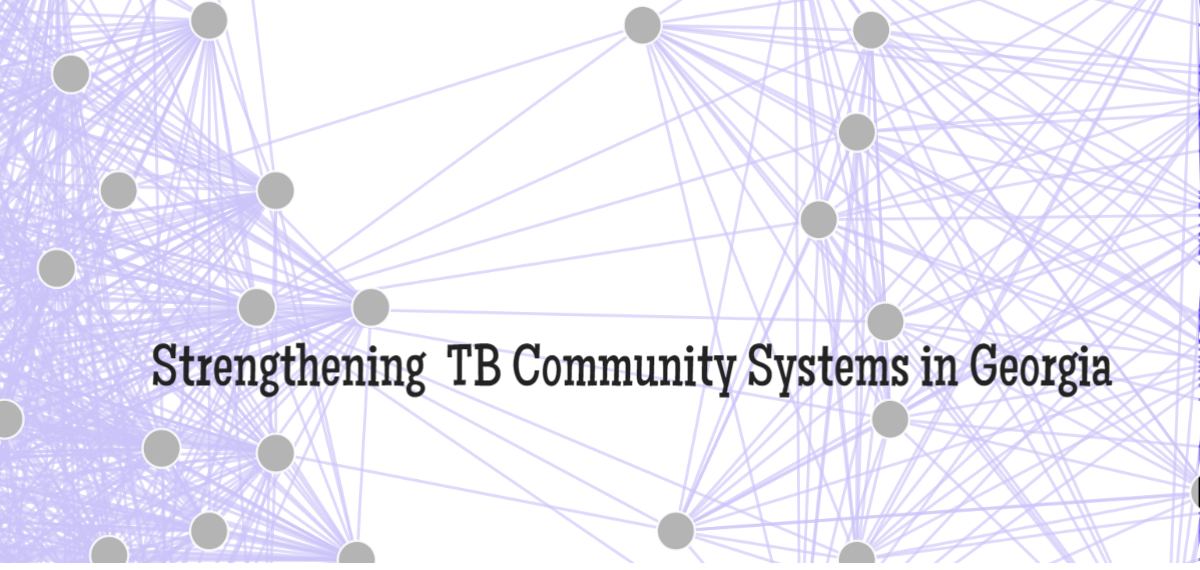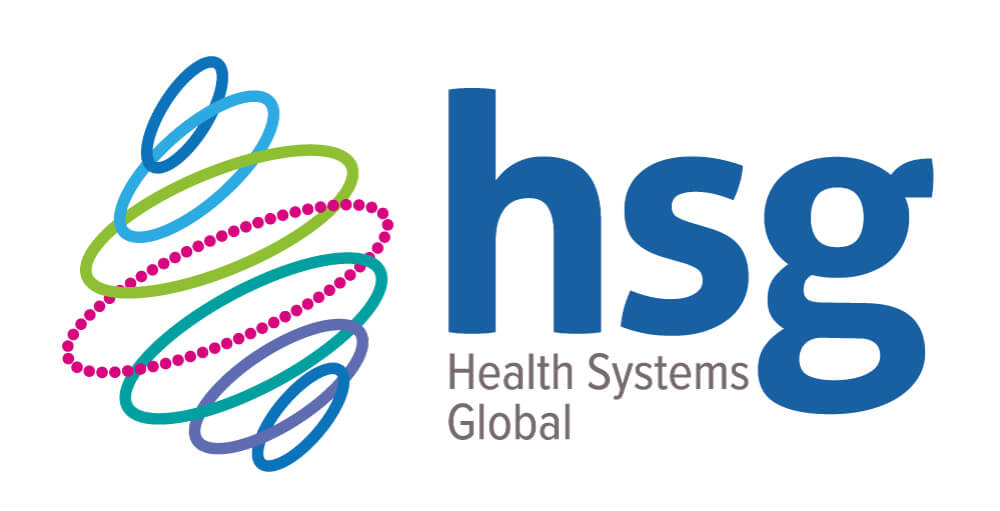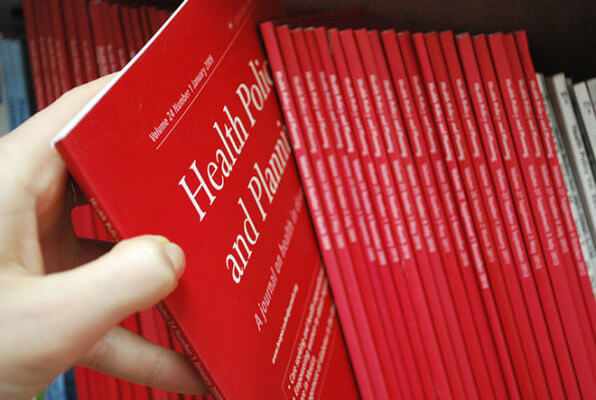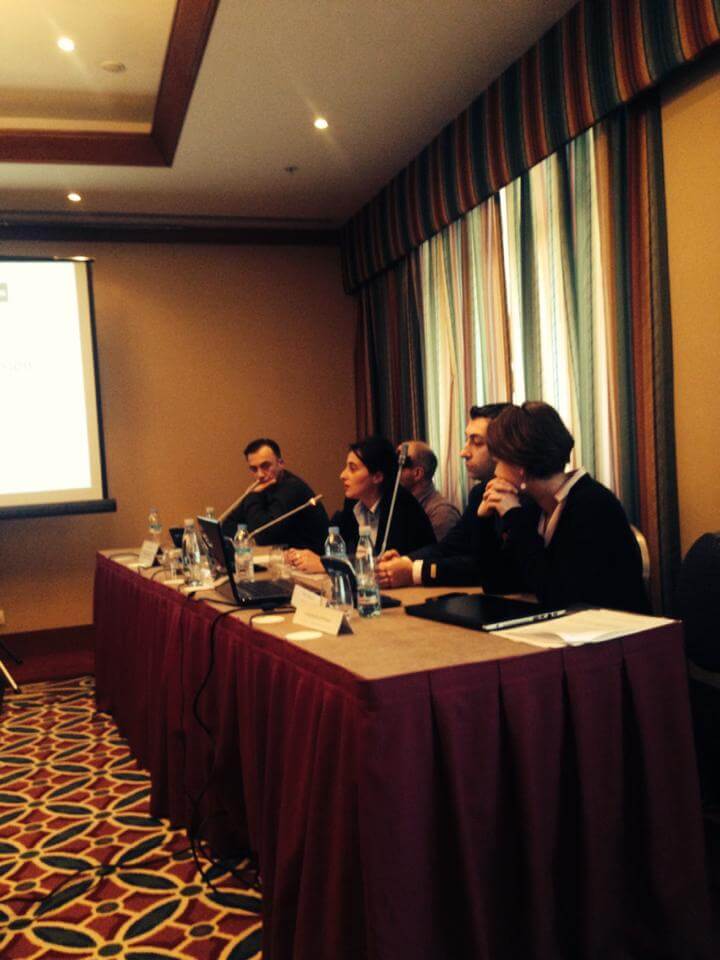Effects of Pay for Performance on utilization and quality of care among Primary Health Care providers in Middle and High-Income countries
Curatio International Foundation experts reviewed Pay for Performance (P4P) effectiveness on utilization and quality of primary health care in private settings in middle-income and high- income countries.
About P4P
Pay for Performance (P4P) is a relatively new strategy aiming at improving the performance of the health care providers through incentivizing and motivating behavior change for the desired output. A number of systematic reviews have examined different angles of P4P across different economies, health system configuration, and schemes. While various reviews focus on P4P from different angles, there is no summarized evidence on how P4P works in a private environment.
Local Context
Georgia is an upper-middle-income country with a highly privatized healthcare system that has been implementing the Universal Health Care program since 2013. Despite several changes in the design, the program faces challenges: PHC services are significantly underutilized. Since the UHC introduction outpatient per capita visits per annum increased by 61% and reached 3.7 visits in 2018 in Georgia, however, it is twice lower compared to the WHO European region estimate – 7.53 visits. Moreover, PHC in Georgia has a poor gatekeeping role, it fails ineffective management of chronic diseases, in preventing a patient from using costly specialized and inpatient services and averting the health system from increased health spending/expenditure. Reimbursement mechanism and P4P specifically has been discussed as one of the policy options to address some of the challenges at the PHC level. In order to inform the policy decision on the improvements of PHC, the Health and Social Issues Committee at the Parliament of Georgia requested the CIF team to develop the evidence synthesis document.
The evidence review summarizes the existing literature on P4P effectiveness on utilization and quality of primary health care in private settings in middle-income and high- income countries. The document and its findings are especially relevant to Georgia.
The document was developed in the frame of Embedded Rapid Reviews in Health Systems Decision Making (ERA) platform in Georgia. The work was conducted with the financial support of the Alliance for Health Policy and Systems Research/WHO
Latest News
Integrated Bio-behavioral surveillance and population size estimation survey among Female Sex Workers in Tbilisi and Batumi, Georgia, in 2024
The evidence review summarizes the existing literature on P4P effectiveness on utilization and quality of primary health care in private settings in middle-income and high- income countries. The document and its findings are especially relevant to Georgia.
Curatio International Foundation at Eighth Global Symposium on Health Systems Research (HSR2024)
The evidence review summarizes the existing literature on P4P effectiveness on utilization and quality of primary health care in private settings in middle-income and high- income countries. The document and its findings are especially relevant to Georgia.
“The Informatics and Data Science for Public Health: Sustainment Plan for Skilled Labor Force Development”
The evidence review summarizes the existing literature on P4P effectiveness on utilization and quality of primary health care in private settings in middle-income and high- income countries. The document and its findings are especially relevant to Georgia.
Janina Stauke from the London School of Hygiene and Tropical Medicine shares her internship experience
The evidence review summarizes the existing literature on P4P effectiveness on utilization and quality of primary health care in private settings in middle-income and high- income countries. The document and its findings are especially relevant to Georgia.
Jolly Mae Catalan fromUniversité Libre de Bruxelles shares her internship experience
The evidence review summarizes the existing literature on P4P effectiveness on utilization and quality of primary health care in private settings in middle-income and high- income countries. The document and its findings are especially relevant to Georgia.
Georgia’s Journey to Integrating Rehabilitation Services into the Health System: Insights and Lessons
The evidence review summarizes the existing literature on P4P effectiveness on utilization and quality of primary health care in private settings in middle-income and high- income countries. The document and its findings are especially relevant to Georgia.
Report on Rehabilitation Data Flow in Georgia’s Health Information System
The evidence review summarizes the existing literature on P4P effectiveness on utilization and quality of primary health care in private settings in middle-income and high- income countries. The document and its findings are especially relevant to Georgia.
Georgia: a primary health care case study in the context of the COVID-19 pandemic
The evidence review summarizes the existing literature on P4P effectiveness on utilization and quality of primary health care in private settings in middle-income and high- income countries. The document and its findings are especially relevant to Georgia.
Assessment of the Quality of Maternal and Neonatal Services in Montenegro
The evidence review summarizes the existing literature on P4P effectiveness on utilization and quality of primary health care in private settings in middle-income and high- income countries. The document and its findings are especially relevant to Georgia.
Barometer Study: Pharmaceutical Sector in Georgia
The evidence review summarizes the existing literature on P4P effectiveness on utilization and quality of primary health care in private settings in middle-income and high- income countries. The document and its findings are especially relevant to Georgia.
Georgian state rehabilitation program: implementation research study report
The evidence review summarizes the existing literature on P4P effectiveness on utilization and quality of primary health care in private settings in middle-income and high- income countries. The document and its findings are especially relevant to Georgia.
NEW Barometer, study focusing on the pharmaceutical sector
The evidence review summarizes the existing literature on P4P effectiveness on utilization and quality of primary health care in private settings in middle-income and high- income countries. The document and its findings are especially relevant to Georgia.
Strengthening Health Systems for Accessible Rehabilitation Services in Georgia
The evidence review summarizes the existing literature on P4P effectiveness on utilization and quality of primary health care in private settings in middle-income and high- income countries. The document and its findings are especially relevant to Georgia.
Linked’s workshop on HPV vaccine introduction and scale up, held on July 11-12th, 2023
The evidence review summarizes the existing literature on P4P effectiveness on utilization and quality of primary health care in private settings in middle-income and high- income countries. The document and its findings are especially relevant to Georgia.
Training program focusing on interdisciplinary evaluation of rehabilitation interventions and patient outcomes
The evidence review summarizes the existing literature on P4P effectiveness on utilization and quality of primary health care in private settings in middle-income and high- income countries. The document and its findings are especially relevant to Georgia.
Unlocking Success Through Learning: Workshop on Strengthening HR Capacity and Performance Management in Immunization
The evidence review summarizes the existing literature on P4P effectiveness on utilization and quality of primary health care in private settings in middle-income and high- income countries. The document and its findings are especially relevant to Georgia.
Promote evidence-based policies in the pharmaceutical sector by generating evidence and fostering civic engagement
The evidence review summarizes the existing literature on P4P effectiveness on utilization and quality of primary health care in private settings in middle-income and high- income countries. The document and its findings are especially relevant to Georgia.
CIF and the Results for Development / Accelerator combined their expertise to co-author an insightful blog, shedding light on Georgia’s commendable efforts to overcome limited data challenges and develop evidence-based policies for financing rehabilitation services
The evidence review summarizes the existing literature on P4P effectiveness on utilization and quality of primary health care in private settings in middle-income and high- income countries. The document and its findings are especially relevant to Georgia.
Culminating event – Building Institutional Capacity for Health Policy and Systems Research and Delivery science (BIRD) in six WHO Regions
The evidence review summarizes the existing literature on P4P effectiveness on utilization and quality of primary health care in private settings in middle-income and high- income countries. The document and its findings are especially relevant to Georgia.
Report on Phased (Stepwise) Plan for the Capability Development of the Priority Rehabilitation Services
The evidence review summarizes the existing literature on P4P effectiveness on utilization and quality of primary health care in private settings in middle-income and high- income countries. The document and its findings are especially relevant to Georgia.
Report on prioritization of rehabilitation services in Georgia
The evidence review summarizes the existing literature on P4P effectiveness on utilization and quality of primary health care in private settings in middle-income and high- income countries. The document and its findings are especially relevant to Georgia.
Report on Rehabilitation Service Costing and Budgeting
The evidence review summarizes the existing literature on P4P effectiveness on utilization and quality of primary health care in private settings in middle-income and high- income countries. The document and its findings are especially relevant to Georgia.
Mental health of young people during the COVID-19 pandemic
The evidence review summarizes the existing literature on P4P effectiveness on utilization and quality of primary health care in private settings in middle-income and high- income countries. The document and its findings are especially relevant to Georgia.
Promote evidence-based policies in the pharmaceutical sector by generating evidence
The evidence review summarizes the existing literature on P4P effectiveness on utilization and quality of primary health care in private settings in middle-income and high- income countries. The document and its findings are especially relevant to Georgia.
Mandatory Vaccination and Green Passes – Review of International Experience
The evidence review summarizes the existing literature on P4P effectiveness on utilization and quality of primary health care in private settings in middle-income and high- income countries. The document and its findings are especially relevant to Georgia.
Sustaining Public Health Gains after Donor Transition: What can we learn about Georgia?
The evidence review summarizes the existing literature on P4P effectiveness on utilization and quality of primary health care in private settings in middle-income and high- income countries. The document and its findings are especially relevant to Georgia.
Curatio International Foundation at Seventh Global Symposium on Health Systems Research (HSR2022)
The evidence review summarizes the existing literature on P4P effectiveness on utilization and quality of primary health care in private settings in middle-income and high- income countries. The document and its findings are especially relevant to Georgia.
Curatio International Foundation at Global Symposium on Health Systems Research
The evidence review summarizes the existing literature on P4P effectiveness on utilization and quality of primary health care in private settings in middle-income and high- income countries. The document and its findings are especially relevant to Georgia.
EECA HIV Sustainability Summit 2022 in Tbilisi
The evidence review summarizes the existing literature on P4P effectiveness on utilization and quality of primary health care in private settings in middle-income and high- income countries. The document and its findings are especially relevant to Georgia.
Study report: Adaptations made in TB response during Covid-19 pandemic in Georgia
The evidence review summarizes the existing literature on P4P effectiveness on utilization and quality of primary health care in private settings in middle-income and high- income countries. The document and its findings are especially relevant to Georgia.
New review of our recent study on Immunization in Kazakhstan
The evidence review summarizes the existing literature on P4P effectiveness on utilization and quality of primary health care in private settings in middle-income and high- income countries. The document and its findings are especially relevant to Georgia.
New case study: Sustaining effective coverage with Opioid Substitution Therapy (OST) in Georgia in the context of transition from external assistance
The evidence review summarizes the existing literature on P4P effectiveness on utilization and quality of primary health care in private settings in middle-income and high- income countries. The document and its findings are especially relevant to Georgia.
New case study: National Immunisation Program Transition from external assistance
The evidence review summarizes the existing literature on P4P effectiveness on utilization and quality of primary health care in private settings in middle-income and high- income countries. The document and its findings are especially relevant to Georgia.
“Strengthening Health Systems for Accessible Rehabilitation Services in Georgia” – Workshop
The evidence review summarizes the existing literature on P4P effectiveness on utilization and quality of primary health care in private settings in middle-income and high- income countries. The document and its findings are especially relevant to Georgia.
Strengthening the Delivery of Immunisation Services Through PHC Platforms-Workshop
The evidence review summarizes the existing literature on P4P effectiveness on utilization and quality of primary health care in private settings in middle-income and high- income countries. The document and its findings are especially relevant to Georgia.
New Article published in the journal Frontiers in Public Health
The evidence review summarizes the existing literature on P4P effectiveness on utilization and quality of primary health care in private settings in middle-income and high- income countries. The document and its findings are especially relevant to Georgia.
New Paper: A transdiagnostic psychosocial prevention-intervention service for young people in the Republic of Georgia
The evidence review summarizes the existing literature on P4P effectiveness on utilization and quality of primary health care in private settings in middle-income and high- income countries. The document and its findings are especially relevant to Georgia.
Vaccine Procurement and Supply for the Expanded Program of Immunization in Kazakhstan
The evidence review summarizes the existing literature on P4P effectiveness on utilization and quality of primary health care in private settings in middle-income and high- income countries. The document and its findings are especially relevant to Georgia.
Prevention of Addiction and Mental Health in Adolescents in Georgia (PAMAd) – Workshop
The evidence review summarizes the existing literature on P4P effectiveness on utilization and quality of primary health care in private settings in middle-income and high- income countries. The document and its findings are especially relevant to Georgia.
Workshop to discuss the risk assessment of future TB migrants
The evidence review summarizes the existing literature on P4P effectiveness on utilization and quality of primary health care in private settings in middle-income and high- income countries. The document and its findings are especially relevant to Georgia.
Webinar : Matters of Scale and Integration in Digital Health Ecosystems
The evidence review summarizes the existing literature on P4P effectiveness on utilization and quality of primary health care in private settings in middle-income and high- income countries. The document and its findings are especially relevant to Georgia.
Data Analysis and Synthesis Workshop – analyzing the implications of the structure of Georgia’s private healthcare market for quality and accessibility
The evidence review summarizes the existing literature on P4P effectiveness on utilization and quality of primary health care in private settings in middle-income and high- income countries. The document and its findings are especially relevant to Georgia.
External Reference Pricing Policy: A Possible Pharmaceutical Price Regulation Policy in Georgia
The evidence review summarizes the existing literature on P4P effectiveness on utilization and quality of primary health care in private settings in middle-income and high- income countries. The document and its findings are especially relevant to Georgia.
Rapid reviews of health policy and systems evidence
The evidence review summarizes the existing literature on P4P effectiveness on utilization and quality of primary health care in private settings in middle-income and high- income countries. The document and its findings are especially relevant to Georgia.
Paper: Soviet legacy is still pervasive in health policy and systems research in the post-Soviet states
The evidence review summarizes the existing literature on P4P effectiveness on utilization and quality of primary health care in private settings in middle-income and high- income countries. The document and its findings are especially relevant to Georgia.
Strategic Fellowship – series of training courses for students
The evidence review summarizes the existing literature on P4P effectiveness on utilization and quality of primary health care in private settings in middle-income and high- income countries. The document and its findings are especially relevant to Georgia.
Georgian NIP faces challenges in sustaining the outcomes achieved
The evidence review summarizes the existing literature on P4P effectiveness on utilization and quality of primary health care in private settings in middle-income and high- income countries. The document and its findings are especially relevant to Georgia.
Enroll to the CIF’s Strategic Fellowship Programme
The evidence review summarizes the existing literature on P4P effectiveness on utilization and quality of primary health care in private settings in middle-income and high- income countries. The document and its findings are especially relevant to Georgia.
Article: How do participatory methods shape policy? Applying a realist approach to the formulation of a new tuberculosis policy in Georgia
The evidence review summarizes the existing literature on P4P effectiveness on utilization and quality of primary health care in private settings in middle-income and high- income countries. The document and its findings are especially relevant to Georgia.
Bundled Payment Methods: An Alternative Payment Method to Contain Healthcare Costs in Georgia
The evidence review summarizes the existing literature on P4P effectiveness on utilization and quality of primary health care in private settings in middle-income and high- income countries. The document and its findings are especially relevant to Georgia.
HOW TO MAINTAIN ROUTINE IMMUNIZATION DURING COVID-19? EXPERIENCES FROM ARMENIA, GEORGIA, AND UZBEKISTAN
The evidence review summarizes the existing literature on P4P effectiveness on utilization and quality of primary health care in private settings in middle-income and high- income countries. The document and its findings are especially relevant to Georgia.
DRUG CHECKING: An Essential Response to Emerging Harm Reduction Needs
The evidence review summarizes the existing literature on P4P effectiveness on utilization and quality of primary health care in private settings in middle-income and high- income countries. The document and its findings are especially relevant to Georgia.
GEORGIA COVID-19 VACCINE COMMUNICATIONS CAMPAIGN TO ADDRESS HESITANCY ISSUES
The evidence review summarizes the existing literature on P4P effectiveness on utilization and quality of primary health care in private settings in middle-income and high- income countries. The document and its findings are especially relevant to Georgia.
Supporting Evidence-Informed Policy making and Action in Six WHO Regions
The evidence review summarizes the existing literature on P4P effectiveness on utilization and quality of primary health care in private settings in middle-income and high- income countries. The document and its findings are especially relevant to Georgia.
Georgian Healthcare Barometer XIV Wave The analysis of financial stability and risks in healthcare
The evidence review summarizes the existing literature on P4P effectiveness on utilization and quality of primary health care in private settings in middle-income and high- income countries. The document and its findings are especially relevant to Georgia.
Call for educational Strategic Policy Fellowship Program
The evidence review summarizes the existing literature on P4P effectiveness on utilization and quality of primary health care in private settings in middle-income and high- income countries. The document and its findings are especially relevant to Georgia.
We are pleased to announce that The Sixth Global Symposium on Health Systems Research (HSR2020) has opened
The evidence review summarizes the existing literature on P4P effectiveness on utilization and quality of primary health care in private settings in middle-income and high- income countries. The document and its findings are especially relevant to Georgia.
Discussing interim results of research project: Prevention of Addiction and Mental Health in Adolescents in Georgia (PAMAd)
The evidence review summarizes the existing literature on P4P effectiveness on utilization and quality of primary health care in private settings in middle-income and high- income countries. The document and its findings are especially relevant to Georgia.
Does pay for performance work to improve immunization coverage?
The evidence review summarizes the existing literature on P4P effectiveness on utilization and quality of primary health care in private settings in middle-income and high- income countries. The document and its findings are especially relevant to Georgia.
CAN SOCIAL MEDIA MONITORING LEAD TO IMPROVED PERCEPTIONS ABOUT IMMUNIZATION?
The evidence review summarizes the existing literature on P4P effectiveness on utilization and quality of primary health care in private settings in middle-income and high- income countries. The document and its findings are especially relevant to Georgia.
The first phase of the joint fellowship program of the Curatio International Foundation and the Knowledge to Policy Center (K2P) at the American University of Beirut has been successfully implemented
The evidence review summarizes the existing literature on P4P effectiveness on utilization and quality of primary health care in private settings in middle-income and high- income countries. The document and its findings are especially relevant to Georgia.
LNCT WEBINAR: Incremental Costs of Routine Immunization, Campaigns, and Outreach Services During COVID-19
The evidence review summarizes the existing literature on P4P effectiveness on utilization and quality of primary health care in private settings in middle-income and high- income countries. The document and its findings are especially relevant to Georgia.
LNCT Webinar: Assessing Bottlenecks to Adequate and Predictable Vaccine Financing
The evidence review summarizes the existing literature on P4P effectiveness on utilization and quality of primary health care in private settings in middle-income and high- income countries. The document and its findings are especially relevant to Georgia.
LNCT WEBINAR: Designing Behavioural Strategies for Immunization in a Covid-19 Context
The evidence review summarizes the existing literature on P4P effectiveness on utilization and quality of primary health care in private settings in middle-income and high- income countries. The document and its findings are especially relevant to Georgia.
Concentration and fragmentation: analyzing the implications of the structure of Georgia’s private healthcare market for quality and accessibility (ConFrag)
The evidence review summarizes the existing literature on P4P effectiveness on utilization and quality of primary health care in private settings in middle-income and high- income countries. The document and its findings are especially relevant to Georgia.
LNCT Discussion Group: COVID-19 Impact on Immunization Programs
The evidence review summarizes the existing literature on P4P effectiveness on utilization and quality of primary health care in private settings in middle-income and high- income countries. The document and its findings are especially relevant to Georgia.
#COVID19 – Evidence and Policymaking: Personal Reflections from an LMIC Setting
The evidence review summarizes the existing literature on P4P effectiveness on utilization and quality of primary health care in private settings in middle-income and high- income countries. The document and its findings are especially relevant to Georgia.
The COVID-19 epidemic in Georgia Projections and Policy Options
The evidence review summarizes the existing literature on P4P effectiveness on utilization and quality of primary health care in private settings in middle-income and high- income countries. The document and its findings are especially relevant to Georgia.
Modeling of Four Possible Scenarios of COVID-19 epidemics in Georgia
The evidence review summarizes the existing literature on P4P effectiveness on utilization and quality of primary health care in private settings in middle-income and high- income countries. The document and its findings are especially relevant to Georgia.
Application for Summer Internship program is closed
The evidence review summarizes the existing literature on P4P effectiveness on utilization and quality of primary health care in private settings in middle-income and high- income countries. The document and its findings are especially relevant to Georgia.
LNCT Webinar: Key Considerations for Integrating Immunization with Other Primary Health Care Services
The evidence review summarizes the existing literature on P4P effectiveness on utilization and quality of primary health care in private settings in middle-income and high- income countries. The document and its findings are especially relevant to Georgia.
Georgia Sharing knowledge to Armenia to strengthen immunization legislation
The evidence review summarizes the existing literature on P4P effectiveness on utilization and quality of primary health care in private settings in middle-income and high- income countries. The document and its findings are especially relevant to Georgia.
Call for Interns as researchers is now open
The evidence review summarizes the existing literature on P4P effectiveness on utilization and quality of primary health care in private settings in middle-income and high- income countries. The document and its findings are especially relevant to Georgia.
Improving access to pharmaceuticals in Georgia
The evidence review summarizes the existing literature on P4P effectiveness on utilization and quality of primary health care in private settings in middle-income and high- income countries. The document and its findings are especially relevant to Georgia.
LNCT Webinar: Addressing Vaccine Hesitancy Challenges
The evidence review summarizes the existing literature on P4P effectiveness on utilization and quality of primary health care in private settings in middle-income and high- income countries. The document and its findings are especially relevant to Georgia.
Project on “Technical Assistance Using Modern Technology for TB Prevention, Diagnosis, and Increased Quality Treatment” was closed
The evidence review summarizes the existing literature on P4P effectiveness on utilization and quality of primary health care in private settings in middle-income and high- income countries. The document and its findings are especially relevant to Georgia.
Dialogue on Pharmaceutical pricing policies to improve the population’s access to pharmaceuticals in Georgia
The evidence review summarizes the existing literature on P4P effectiveness on utilization and quality of primary health care in private settings in middle-income and high- income countries. The document and its findings are especially relevant to Georgia.
LNCT Webinar: Implementing a High Performing Immunization Program within the Context of National Health Insurance: What can we Learn from Thailand?
The evidence review summarizes the existing literature on P4P effectiveness on utilization and quality of primary health care in private settings in middle-income and high- income countries. The document and its findings are especially relevant to Georgia.
LNCT Webinar: Strengthening Public-Private Engagement for Immunization Delivery
The evidence review summarizes the existing literature on P4P effectiveness on utilization and quality of primary health care in private settings in middle-income and high- income countries. The document and its findings are especially relevant to Georgia.
Implementing new research: Prevention of Addiction and Mental Health in Adolescents in Georgia
The evidence review summarizes the existing literature on P4P effectiveness on utilization and quality of primary health care in private settings in middle-income and high- income countries. The document and its findings are especially relevant to Georgia.
Georgia’s introduction of the Hexavalent vaccine: Lessons on successful procurement and advocacy
The evidence review summarizes the existing literature on P4P effectiveness on utilization and quality of primary health care in private settings in middle-income and high- income countries. The document and its findings are especially relevant to Georgia.
Georgia Primary Health Care Profile: 6 Year after UHC program introduction
The evidence review summarizes the existing literature on P4P effectiveness on utilization and quality of primary health care in private settings in middle-income and high- income countries. The document and its findings are especially relevant to Georgia.
National consultations to propose a new model of TB funding
The evidence review summarizes the existing literature on P4P effectiveness on utilization and quality of primary health care in private settings in middle-income and high- income countries. The document and its findings are especially relevant to Georgia.
HSR2020: RE-IMAGINING HEALTH SYSTEMS FOR BETTER HEALTH AND SOCIAL JUSTICE
The evidence review summarizes the existing literature on P4P effectiveness on utilization and quality of primary health care in private settings in middle-income and high- income countries. The document and its findings are especially relevant to Georgia.
CALL FOR MENTEES: PUBLICATION MENTORSHIP FOR FIRST-TIME WOMEN AUTHORS IN THE FIELD OF HPSR
The evidence review summarizes the existing literature on P4P effectiveness on utilization and quality of primary health care in private settings in middle-income and high- income countries. The document and its findings are especially relevant to Georgia.
A pilot of a new intervention launched to Improve adherence to TB treatment and its outcomes in Georgia
The evidence review summarizes the existing literature on P4P effectiveness on utilization and quality of primary health care in private settings in middle-income and high- income countries. The document and its findings are especially relevant to Georgia.
Training for epidemiologists and health workers on TB contact tracing new guideline
The evidence review summarizes the existing literature on P4P effectiveness on utilization and quality of primary health care in private settings in middle-income and high- income countries. The document and its findings are especially relevant to Georgia.
Workshop on using modern technology for TB prevention, diagnosis and increased quality treatment
The evidence review summarizes the existing literature on P4P effectiveness on utilization and quality of primary health care in private settings in middle-income and high- income countries. The document and its findings are especially relevant to Georgia.
K2P Mentorship Program on Building Institutional Capacity on Evidence Informed Policy Making
The evidence review summarizes the existing literature on P4P effectiveness on utilization and quality of primary health care in private settings in middle-income and high- income countries. The document and its findings are especially relevant to Georgia.
Training on using Research Evidence for Policy Making
The evidence review summarizes the existing literature on P4P effectiveness on utilization and quality of primary health care in private settings in middle-income and high- income countries. The document and its findings are especially relevant to Georgia.
Doing embedded development and research – reflections on the start of the Results4TB programme
The evidence review summarizes the existing literature on P4P effectiveness on utilization and quality of primary health care in private settings in middle-income and high- income countries. The document and its findings are especially relevant to Georgia.
Healthcare Advocacy Coalition (HAC) for Human Oriented Healthcare
The evidence review summarizes the existing literature on P4P effectiveness on utilization and quality of primary health care in private settings in middle-income and high- income countries. The document and its findings are especially relevant to Georgia.
Introductory Meeting on the project ‘Embedding Rapid Reviews in Health Policy-Making’
The evidence review summarizes the existing literature on P4P effectiveness on utilization and quality of primary health care in private settings in middle-income and high- income countries. The document and its findings are especially relevant to Georgia.
Taavy Miller from University of North Carolina shares her internship experience
The evidence review summarizes the existing literature on P4P effectiveness on utilization and quality of primary health care in private settings in middle-income and high- income countries. The document and its findings are especially relevant to Georgia.
Building Institutional Capacity for HPSR and Delivery Science- CIF is Europe region HUB
The evidence review summarizes the existing literature on P4P effectiveness on utilization and quality of primary health care in private settings in middle-income and high- income countries. The document and its findings are especially relevant to Georgia.
Inter-regional workshop in preparation for transitioning towards domestic financing in TB, HIV and Malaria programmes
The evidence review summarizes the existing literature on P4P effectiveness on utilization and quality of primary health care in private settings in middle-income and high- income countries. The document and its findings are especially relevant to Georgia.
Memorandum of Cooperation between the Health and Social Issues Committee of the Parliament of Georgia and Curatio International Foundation
The evidence review summarizes the existing literature on P4P effectiveness on utilization and quality of primary health care in private settings in middle-income and high- income countries. The document and its findings are especially relevant to Georgia.
Embedding Rapid Reviews in Health Systems Decision-Making (ERA)
The evidence review summarizes the existing literature on P4P effectiveness on utilization and quality of primary health care in private settings in middle-income and high- income countries. The document and its findings are especially relevant to Georgia.
Curatio International Foundation at the Global Symposium on Health Systems Research
The evidence review summarizes the existing literature on P4P effectiveness on utilization and quality of primary health care in private settings in middle-income and high- income countries. The document and its findings are especially relevant to Georgia.
The civil society gathered for the fourth time to discuss healthcare system challenges in Georgia
The evidence review summarizes the existing literature on P4P effectiveness on utilization and quality of primary health care in private settings in middle-income and high- income countries. The document and its findings are especially relevant to Georgia.
Project: HIV risk behavior among Men who have Sex with Men – Bio-Behavioral Surveillance Survey and Population Size Estimation
The evidence review summarizes the existing literature on P4P effectiveness on utilization and quality of primary health care in private settings in middle-income and high- income countries. The document and its findings are especially relevant to Georgia.
Curatio International Foundation at AIDS2018
The evidence review summarizes the existing literature on P4P effectiveness on utilization and quality of primary health care in private settings in middle-income and high- income countries. The document and its findings are especially relevant to Georgia.
Big Pharma Greed and Artificial Prices – Knocking on Door to Limit Access to HIV Medicines in Georgia
The evidence review summarizes the existing literature on P4P effectiveness on utilization and quality of primary health care in private settings in middle-income and high- income countries. The document and its findings are especially relevant to Georgia.
Civil society is gathering for the third time to hold a discussion about the healthcare
The evidence review summarizes the existing literature on P4P effectiveness on utilization and quality of primary health care in private settings in middle-income and high- income countries. The document and its findings are especially relevant to Georgia.
Webinar: Gavi Vaccine Prices Post-Transition
The evidence review summarizes the existing literature on P4P effectiveness on utilization and quality of primary health care in private settings in middle-income and high- income countries. The document and its findings are especially relevant to Georgia.
Webinar: Mapping and consensus of global competencies set for the field of HPSR: A progress update and HSG round table discussion
The evidence review summarizes the existing literature on P4P effectiveness on utilization and quality of primary health care in private settings in middle-income and high- income countries. The document and its findings are especially relevant to Georgia.
Health Systems Global Publishes Annual Report 2017
The evidence review summarizes the existing literature on P4P effectiveness on utilization and quality of primary health care in private settings in middle-income and high- income countries. The document and its findings are especially relevant to Georgia.
Webinar: Vaccine Forecasting and Budgeting Tools and Best Practices
The evidence review summarizes the existing literature on P4P effectiveness on utilization and quality of primary health care in private settings in middle-income and high- income countries. The document and its findings are especially relevant to Georgia.
Technical Assistance for evaluation of transition readiness and preparation of Transition and Sustainability Plan for Global Fund-supported programs in Tajikistan
The evidence review summarizes the existing literature on P4P effectiveness on utilization and quality of primary health care in private settings in middle-income and high- income countries. The document and its findings are especially relevant to Georgia.
Technical Assistance for the preparation of Transition and Sustainability Plan for HIV program in Philippines
The evidence review summarizes the existing literature on P4P effectiveness on utilization and quality of primary health care in private settings in middle-income and high- income countries. The document and its findings are especially relevant to Georgia.
Discussing the accessibility of medicines in Georgia
The evidence review summarizes the existing literature on P4P effectiveness on utilization and quality of primary health care in private settings in middle-income and high- income countries. The document and its findings are especially relevant to Georgia.
Webinar: Integrating gender into health system strengthening in conflict and crisis-affected settings; what’s in our toolkit?
The evidence review summarizes the existing literature on P4P effectiveness on utilization and quality of primary health care in private settings in middle-income and high- income countries. The document and its findings are especially relevant to Georgia.
Article: Barriers to mental health care utilization among internally displaced persons in the republic of Georgia: a rapid appraisal study
The evidence review summarizes the existing literature on P4P effectiveness on utilization and quality of primary health care in private settings in middle-income and high- income countries. The document and its findings are especially relevant to Georgia.
Why Georgians second-guess their doctors – Deregulation has left Georgian medical care something many Georgians would rather avoid
The evidence review summarizes the existing literature on P4P effectiveness on utilization and quality of primary health care in private settings in middle-income and high- income countries. The document and its findings are especially relevant to Georgia.
Ara Srinagesh from New York University Shares her Internship Experience
The evidence review summarizes the existing literature on P4P effectiveness on utilization and quality of primary health care in private settings in middle-income and high- income countries. The document and its findings are especially relevant to Georgia.
Webinar on The peer review process – what happens when you send your manuscript to a journal
The evidence review summarizes the existing literature on P4P effectiveness on utilization and quality of primary health care in private settings in middle-income and high- income countries. The document and its findings are especially relevant to Georgia.
Webinar on Improving Quality of Care during Childbirth: Learnings and Next Steps from the BetterBirth Trial
The evidence review summarizes the existing literature on P4P effectiveness on utilization and quality of primary health care in private settings in middle-income and high- income countries. The document and its findings are especially relevant to Georgia.
Civil Society is Being United to Discuss Healthcare System Issues
The evidence review summarizes the existing literature on P4P effectiveness on utilization and quality of primary health care in private settings in middle-income and high- income countries. The document and its findings are especially relevant to Georgia.
Curatio International Foundation for a TB-Free World
The evidence review summarizes the existing literature on P4P effectiveness on utilization and quality of primary health care in private settings in middle-income and high- income countries. The document and its findings are especially relevant to Georgia.
Closing Project: Tuberculosis Community Systems Strengthening in Georgia
The evidence review summarizes the existing literature on P4P effectiveness on utilization and quality of primary health care in private settings in middle-income and high- income countries. The document and its findings are especially relevant to Georgia.
Primary Health Care Systems: Georgia case study
The evidence review summarizes the existing literature on P4P effectiveness on utilization and quality of primary health care in private settings in middle-income and high- income countries. The document and its findings are especially relevant to Georgia.
Integrated Bio-behavioral surveillance and population size estimation survey among Female Sex Workers in Tbilisi and Batumi, Georgia
The evidence review summarizes the existing literature on P4P effectiveness on utilization and quality of primary health care in private settings in middle-income and high- income countries. The document and its findings are especially relevant to Georgia.
Applying a Health Policy and Systems Research lens to Human Resources for Health: Capacity building, leadership and politics
The evidence review summarizes the existing literature on P4P effectiveness on utilization and quality of primary health care in private settings in middle-income and high- income countries. The document and its findings are especially relevant to Georgia.
CIF hosts Aradhana Srinagesh throughout the winter internship program
The evidence review summarizes the existing literature on P4P effectiveness on utilization and quality of primary health care in private settings in middle-income and high- income countries. The document and its findings are especially relevant to Georgia.
Empowering civil society for engagement in and monitoring the decision making in health sector in Georgia
The evidence review summarizes the existing literature on P4P effectiveness on utilization and quality of primary health care in private settings in middle-income and high- income countries. The document and its findings are especially relevant to Georgia.
Curatio International Foundation presented BBS and PSE study findings at the Civil Society Forum
The evidence review summarizes the existing literature on P4P effectiveness on utilization and quality of primary health care in private settings in middle-income and high- income countries. The document and its findings are especially relevant to Georgia.
Article: Barriers to delivering mental health services in Georgia with an economic and financial focus: informing policy and acting on evidence
The evidence review summarizes the existing literature on P4P effectiveness on utilization and quality of primary health care in private settings in middle-income and high- income countries. The document and its findings are especially relevant to Georgia.
The Interview on population size and Human Immunodeficiency Virus risk behaviors of People who Inject Drugs in Georgia
The evidence review summarizes the existing literature on P4P effectiveness on utilization and quality of primary health care in private settings in middle-income and high- income countries. The document and its findings are especially relevant to Georgia.
Population Size Estimation of People who Inject Drugs in Georgia 2016-2017
The evidence review summarizes the existing literature on P4P effectiveness on utilization and quality of primary health care in private settings in middle-income and high- income countries. The document and its findings are especially relevant to Georgia.
HIV risk and prevention behaviors among People Who Inject Drugs in seven cities of Georgia, 2017
The evidence review summarizes the existing literature on P4P effectiveness on utilization and quality of primary health care in private settings in middle-income and high- income countries. The document and its findings are especially relevant to Georgia.
Conference paper: The Study of Barriers and Facilitators to Adherence to Treatment among Drug Resistant Tuberculosis Patients in Georgia to Inform Policy Decision
The evidence review summarizes the existing literature on P4P effectiveness on utilization and quality of primary health care in private settings in middle-income and high- income countries. The document and its findings are especially relevant to Georgia.
Article: Human immunodeficiency virus prevalence and risk determinants among people who inject drugs in the Republic of Georgia
The evidence review summarizes the existing literature on P4P effectiveness on utilization and quality of primary health care in private settings in middle-income and high- income countries. The document and its findings are especially relevant to Georgia.
Conference paper about realist evaluation: Informing policy, assessing its effects and understanding how it works for improved Tuberculosis management in Georgia
The evidence review summarizes the existing literature on P4P effectiveness on utilization and quality of primary health care in private settings in middle-income and high- income countries. The document and its findings are especially relevant to Georgia.
Georgian Healthcare and its Challenges: Healthcare Expert George Gotsadze will host the lecture
The evidence review summarizes the existing literature on P4P effectiveness on utilization and quality of primary health care in private settings in middle-income and high- income countries. The document and its findings are especially relevant to Georgia.
17 years in Curatio International Foundation: President Ketevan Chkhatarashvili to Leave Organization
The evidence review summarizes the existing literature on P4P effectiveness on utilization and quality of primary health care in private settings in middle-income and high- income countries. The document and its findings are especially relevant to Georgia.
Be ready for the Best Internship Experience
The evidence review summarizes the existing literature on P4P effectiveness on utilization and quality of primary health care in private settings in middle-income and high- income countries. The document and its findings are especially relevant to Georgia.
Georgian Solution for a Post-Soviet TB Program: Can Integration into Primary Health Care Improve TB Care?
The evidence review summarizes the existing literature on P4P effectiveness on utilization and quality of primary health care in private settings in middle-income and high- income countries. The document and its findings are especially relevant to Georgia.
Moving Forward: Second PT workshop with TB stakeholders in Georgia
The evidence review summarizes the existing literature on P4P effectiveness on utilization and quality of primary health care in private settings in middle-income and high- income countries. The document and its findings are especially relevant to Georgia.
Article: Determinants analysis of outpatient service utilization in Georgia: can the approach help inform benefit package design?
The evidence review summarizes the existing literature on P4P effectiveness on utilization and quality of primary health care in private settings in middle-income and high- income countries. The document and its findings are especially relevant to Georgia.
Designing and evaluating provider results-based financing for tuberculosis care in Georgia (RBF4TB)
The evidence review summarizes the existing literature on P4P effectiveness on utilization and quality of primary health care in private settings in middle-income and high- income countries. The document and its findings are especially relevant to Georgia.
Forbes Georgia: The Importance of Evidence in Decision Making
The evidence review summarizes the existing literature on P4P effectiveness on utilization and quality of primary health care in private settings in middle-income and high- income countries. The document and its findings are especially relevant to Georgia.
Barriers and Facilitators to Adherence to Treatment Among Drug Resistant TB Patients in Georgia
The evidence review summarizes the existing literature on P4P effectiveness on utilization and quality of primary health care in private settings in middle-income and high- income countries. The document and its findings are especially relevant to Georgia.
Summer internship program 2017 is open now!
The evidence review summarizes the existing literature on P4P effectiveness on utilization and quality of primary health care in private settings in middle-income and high- income countries. The document and its findings are especially relevant to Georgia.
Curatio International Foundation: Transition and Sustainability Portfolio
The evidence review summarizes the existing literature on P4P effectiveness on utilization and quality of primary health care in private settings in middle-income and high- income countries. The document and its findings are especially relevant to Georgia.
Article: Privilege and inclusivity in shaping Global Health agendas
The evidence review summarizes the existing literature on P4P effectiveness on utilization and quality of primary health care in private settings in middle-income and high- income countries. The document and its findings are especially relevant to Georgia.
Eastern Europe and Central Asia Regional Sustainability and Transition Coordination Summit 20-21 October, 2016 Vilnius, Lithuania
The evidence review summarizes the existing literature on P4P effectiveness on utilization and quality of primary health care in private settings in middle-income and high- income countries. The document and its findings are especially relevant to Georgia.
Evaluation of UNICEF’s Contribution in Central and Eastern European Five Countries
The evidence review summarizes the existing literature on P4P effectiveness on utilization and quality of primary health care in private settings in middle-income and high- income countries. The document and its findings are especially relevant to Georgia.
CIF researchers represented on Global Conference AIDS2016
The evidence review summarizes the existing literature on P4P effectiveness on utilization and quality of primary health care in private settings in middle-income and high- income countries. The document and its findings are especially relevant to Georgia.
UHC 2030: Building an Alliance to Strengthen Health Systems
The evidence review summarizes the existing literature on P4P effectiveness on utilization and quality of primary health care in private settings in middle-income and high- income countries. The document and its findings are especially relevant to Georgia.
CIF Pharmaceutical Price and Availability Study (Fifth Wave Results)
The evidence review summarizes the existing literature on P4P effectiveness on utilization and quality of primary health care in private settings in middle-income and high- income countries. The document and its findings are especially relevant to Georgia.
Assessment of GAVI Alliance HSS support to Tajikistan
The evidence review summarizes the existing literature on P4P effectiveness on utilization and quality of primary health care in private settings in middle-income and high- income countries. The document and its findings are especially relevant to Georgia.
Final Evaluation of Gavi’s Support to Albania
The evidence review summarizes the existing literature on P4P effectiveness on utilization and quality of primary health care in private settings in middle-income and high- income countries. The document and its findings are especially relevant to Georgia.
HIV risk and prevention behaviours among Prison Inmates in Georgia, 2015
The evidence review summarizes the existing literature on P4P effectiveness on utilization and quality of primary health care in private settings in middle-income and high- income countries. The document and its findings are especially relevant to Georgia.
Washington DC hosts workshop Immunization Costing: what have we learned, can we do better?
The evidence review summarizes the existing literature on P4P effectiveness on utilization and quality of primary health care in private settings in middle-income and high- income countries. The document and its findings are especially relevant to Georgia.
Bio-Behavioral Surveillance Survey among Men who have Sex with Men in two major cities of Georgia, 2015
The evidence review summarizes the existing literature on P4P effectiveness on utilization and quality of primary health care in private settings in middle-income and high- income countries. The document and its findings are especially relevant to Georgia.
EPIC Studies – Governments Finance, On Average, More Than 50 Percent Of Immunization Expenses, 2010–11
The evidence review summarizes the existing literature on P4P effectiveness on utilization and quality of primary health care in private settings in middle-income and high- income countries. The document and its findings are especially relevant to Georgia.
Bio-Behavioral Surveillance Survey among People Who Inject Drugs in 7 cities of Georgia, 2015
The evidence review summarizes the existing literature on P4P effectiveness on utilization and quality of primary health care in private settings in middle-income and high- income countries. The document and its findings are especially relevant to Georgia.
TB Community Systems Strengthening in Georgia
The evidence review summarizes the existing literature on P4P effectiveness on utilization and quality of primary health care in private settings in middle-income and high- income countries. The document and its findings are especially relevant to Georgia.
What can be done to improve treatment adherence among tuberculosis patients in Georgia: Looking through health systems lens
The evidence review summarizes the existing literature on P4P effectiveness on utilization and quality of primary health care in private settings in middle-income and high- income countries. The document and its findings are especially relevant to Georgia.
BioBehavior Surveillance Survey results were represented to the members of Parliament of Georgia
The evidence review summarizes the existing literature on P4P effectiveness on utilization and quality of primary health care in private settings in middle-income and high- income countries. The document and its findings are especially relevant to Georgia.
Regional High Level Dialogue ‘Road to Success’, Tbilisi, Georgia
The evidence review summarizes the existing literature on P4P effectiveness on utilization and quality of primary health care in private settings in middle-income and high- income countries. The document and its findings are especially relevant to Georgia.
CIF study results on 8th IAS Conference on HIV Pathogenesis, Treatment and Prevention
The evidence review summarizes the existing literature on P4P effectiveness on utilization and quality of primary health care in private settings in middle-income and high- income countries. The document and its findings are especially relevant to Georgia.
Response to the “Final evaluation of GAVI support to Bosnia and Herzegovina”
The evidence review summarizes the existing literature on P4P effectiveness on utilization and quality of primary health care in private settings in middle-income and high- income countries. The document and its findings are especially relevant to Georgia.
The drivers of facility-based immunization performance and costs. An application to Moldova
The evidence review summarizes the existing literature on P4P effectiveness on utilization and quality of primary health care in private settings in middle-income and high- income countries. The document and its findings are especially relevant to Georgia.
Awaiting the results of Prisoners’ Behavior Surveillance Survey (BSS)
The evidence review summarizes the existing literature on P4P effectiveness on utilization and quality of primary health care in private settings in middle-income and high- income countries. The document and its findings are especially relevant to Georgia.
Costs of routine immunization services in Moldova: Findings of a facility-based costing study
The evidence review summarizes the existing literature on P4P effectiveness on utilization and quality of primary health care in private settings in middle-income and high- income countries. The document and its findings are especially relevant to Georgia.
Analyses of Costs and Financing of the Routine Immunization Program and New Vaccine Introduction in the Republic of Moldova
The evidence review summarizes the existing literature on P4P effectiveness on utilization and quality of primary health care in private settings in middle-income and high- income countries. The document and its findings are especially relevant to Georgia.
Health Service Utilization for Mental, Behavioural and Emotional Problems among Conflict-Affected Population in Georgia
The evidence review summarizes the existing literature on P4P effectiveness on utilization and quality of primary health care in private settings in middle-income and high- income countries. The document and its findings are especially relevant to Georgia.
Healthcare Utilization and Expenditures for Chronic and Acute Conditions in Georgia: Does benefit package design matter?
The evidence review summarizes the existing literature on P4P effectiveness on utilization and quality of primary health care in private settings in middle-income and high- income countries. The document and its findings are especially relevant to Georgia.
Curatio International Foundation Hosts Health Systems Global Secretariat in Tbilisi, Georgia
The evidence review summarizes the existing literature on P4P effectiveness on utilization and quality of primary health care in private settings in middle-income and high- income countries. The document and its findings are especially relevant to Georgia.
An Impact Evaluation of Medical Insurance for Poor in Georgia: Preliminary Results and Policy Implications
The evidence review summarizes the existing literature on P4P effectiveness on utilization and quality of primary health care in private settings in middle-income and high- income countries. The document and its findings are especially relevant to Georgia.
Policy Information Platform (PIP) Expert Consultation Meeting
The evidence review summarizes the existing literature on P4P effectiveness on utilization and quality of primary health care in private settings in middle-income and high- income countries. The document and its findings are especially relevant to Georgia.
Civil Society Forum organized by Country Coordination Mechanism
The evidence review summarizes the existing literature on P4P effectiveness on utilization and quality of primary health care in private settings in middle-income and high- income countries. The document and its findings are especially relevant to Georgia.
Drexel University on CIF Internship Program
The evidence review summarizes the existing literature on P4P effectiveness on utilization and quality of primary health care in private settings in middle-income and high- income countries. The document and its findings are especially relevant to Georgia.
CIF Publishes the Short Movie on 20 Years of Healthcare, 2014
The evidence review summarizes the existing literature on P4P effectiveness on utilization and quality of primary health care in private settings in middle-income and high- income countries. The document and its findings are especially relevant to Georgia.
CIF Publishes Anniversary Publication ’20 Years of Health Care, 2014
The evidence review summarizes the existing literature on P4P effectiveness on utilization and quality of primary health care in private settings in middle-income and high- income countries. The document and its findings are especially relevant to Georgia.
Georgian Healthcare System Barometer: Experts’ Evaluations of Changes Taking Place in the Healthcare
The evidence review summarizes the existing literature on P4P effectiveness on utilization and quality of primary health care in private settings in middle-income and high- income countries. The document and its findings are especially relevant to Georgia.
Winner of CIF Students Fellowship Program for 2013-2014
The evidence review summarizes the existing literature on P4P effectiveness on utilization and quality of primary health care in private settings in middle-income and high- income countries. The document and its findings are especially relevant to Georgia.
The Forbes and Skoll World Forum to discuss HIV/AIDS Epidemic with Director of CIF
The evidence review summarizes the existing literature on P4P effectiveness on utilization and quality of primary health care in private settings in middle-income and high- income countries. The document and its findings are especially relevant to Georgia.
CIF Participation in the Private Sector in Health Symposium 2013
The evidence review summarizes the existing literature on P4P effectiveness on utilization and quality of primary health care in private settings in middle-income and high- income countries. The document and its findings are especially relevant to Georgia.
Article on Springer-Determinants of Risky Sexual Behavior Among Injecting Drug Users in Georgia
The evidence review summarizes the existing literature on P4P effectiveness on utilization and quality of primary health care in private settings in middle-income and high- income countries. The document and its findings are especially relevant to Georgia.
Tobacco Use and Nicotine Dependence among Conflict-Affected Men in the Republic of Georgia
The evidence review summarizes the existing literature on P4P effectiveness on utilization and quality of primary health care in private settings in middle-income and high- income countries. The document and its findings are especially relevant to Georgia.
HIV prevalence and risk behaviors among key populations- Study Findings Published
The evidence review summarizes the existing literature on P4P effectiveness on utilization and quality of primary health care in private settings in middle-income and high- income countries. The document and its findings are especially relevant to Georgia.
Think Tanks Signed an Ethical and Quality Standards Document
The evidence review summarizes the existing literature on P4P effectiveness on utilization and quality of primary health care in private settings in middle-income and high- income countries. The document and its findings are especially relevant to Georgia.
Hosting interns from international universities
The evidence review summarizes the existing literature on P4P effectiveness on utilization and quality of primary health care in private settings in middle-income and high- income countries. The document and its findings are especially relevant to Georgia.
Hosting interns from international universities
The evidence review summarizes the existing literature on P4P effectiveness on utilization and quality of primary health care in private settings in middle-income and high- income countries. The document and its findings are especially relevant to Georgia.
CIF’s contribution to Investing in Global Health and Development
The evidence review summarizes the existing literature on P4P effectiveness on utilization and quality of primary health care in private settings in middle-income and high- income countries. The document and its findings are especially relevant to Georgia.
Assessing the Health Insurance for the Poor in Georgia
The evidence review summarizes the existing literature on P4P effectiveness on utilization and quality of primary health care in private settings in middle-income and high- income countries. The document and its findings are especially relevant to Georgia.
Curatio International Foundation Among Grant Management Solutions Awarded Partners
The evidence review summarizes the existing literature on P4P effectiveness on utilization and quality of primary health care in private settings in middle-income and high- income countries. The document and its findings are especially relevant to Georgia.
Fourth Wave Results of Pharmaceutical Study Published
The evidence review summarizes the existing literature on P4P effectiveness on utilization and quality of primary health care in private settings in middle-income and high- income countries. The document and its findings are especially relevant to Georgia.
CIF Calls for participation in internship program for 2012-2013
The evidence review summarizes the existing literature on P4P effectiveness on utilization and quality of primary health care in private settings in middle-income and high- income countries. The document and its findings are especially relevant to Georgia.
Curatio International Foundation revealed the winner of its annual scholarship program
The evidence review summarizes the existing literature on P4P effectiveness on utilization and quality of primary health care in private settings in middle-income and high- income countries. The document and its findings are especially relevant to Georgia.
Impact of global HIV/AIDS initiatives on health systems in Ukraine, Kyrgyzstan and Georgia
The evidence review summarizes the existing literature on P4P effectiveness on utilization and quality of primary health care in private settings in middle-income and high- income countries. The document and its findings are especially relevant to Georgia.
Submission of Applications for CIF Scholarship for Master Program Students near to deadline
The evidence review summarizes the existing literature on P4P effectiveness on utilization and quality of primary health care in private settings in middle-income and high- income countries. The document and its findings are especially relevant to Georgia.
Health care in Georgia is currently available for very rich and very poor
The evidence review summarizes the existing literature on P4P effectiveness on utilization and quality of primary health care in private settings in middle-income and high- income countries. The document and its findings are especially relevant to Georgia.
Presentation of the findings of Assessment of Complex Non-Communicable Condition in Low Income Countries
The evidence review summarizes the existing literature on P4P effectiveness on utilization and quality of primary health care in private settings in middle-income and high- income countries. The document and its findings are especially relevant to Georgia.
Poster Presentation at Copenhagen 2012 Conference on HIV
The evidence review summarizes the existing literature on P4P effectiveness on utilization and quality of primary health care in private settings in middle-income and high- income countries. The document and its findings are especially relevant to Georgia.
Contributing to publishing the paper: Circus monkeys or change agents? Civil society advocacy for HIV/AIDS in adverse policy environments
The evidence review summarizes the existing literature on P4P effectiveness on utilization and quality of primary health care in private settings in middle-income and high- income countries. The document and its findings are especially relevant to Georgia.
National Center for Biotechnology Information published CIF’s scientific paper on Unsafe injection and sexual risk behavior among injecting drug users in Georgia
The evidence review summarizes the existing literature on P4P effectiveness on utilization and quality of primary health care in private settings in middle-income and high- income countries. The document and its findings are especially relevant to Georgia.
Findings of the pharmaceutical market study in 2009-2011 years
The evidence review summarizes the existing literature on P4P effectiveness on utilization and quality of primary health care in private settings in middle-income and high- income countries. The document and its findings are especially relevant to Georgia.
Main findings of Catastrophic Health Expenditure Analysis in Georgia
The evidence review summarizes the existing literature on P4P effectiveness on utilization and quality of primary health care in private settings in middle-income and high- income countries. The document and its findings are especially relevant to Georgia.
Contribution to the development of National Health Care Strategy 2011-2015
The evidence review summarizes the existing literature on P4P effectiveness on utilization and quality of primary health care in private settings in middle-income and high- income countries. The document and its findings are especially relevant to Georgia.
Catastrophic Health Expenditure Analysis in Georgia
The evidence review summarizes the existing literature on P4P effectiveness on utilization and quality of primary health care in private settings in middle-income and high- income countries. The document and its findings are especially relevant to Georgia.
New web guide for using qualitative approaches to health systems research
The evidence review summarizes the existing literature on P4P effectiveness on utilization and quality of primary health care in private settings in middle-income and high- income countries. The document and its findings are especially relevant to Georgia.
CIF Study Published in BMC Magazine, The Role of Supportive Supervision on Immunization Program Outcome- a randomized filed trial from Georgia
The evidence review summarizes the existing literature on P4P effectiveness on utilization and quality of primary health care in private settings in middle-income and high- income countries. The document and its findings are especially relevant to Georgia.
CIF Calls for participation in internship program for 2011-2012
The evidence review summarizes the existing literature on P4P effectiveness on utilization and quality of primary health care in private settings in middle-income and high- income countries. The document and its findings are especially relevant to Georgia.
Releasing results of Bio-behavioral surveillance survey among men having sex with men
The evidence review summarizes the existing literature on P4P effectiveness on utilization and quality of primary health care in private settings in middle-income and high- income countries. The document and its findings are especially relevant to Georgia.
Winner of the Fellowship Program 2011 Revealed
The evidence review summarizes the existing literature on P4P effectiveness on utilization and quality of primary health care in private settings in middle-income and high- income countries. The document and its findings are especially relevant to Georgia.
Prices, Availability and Affordability of Medicines in Georgia-the New Study Report Endorsed
The evidence review summarizes the existing literature on P4P effectiveness on utilization and quality of primary health care in private settings in middle-income and high- income countries. The document and its findings are especially relevant to Georgia.
Customer Satisfaction Research Report on Corporate Health Insurance Released
The evidence review summarizes the existing literature on P4P effectiveness on utilization and quality of primary health care in private settings in middle-income and high- income countries. The document and its findings are especially relevant to Georgia.
Statement for the Media-The Study on Injected Drug Users Completed
The evidence review summarizes the existing literature on P4P effectiveness on utilization and quality of primary health care in private settings in middle-income and high- income countries. The document and its findings are especially relevant to Georgia.
National and subnational HIV/AIDS coordination: are global health initiatives closing the gap between intent and practice?
The evidence review summarizes the existing literature on P4P effectiveness on utilization and quality of primary health care in private settings in middle-income and high- income countries. The document and its findings are especially relevant to Georgia.
Assessment of HIV/AIDS Surveillance System Pilot is Already Available
The evidence review summarizes the existing literature on P4P effectiveness on utilization and quality of primary health care in private settings in middle-income and high- income countries. The document and its findings are especially relevant to Georgia.
Findings of Behavior Surveillance Surveys (BSS) Endorsed
The evidence review summarizes the existing literature on P4P effectiveness on utilization and quality of primary health care in private settings in middle-income and high- income countries. The document and its findings are especially relevant to Georgia.
Internship at Curatio International Foundation is challenging for John Hopkins University Students
The evidence review summarizes the existing literature on P4P effectiveness on utilization and quality of primary health care in private settings in middle-income and high- income countries. The document and its findings are especially relevant to Georgia.
Representatives of CIF Visit 2010 Global Health Information Forum
The evidence review summarizes the existing literature on P4P effectiveness on utilization and quality of primary health care in private settings in middle-income and high- income countries. The document and its findings are especially relevant to Georgia.
Hosting Club Discussion on Mental Health Policy
The evidence review summarizes the existing literature on P4P effectiveness on utilization and quality of primary health care in private settings in middle-income and high- income countries. The document and its findings are especially relevant to Georgia.
Put Final Touches on the Training in Policy and Political Cycle
The evidence review summarizes the existing literature on P4P effectiveness on utilization and quality of primary health care in private settings in middle-income and high- income countries. The document and its findings are especially relevant to Georgia.
A New Paradigm for Regulating Georgian Pharmaceutical Market
The evidence review summarizes the existing literature on P4P effectiveness on utilization and quality of primary health care in private settings in middle-income and high- income countries. The document and its findings are especially relevant to Georgia.
CIF will Launch Fellowship for the Best Student of Healthcare/Public Health Management Faculty
The evidence review summarizes the existing literature on P4P effectiveness on utilization and quality of primary health care in private settings in middle-income and high- income countries. The document and its findings are especially relevant to Georgia.
CoReform Project and the Ministry of Health Mark the Completion of the First Stage of Trainings on ICPC2 Application
The evidence review summarizes the existing literature on P4P effectiveness on utilization and quality of primary health care in private settings in middle-income and high- income countries. The document and its findings are especially relevant to Georgia.
Georgia HIS Strategic Plan posted on Health Metrics Network website
The evidence review summarizes the existing literature on P4P effectiveness on utilization and quality of primary health care in private settings in middle-income and high- income countries. The document and its findings are especially relevant to Georgia.
First Stage of Training Course on Evidence Informed Policy Formulation Crowned
The evidence review summarizes the existing literature on P4P effectiveness on utilization and quality of primary health care in private settings in middle-income and high- income countries. The document and its findings are especially relevant to Georgia.
Findings of Behavior Surveillance Surveys (BSS) to be Endorsed Soon
The evidence review summarizes the existing literature on P4P effectiveness on utilization and quality of primary health care in private settings in middle-income and high- income countries. The document and its findings are especially relevant to Georgia.
The Study on System-wide Effects of the Global Fund on Georgia’s Health Care Systems posted on GHIN website
The evidence review summarizes the existing literature on P4P effectiveness on utilization and quality of primary health care in private settings in middle-income and high- income countries. The document and its findings are especially relevant to Georgia.
Behavior Surveillance Survey among CSWs Covers Batumi and Tbilisi
The evidence review summarizes the existing literature on P4P effectiveness on utilization and quality of primary health care in private settings in middle-income and high- income countries. The document and its findings are especially relevant to Georgia.
Sentinel Surveillance Method to Provide Reliable HIV/AIDS Statistical Data
The evidence review summarizes the existing literature on P4P effectiveness on utilization and quality of primary health care in private settings in middle-income and high- income countries. The document and its findings are especially relevant to Georgia.
Curatio International Foundation Contributes to Global HIV/AIDS Initiatives
The evidence review summarizes the existing literature on P4P effectiveness on utilization and quality of primary health care in private settings in middle-income and high- income countries. The document and its findings are especially relevant to Georgia.
Mr. George Gotsadze approved as a Permanent Member of the Global Fund TRP
The evidence review summarizes the existing literature on P4P effectiveness on utilization and quality of primary health care in private settings in middle-income and high- income countries. The document and its findings are especially relevant to Georgia.
The research article on Household Catastrophic Health Expenditure-evidence from Georgia and its policy implications published in BMC Health Services Research
The evidence review summarizes the existing literature on P4P effectiveness on utilization and quality of primary health care in private settings in middle-income and high- income countries. The document and its findings are especially relevant to Georgia.
CIF Hosts workshop on Classifications for Hospital and Laboratory intervention
The evidence review summarizes the existing literature on P4P effectiveness on utilization and quality of primary health care in private settings in middle-income and high- income countries. The document and its findings are especially relevant to Georgia.
National Conference in the framework of the Global Fund funded project
The evidence review summarizes the existing literature on P4P effectiveness on utilization and quality of primary health care in private settings in middle-income and high- income countries. The document and its findings are especially relevant to Georgia.
CIF conducted a workshop to discuss HIV/AIDS Surveillance System Assessment results
The evidence review summarizes the existing literature on P4P effectiveness on utilization and quality of primary health care in private settings in middle-income and high- income countries. The document and its findings are especially relevant to Georgia.
CIF conducted a workshop in the framework of the project funded by the Global Fund
The evidence review summarizes the existing literature on P4P effectiveness on utilization and quality of primary health care in private settings in middle-income and high- income countries. The document and its findings are especially relevant to Georgia.
The Global Fund Contracted Curatio International Foundation for Consulting Services
The evidence review summarizes the existing literature on P4P effectiveness on utilization and quality of primary health care in private settings in middle-income and high- income countries. The document and its findings are especially relevant to Georgia.
CIF and MoLHSA conduct a workshop on Integrated Model and Strategic Plan for the Health Information system development in Georgia
The evidence review summarizes the existing literature on P4P effectiveness on utilization and quality of primary health care in private settings in middle-income and high- income countries. The document and its findings are especially relevant to Georgia.
Regional Workshop on Rotavirus and Diarrheal Disease
The evidence review summarizes the existing literature on P4P effectiveness on utilization and quality of primary health care in private settings in middle-income and high- income countries. The document and its findings are especially relevant to Georgia.
National Avian Influenza Surveillance Guidelines
The evidence review summarizes the existing literature on P4P effectiveness on utilization and quality of primary health care in private settings in middle-income and high- income countries. The document and its findings are especially relevant to Georgia.
Dr. George Gotsadze – CIF director and PATH board member presented “Hope for health in a weakened nation”
The evidence review summarizes the existing literature on P4P effectiveness on utilization and quality of primary health care in private settings in middle-income and high- income countries. The document and its findings are especially relevant to Georgia.
Natia Rukhadze – CIF Researcher at the Global HIV/AIDS Initiatives Network (GHIN) international workshop in Dublin, Ireland
The evidence review summarizes the existing literature on P4P effectiveness on utilization and quality of primary health care in private settings in middle-income and high- income countries. The document and its findings are especially relevant to Georgia.
George Gotsadze – CIF director at fifth Global NHA symposium in Lund, Sweden
The evidence review summarizes the existing literature on P4P effectiveness on utilization and quality of primary health care in private settings in middle-income and high- income countries. The document and its findings are especially relevant to Georgia.
Yale University Announced Selection of Leading Georgian Public Health Expert, Ketevan Chkhatarashvili, as a 2007 Yale World Fellow Yale University announced the selection of the leading Georgian health policy advisor, Ketevan Chkhatarashvili, the preside
The evidence review summarizes the existing literature on P4P effectiveness on utilization and quality of primary health care in private settings in middle-income and high- income countries. The document and its findings are especially relevant to Georgia.
Introductory Workshop on National Health Accounts in Azerbaijan
The evidence review summarizes the existing literature on P4P effectiveness on utilization and quality of primary health care in private settings in middle-income and high- income countries. The document and its findings are especially relevant to Georgia.
Protocol of the Policy Club on the Public Health Organizational Development
The evidence review summarizes the existing literature on P4P effectiveness on utilization and quality of primary health care in private settings in middle-income and high- income countries. The document and its findings are especially relevant to Georgia.
Health Research for a Responsive Healthcare System in Georgia
The evidence review summarizes the existing literature on P4P effectiveness on utilization and quality of primary health care in private settings in middle-income and high- income countries. The document and its findings are especially relevant to Georgia.
Development of Hospital Master Plan for Georgia, 1998-1999
The evidence review summarizes the existing literature on P4P effectiveness on utilization and quality of primary health care in private settings in middle-income and high- income countries. The document and its findings are especially relevant to Georgia.
Hospital Financing in Georgia: Problems & Solutions, 1998-1999
The evidence review summarizes the existing literature on P4P effectiveness on utilization and quality of primary health care in private settings in middle-income and high- income countries. The document and its findings are especially relevant to Georgia.
Final Report on Family Planning and Reproductive Health Assessment in Georgia
The evidence review summarizes the existing literature on P4P effectiveness on utilization and quality of primary health care in private settings in middle-income and high- income countries. The document and its findings are especially relevant to Georgia.

